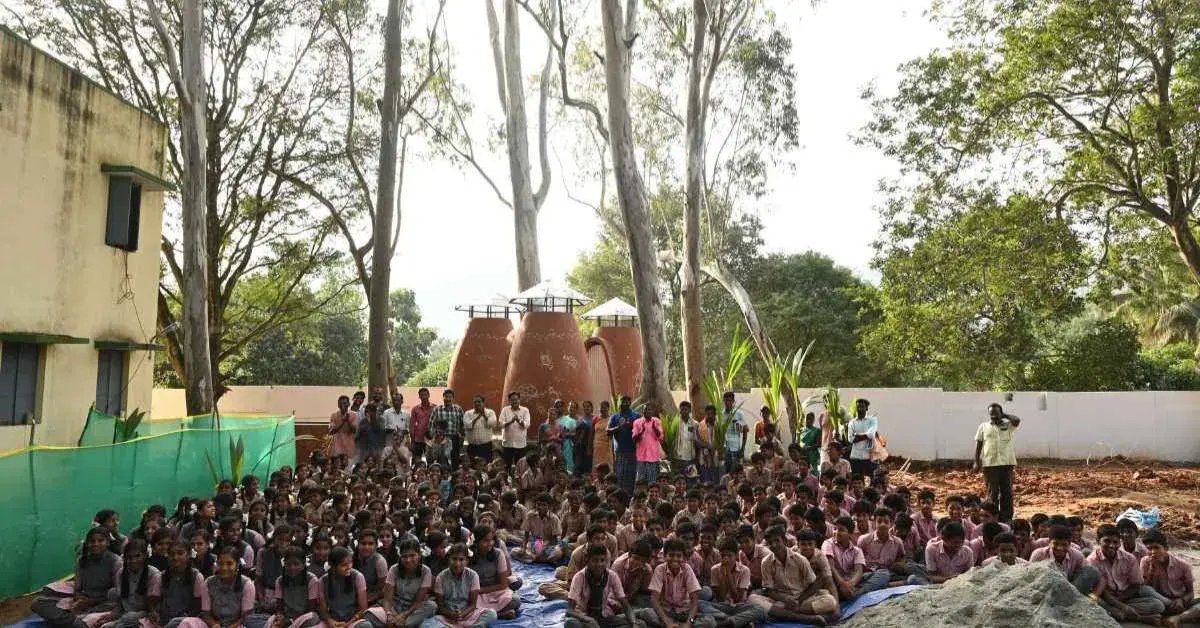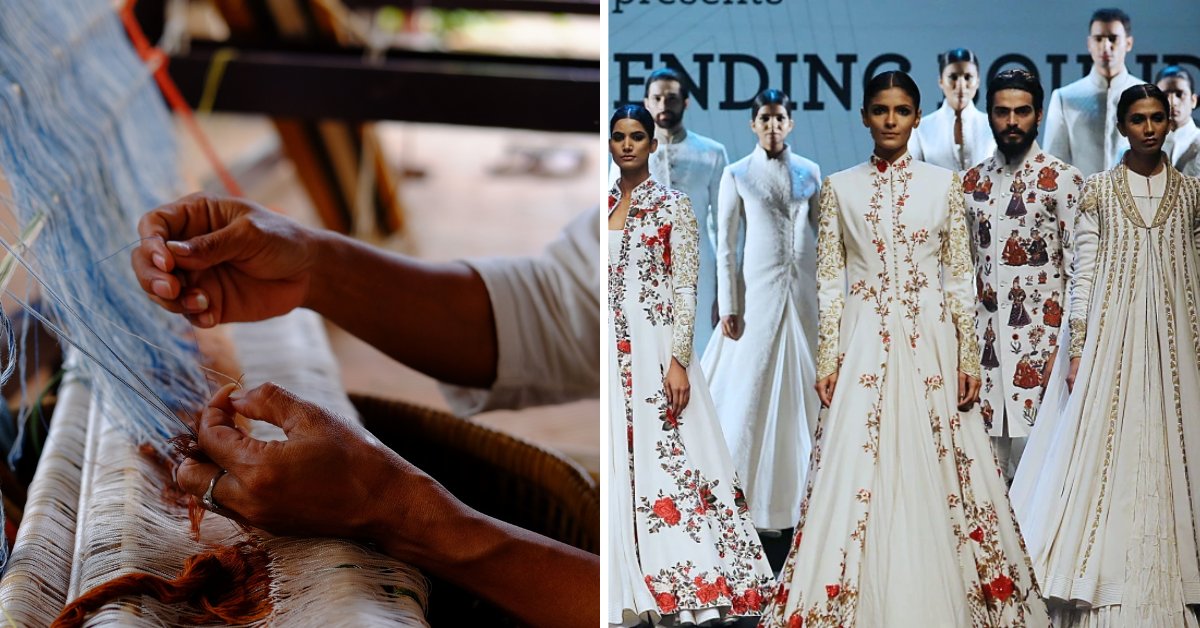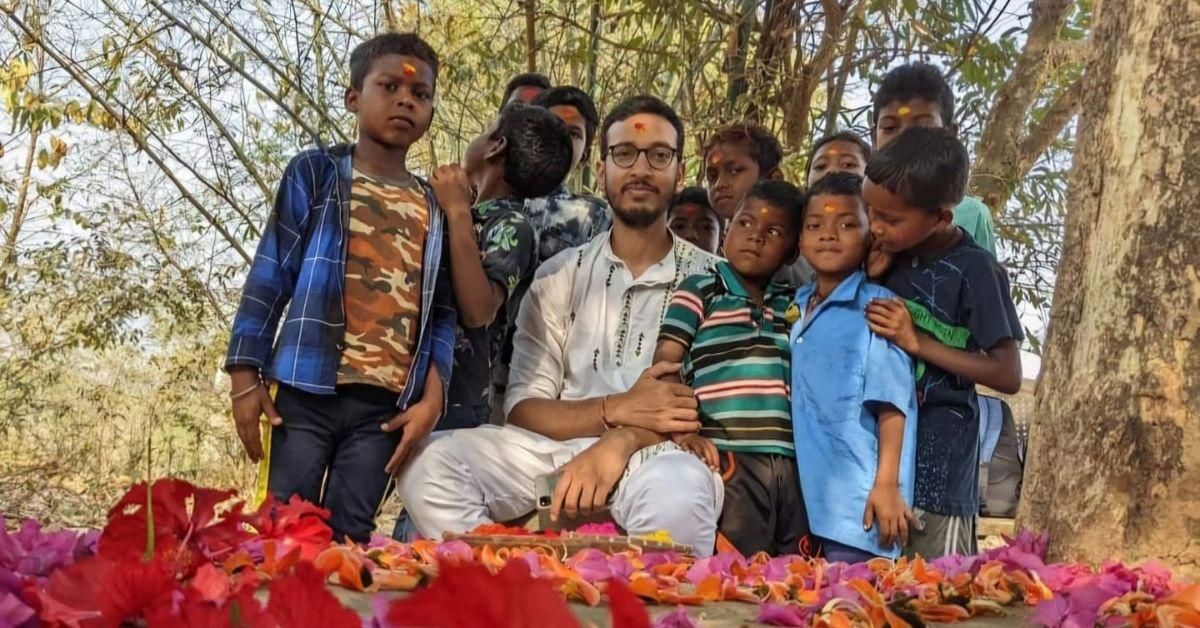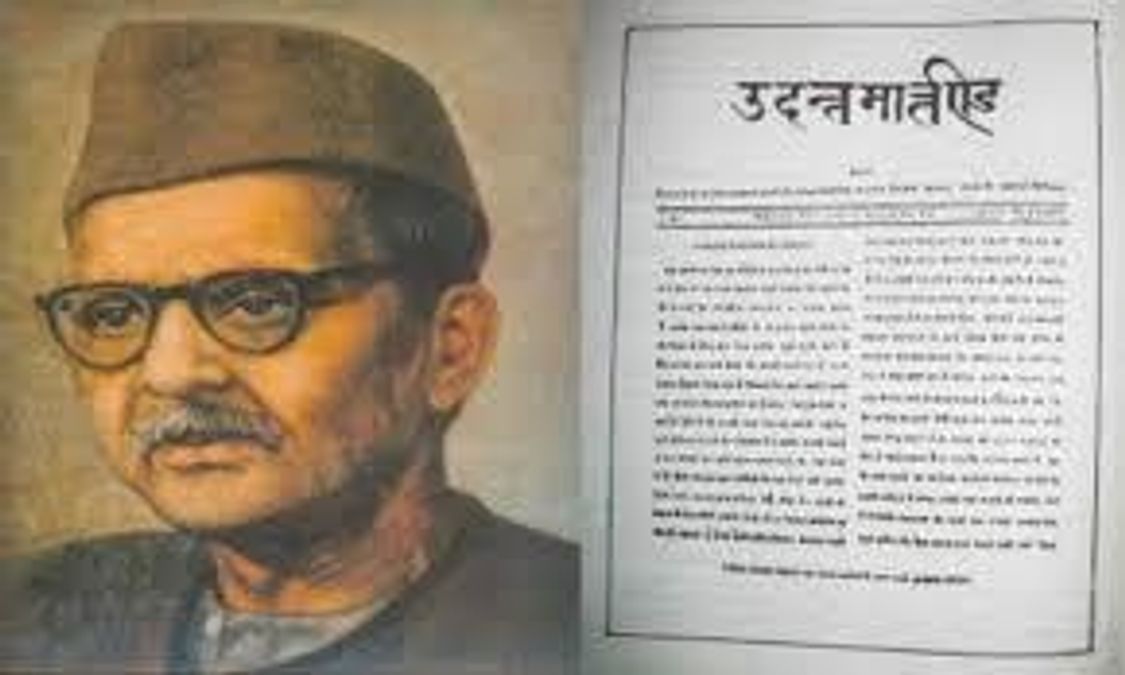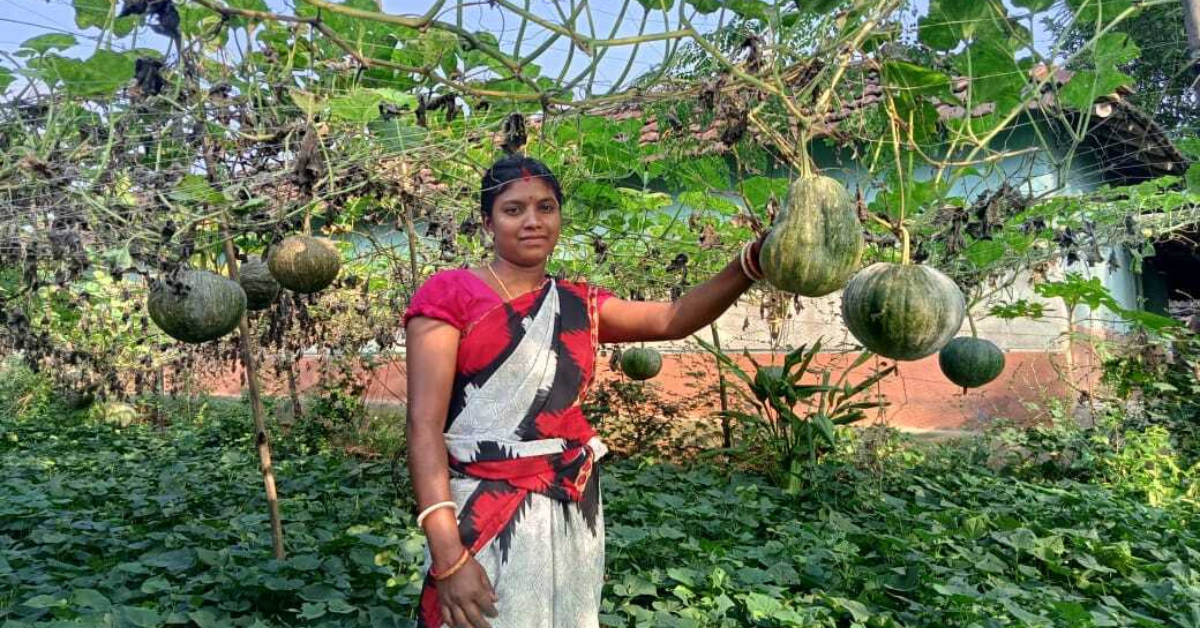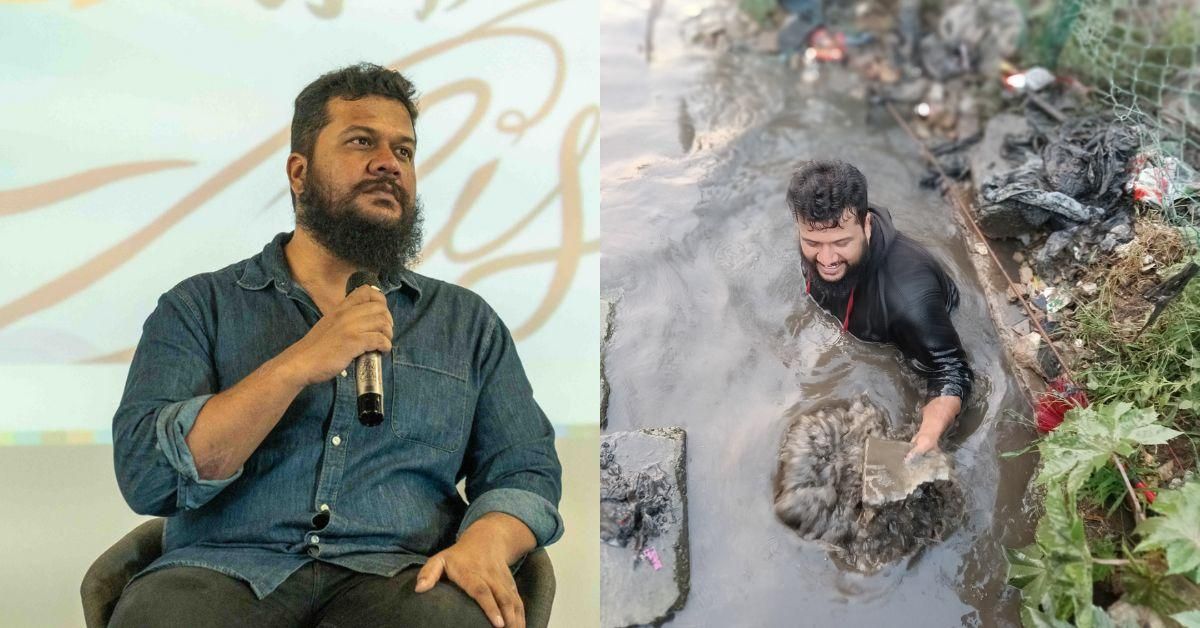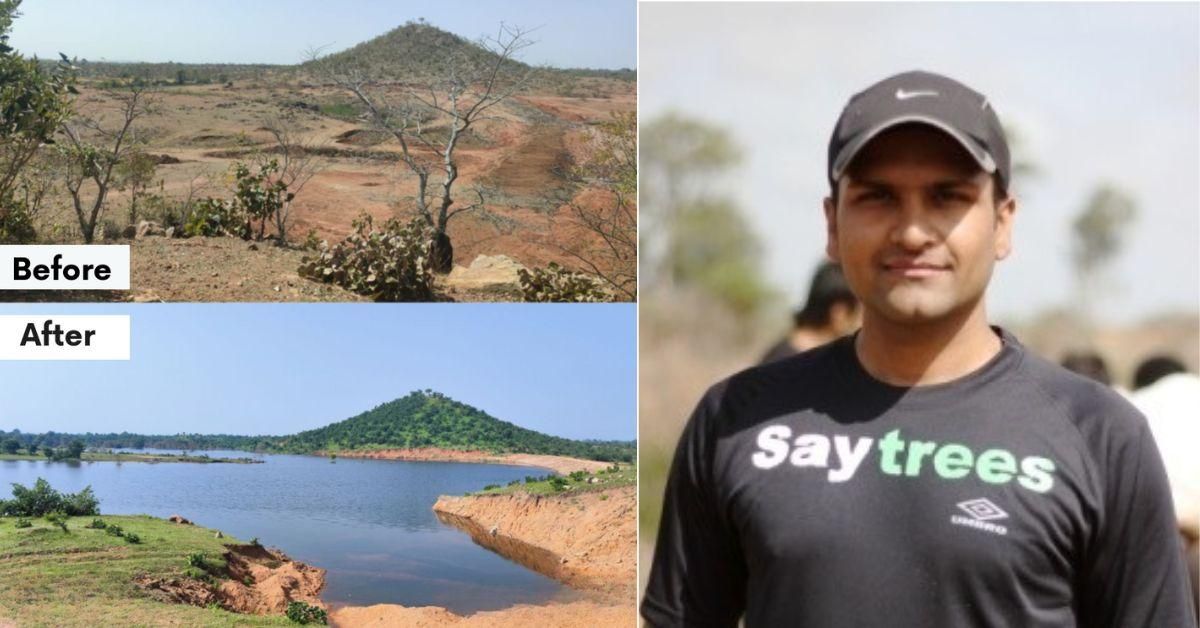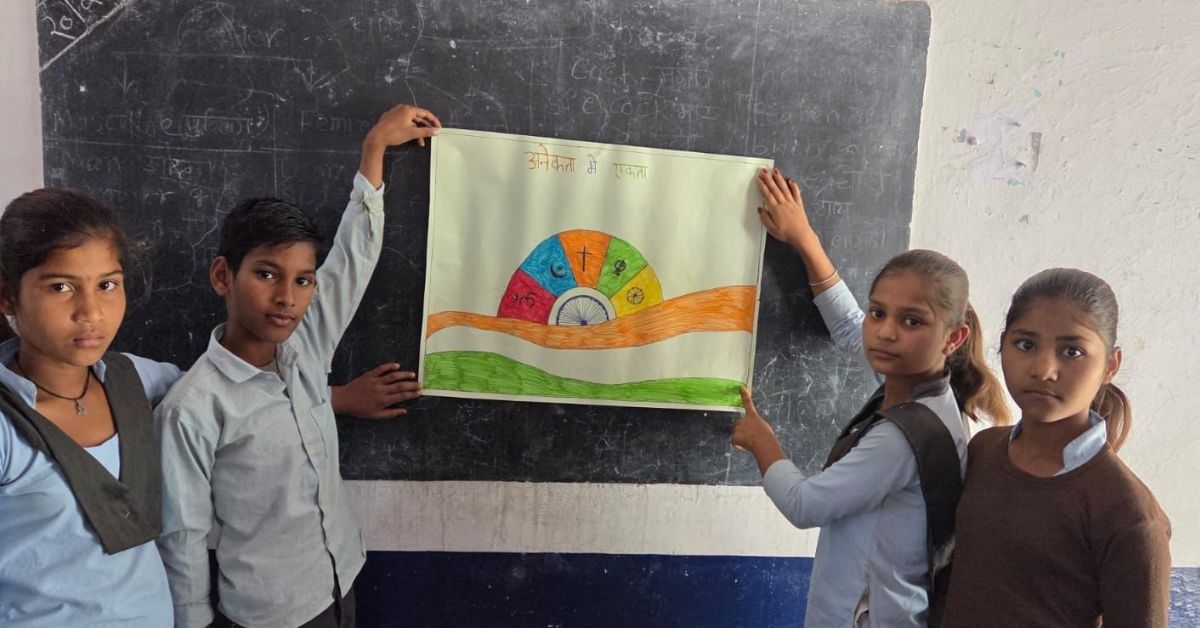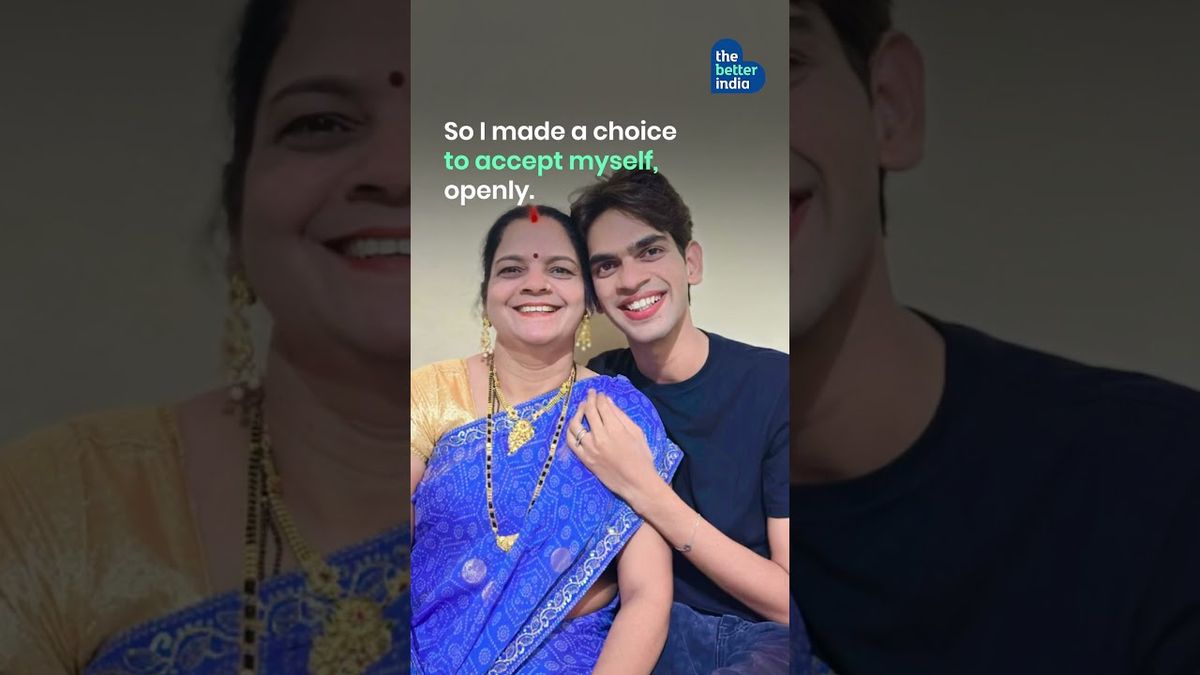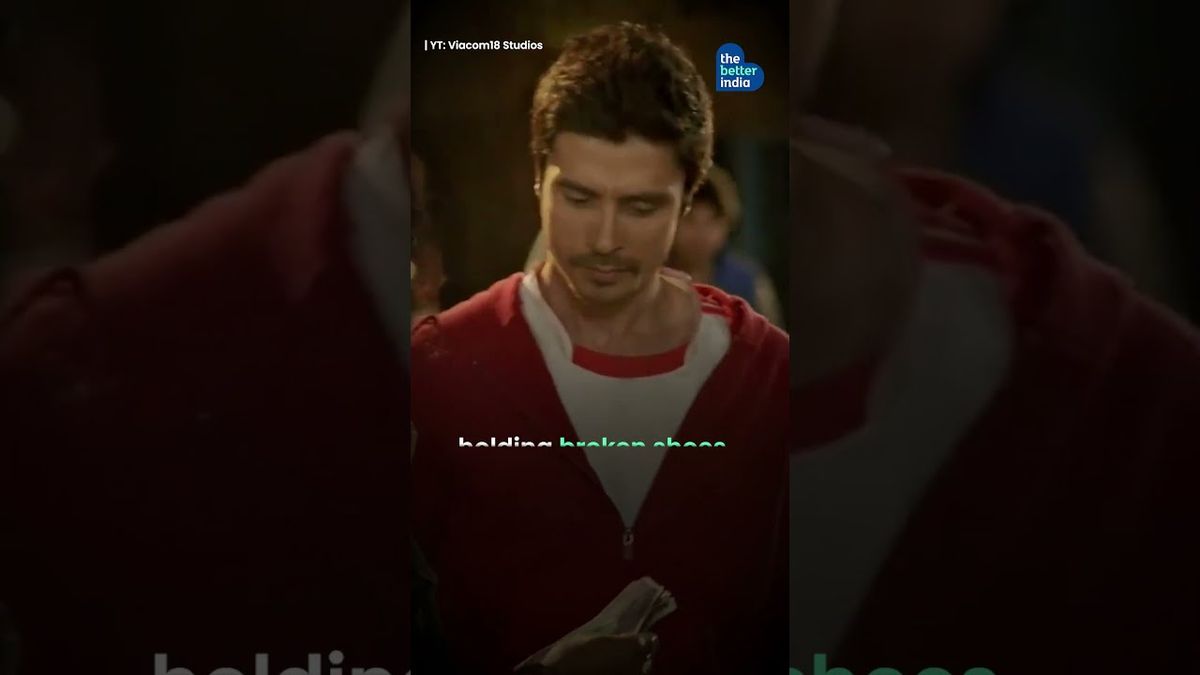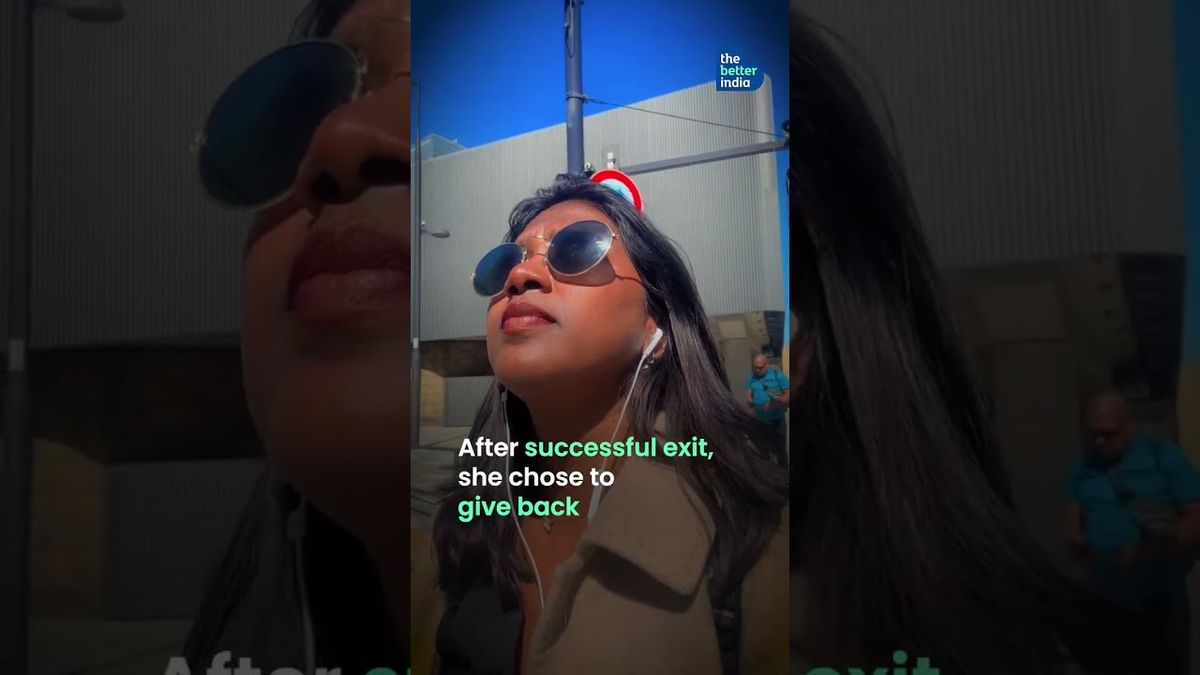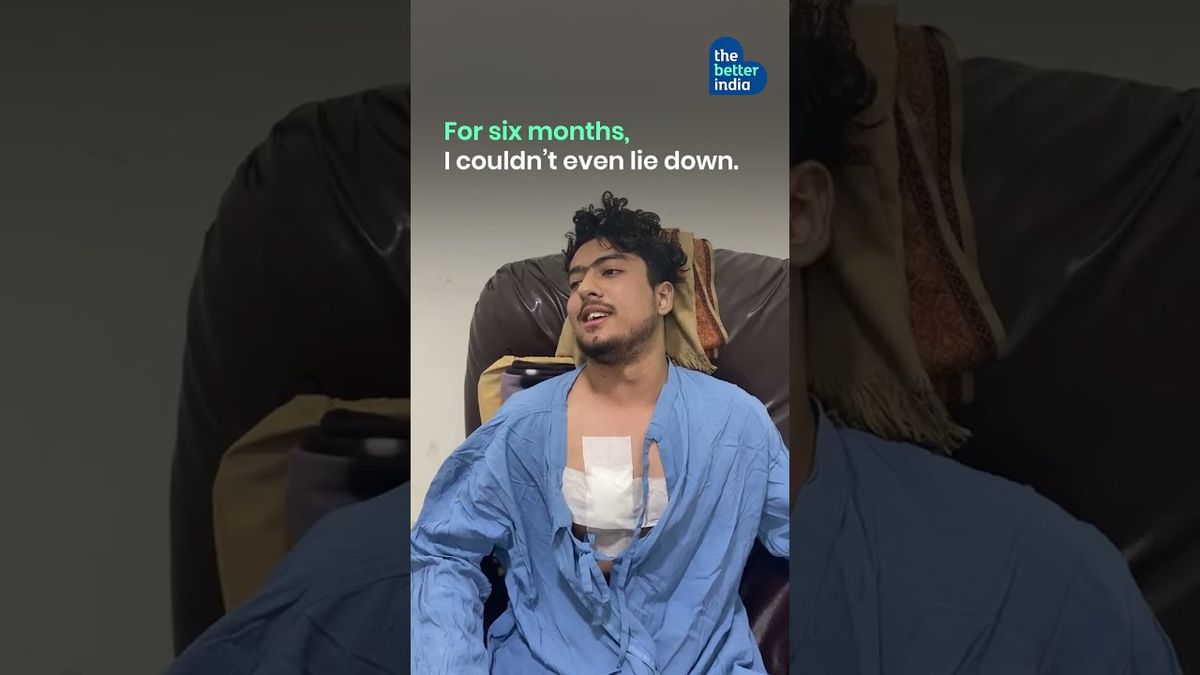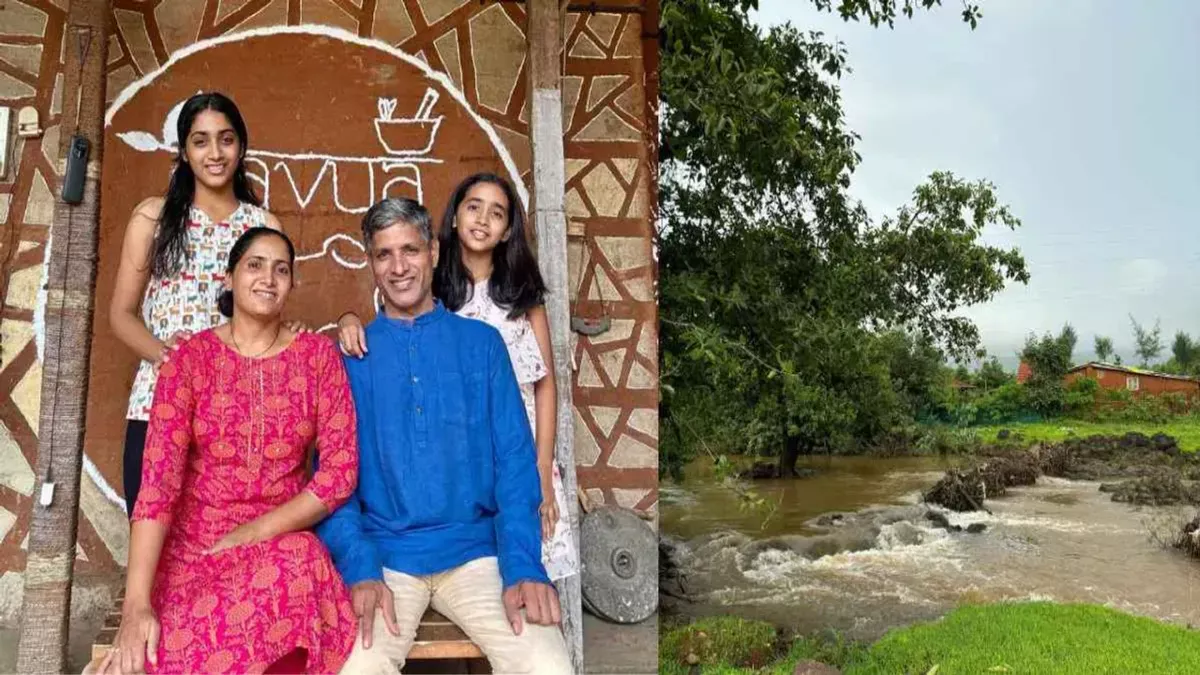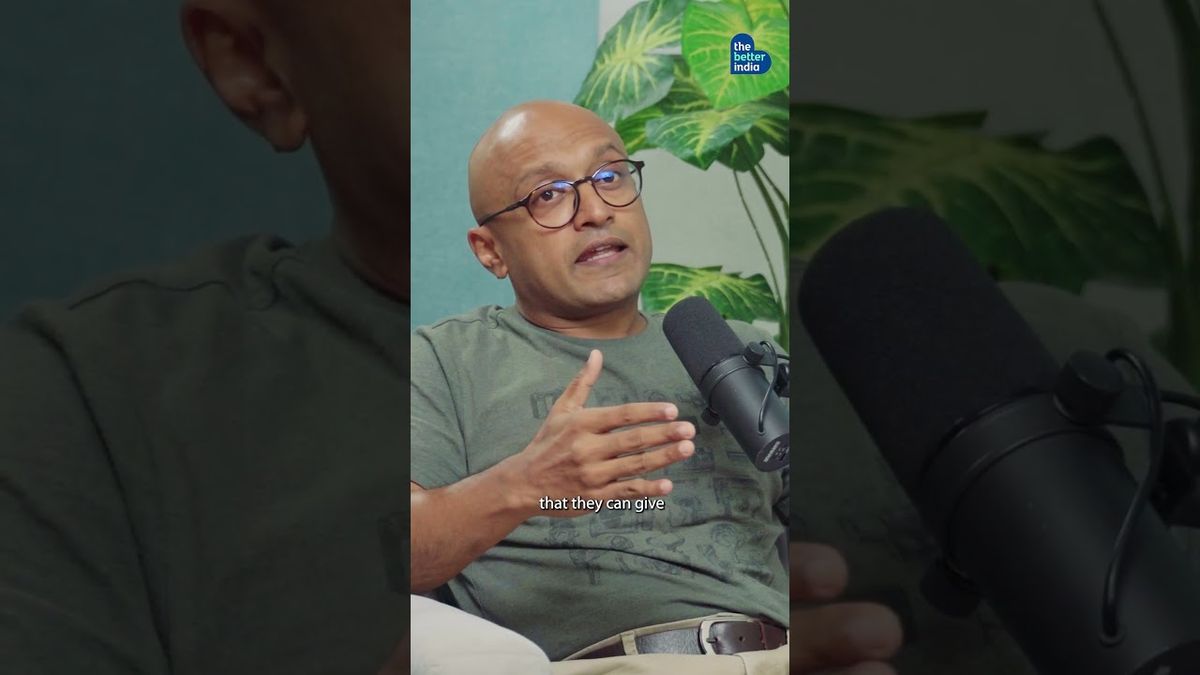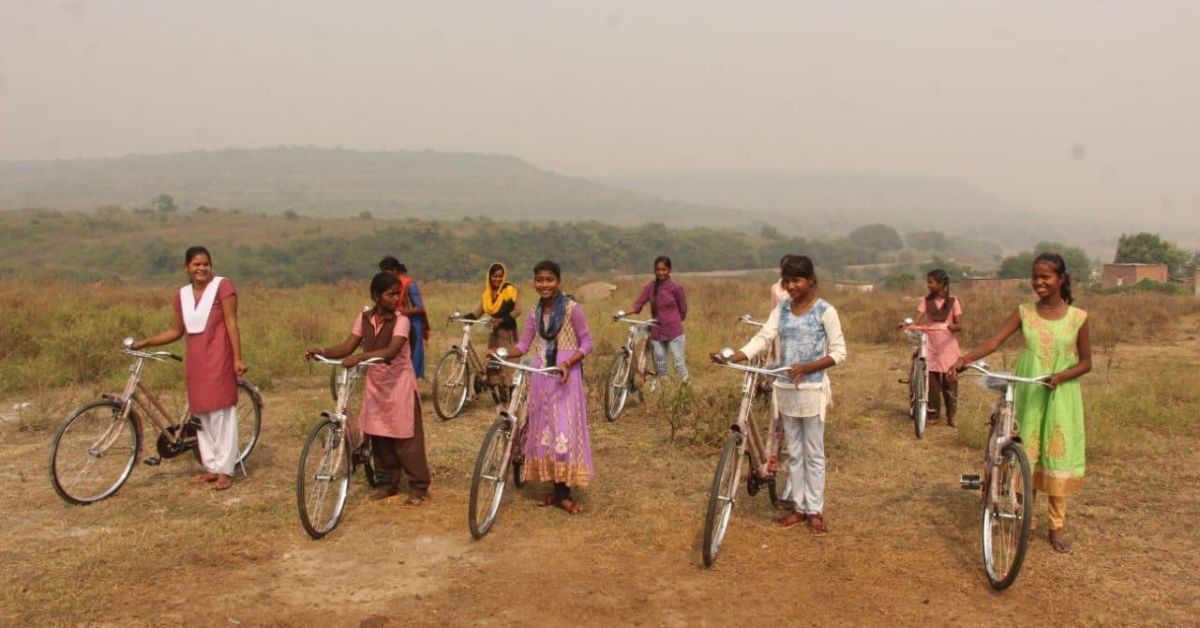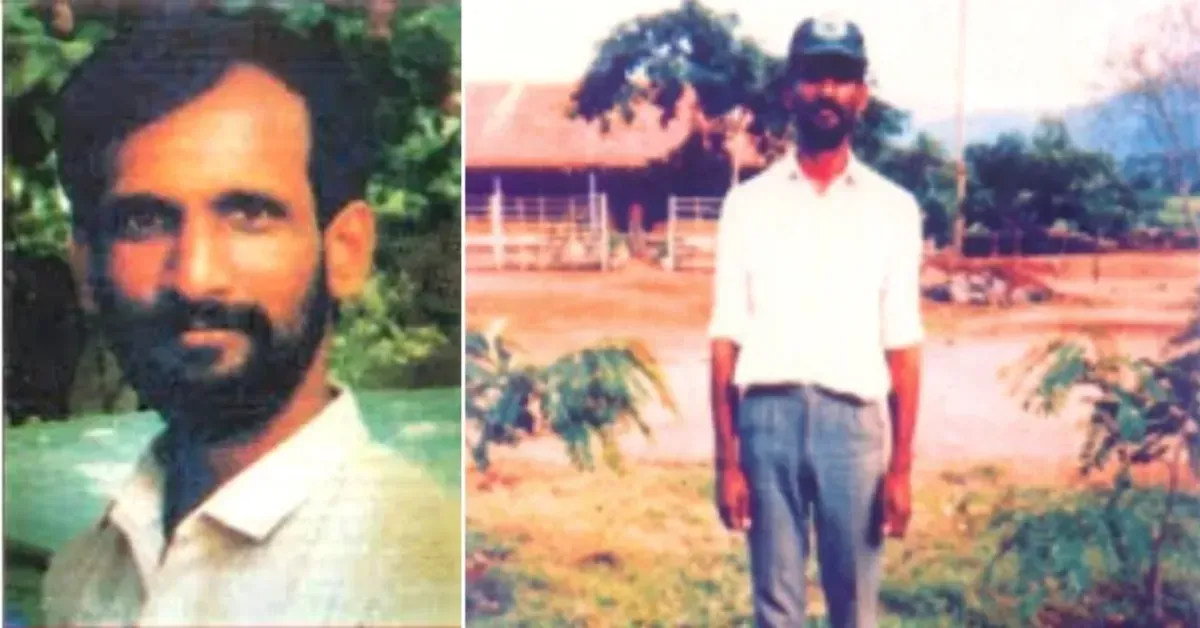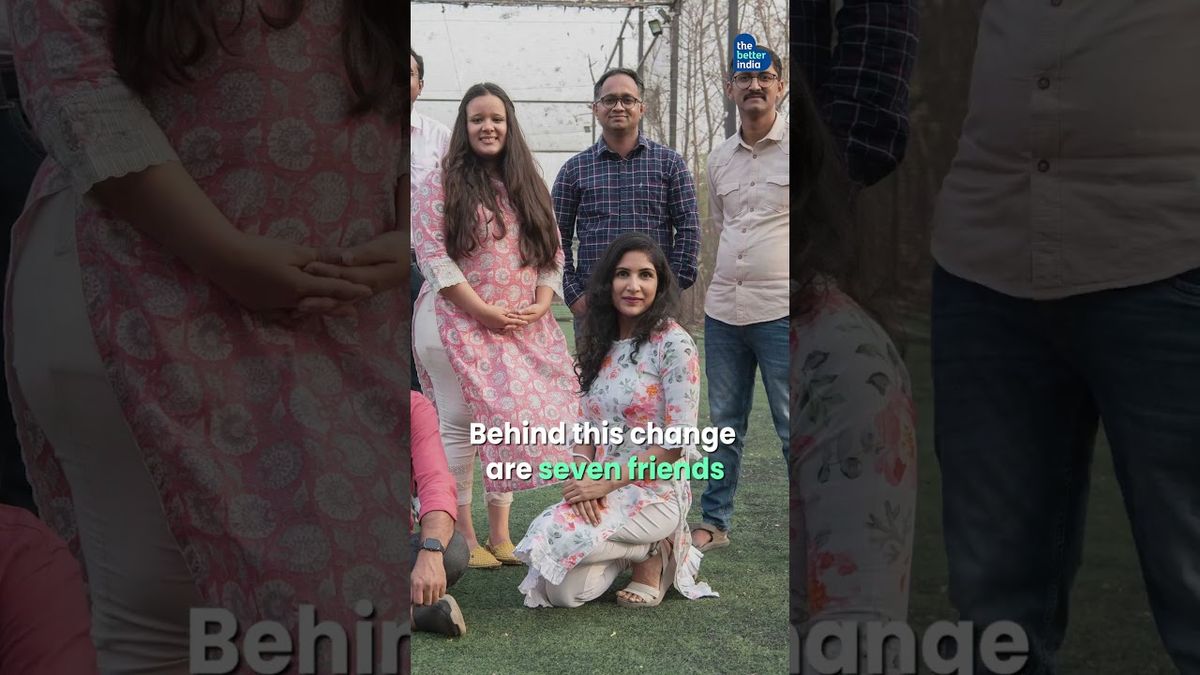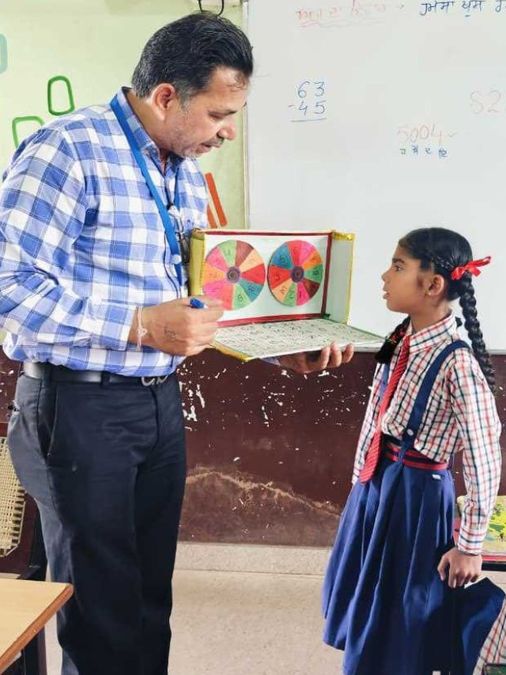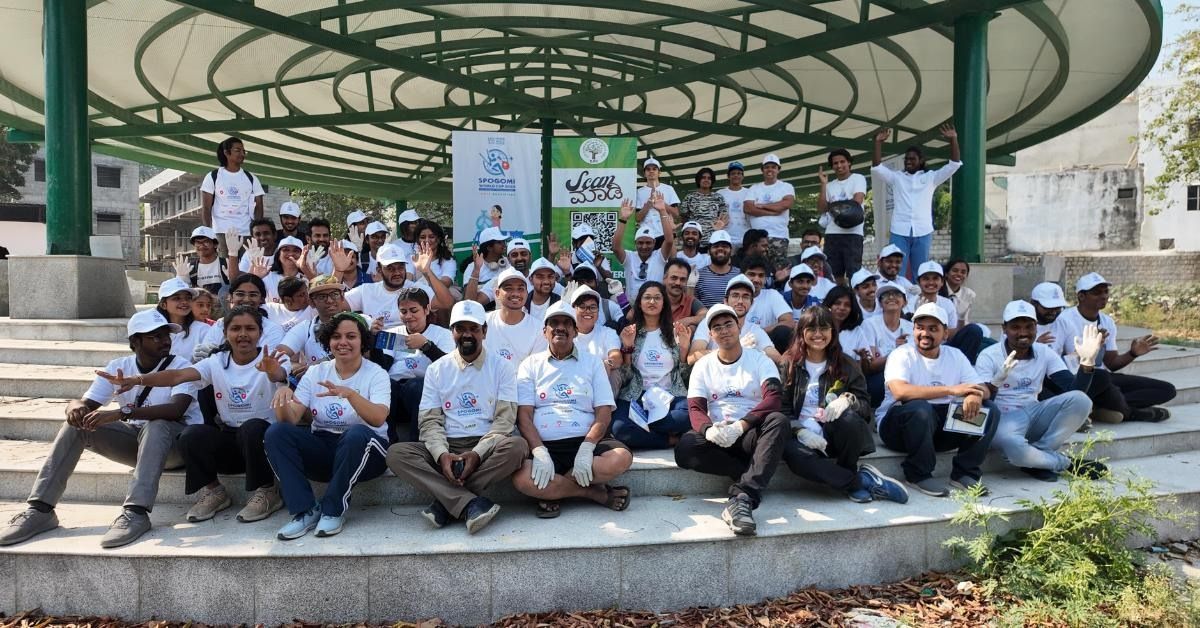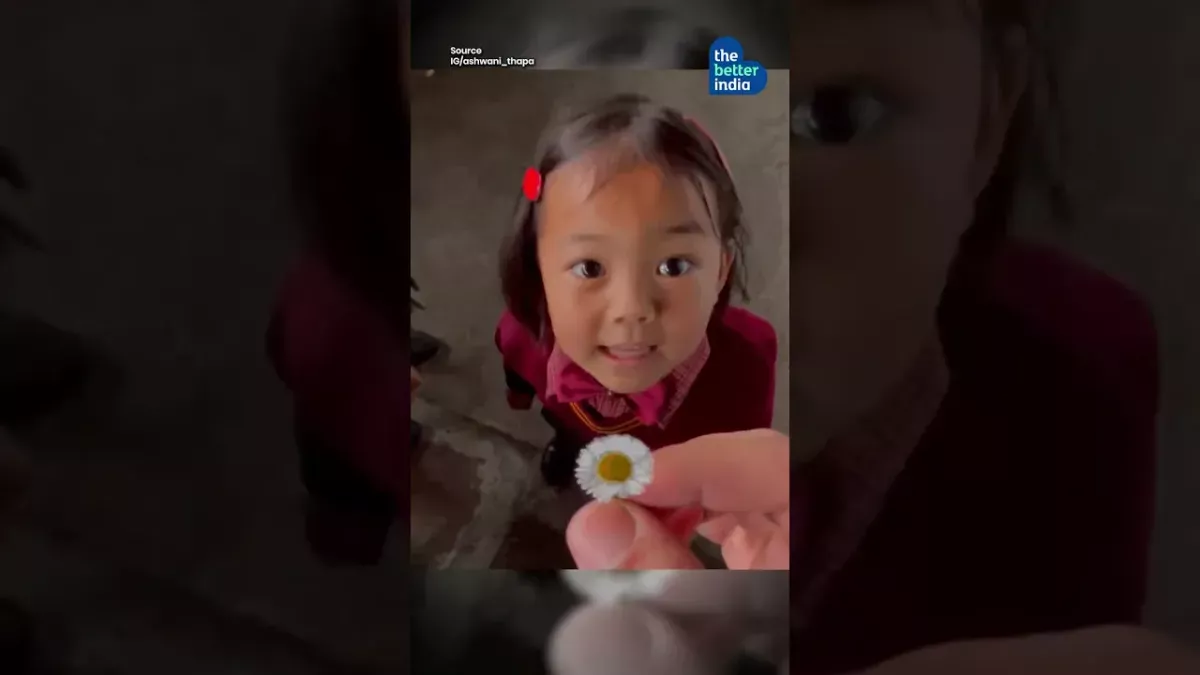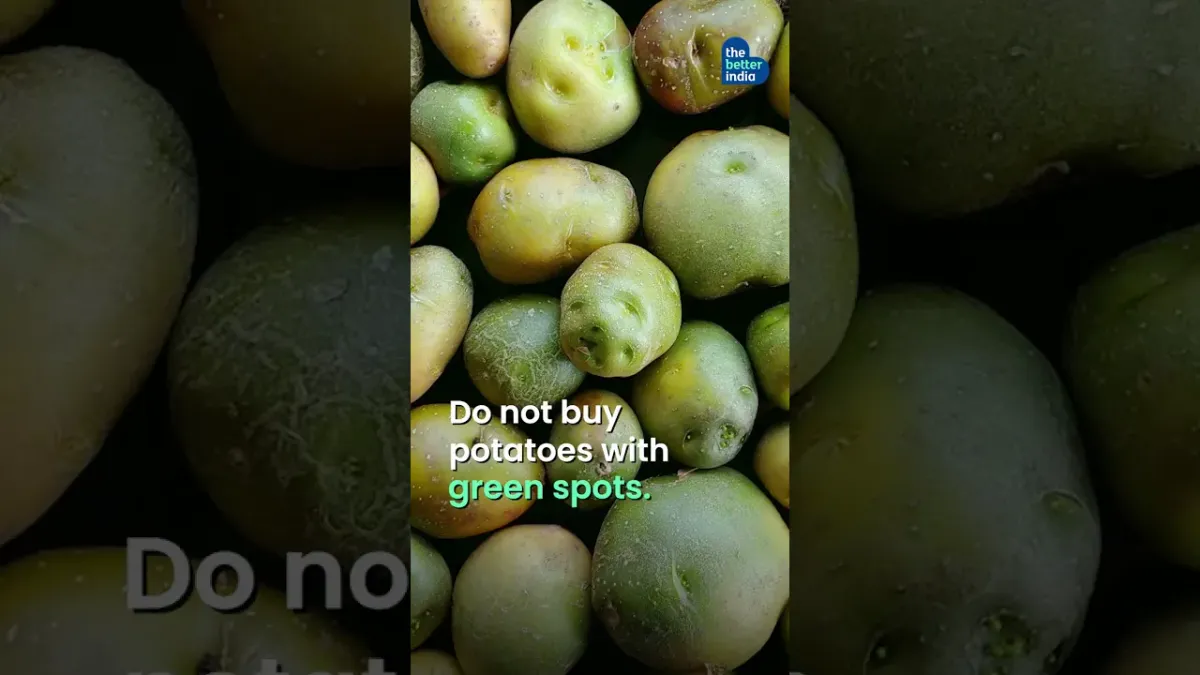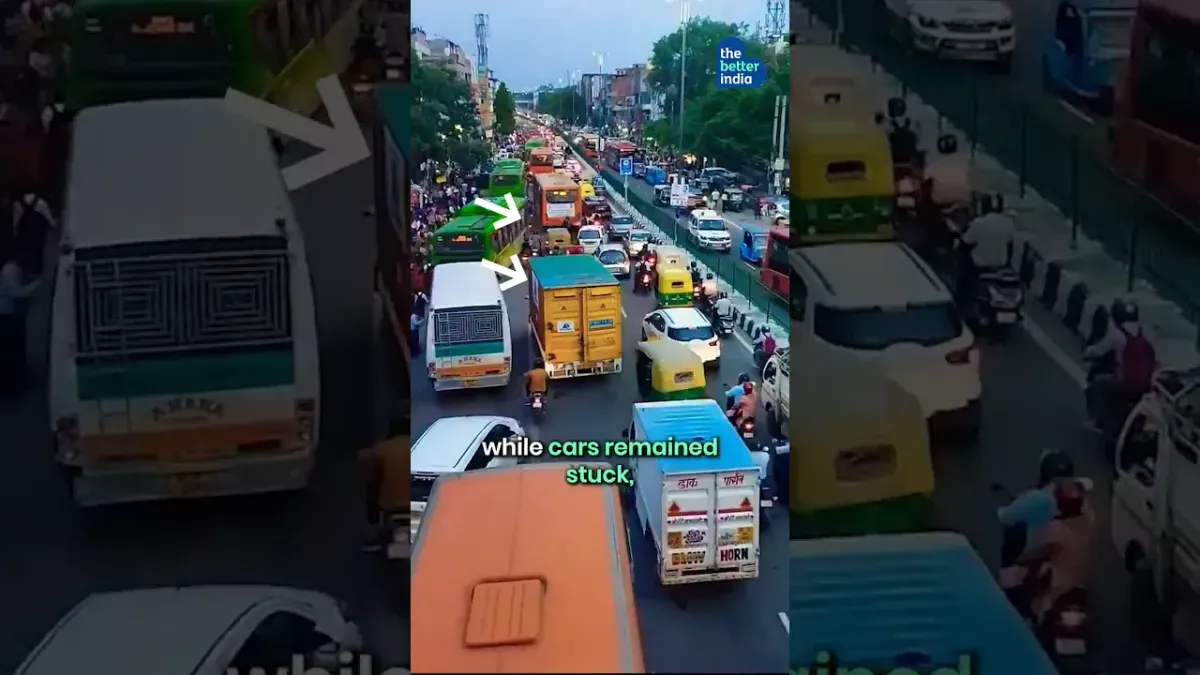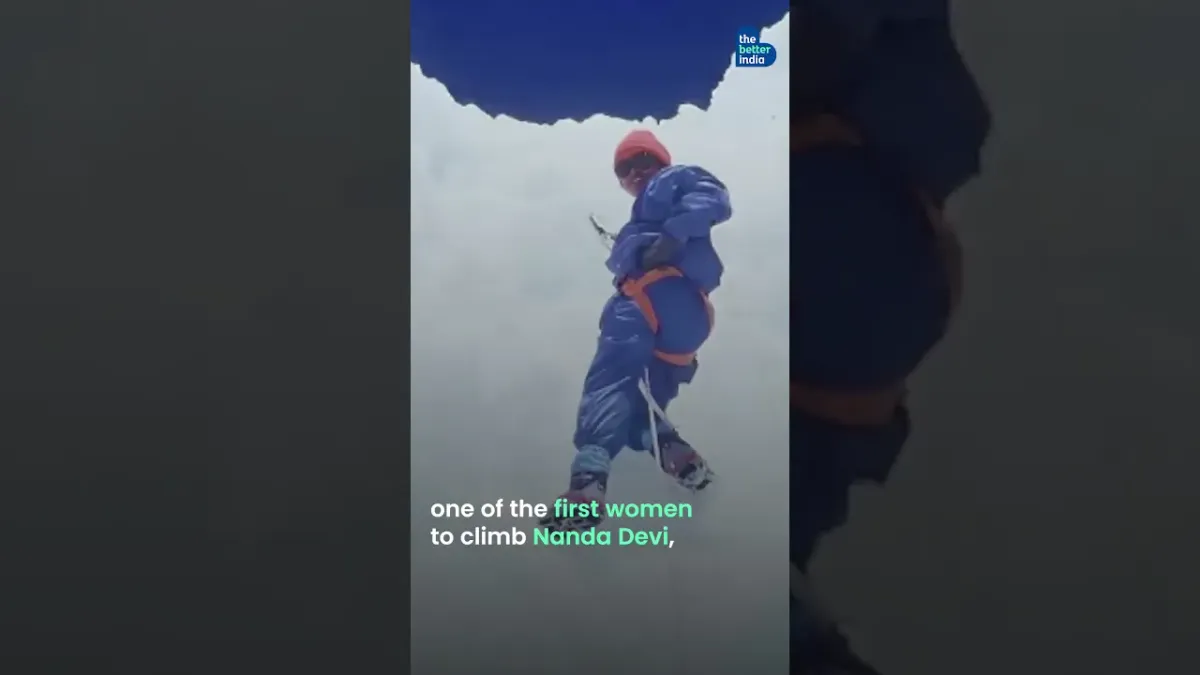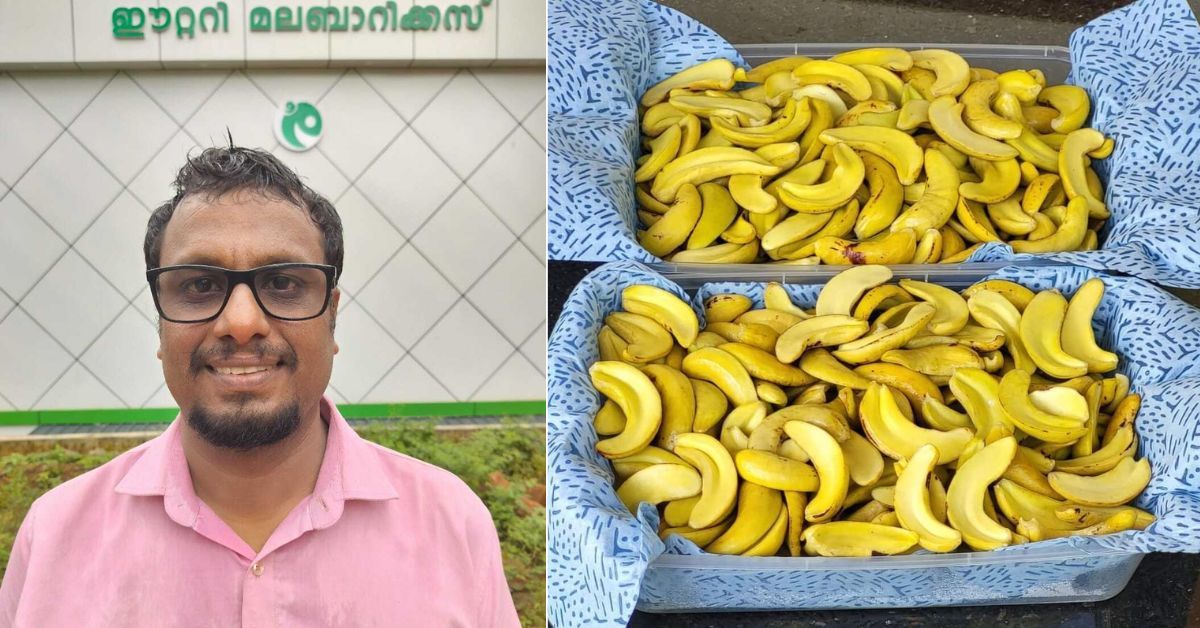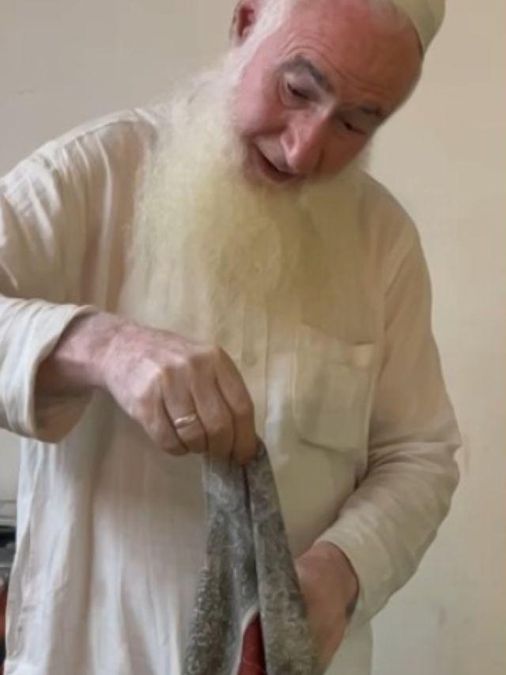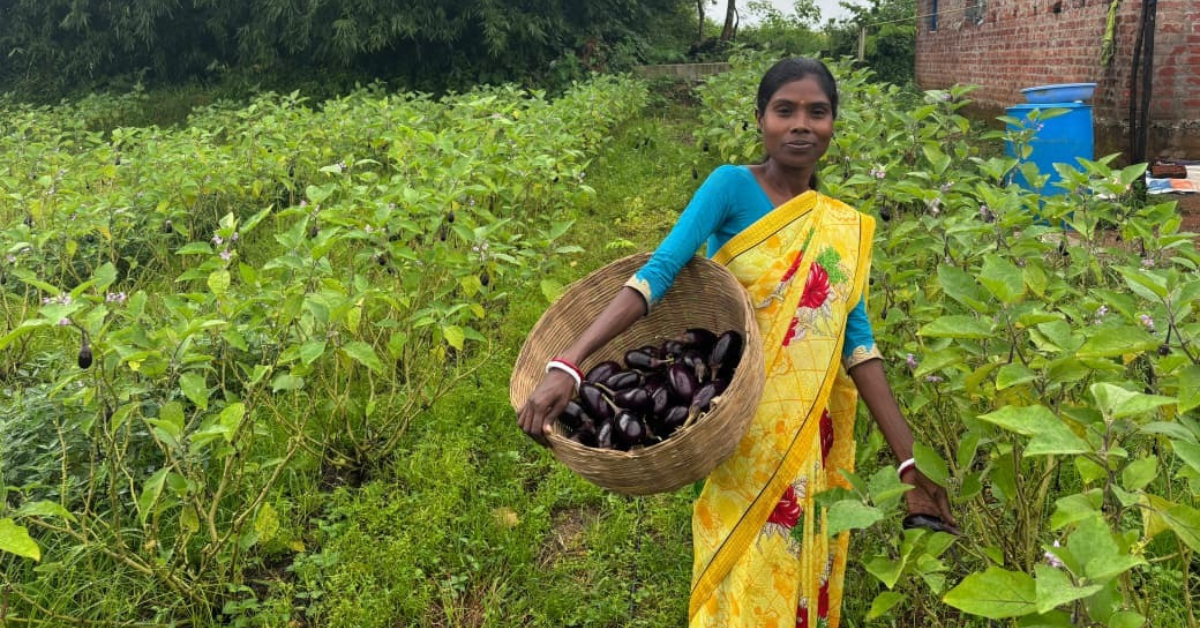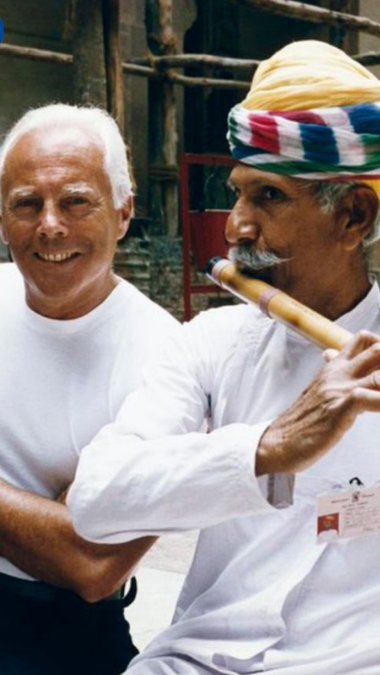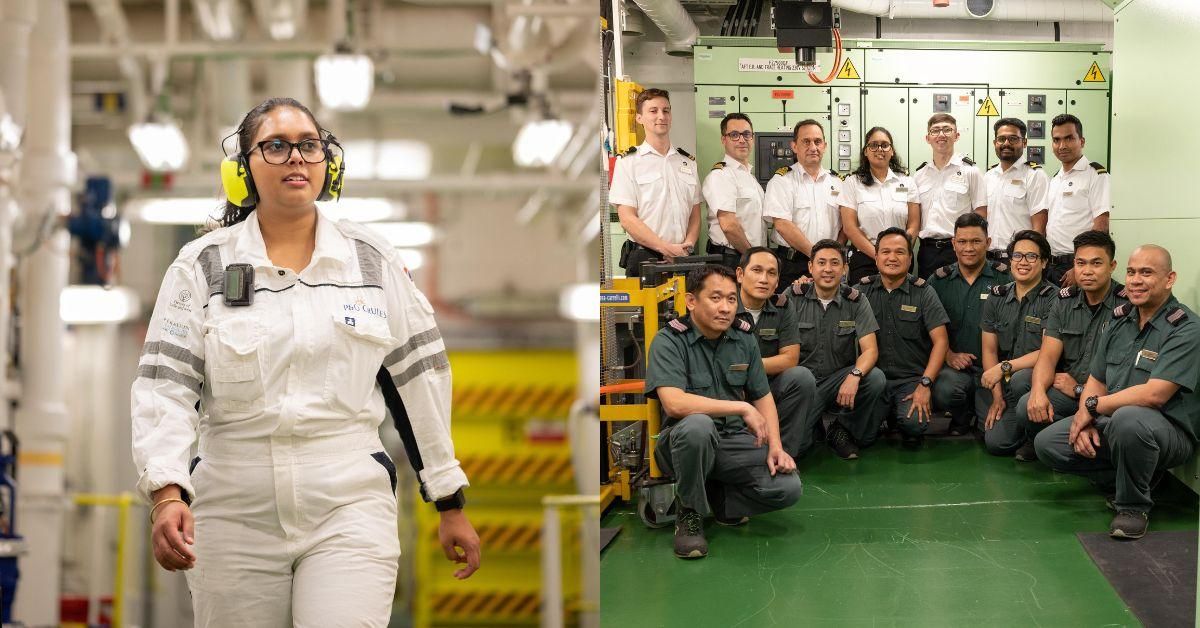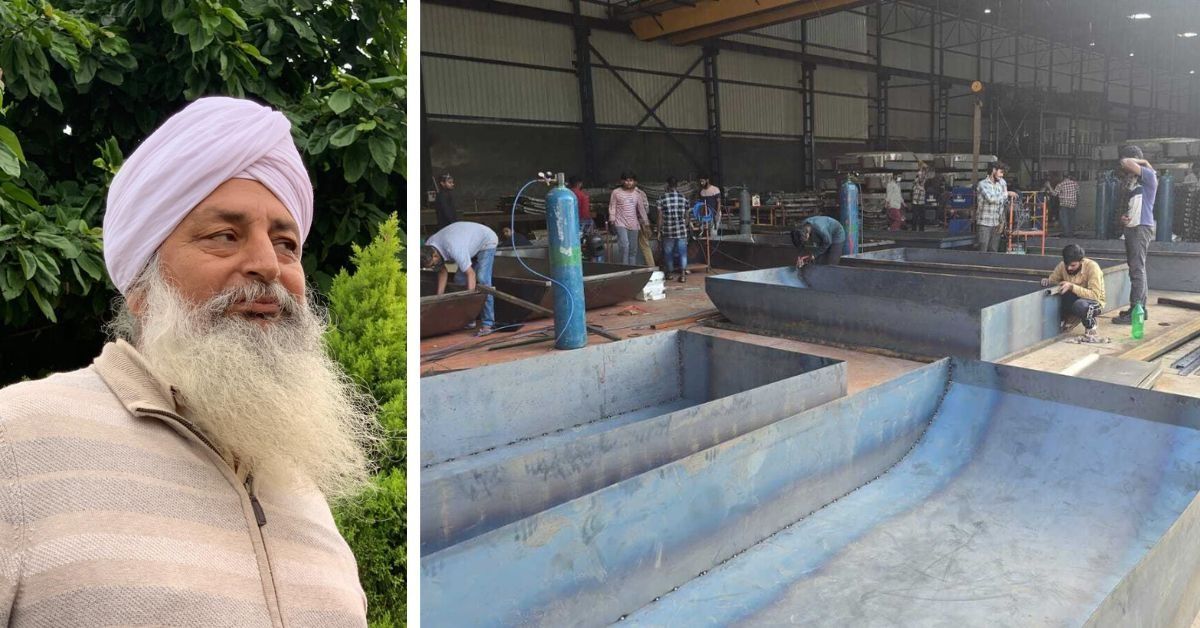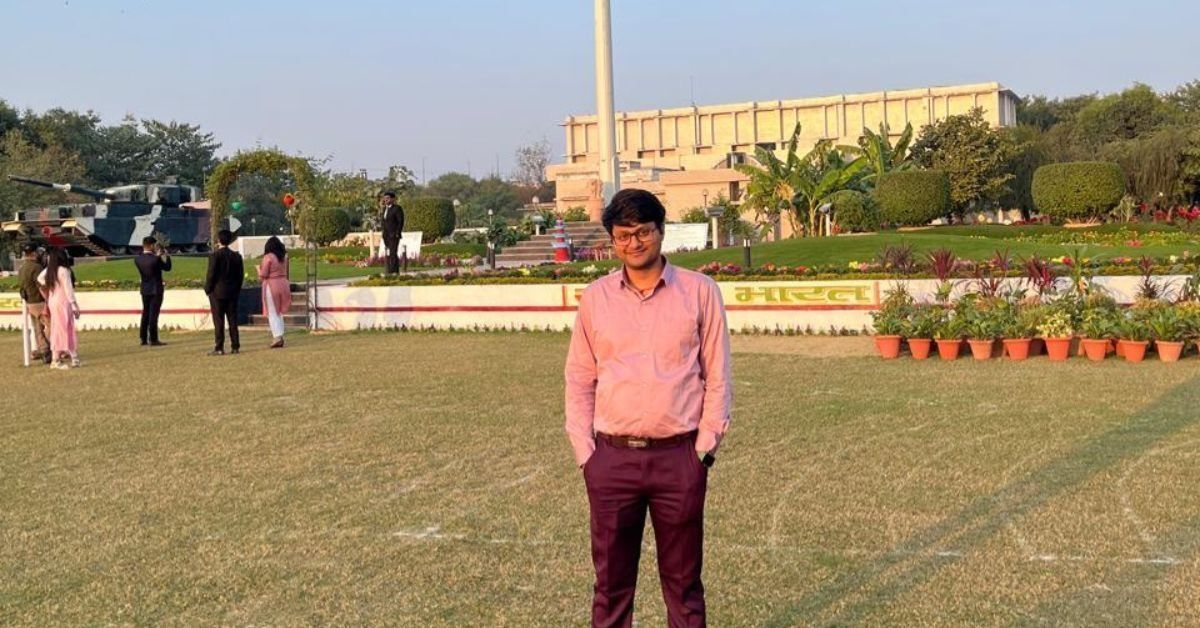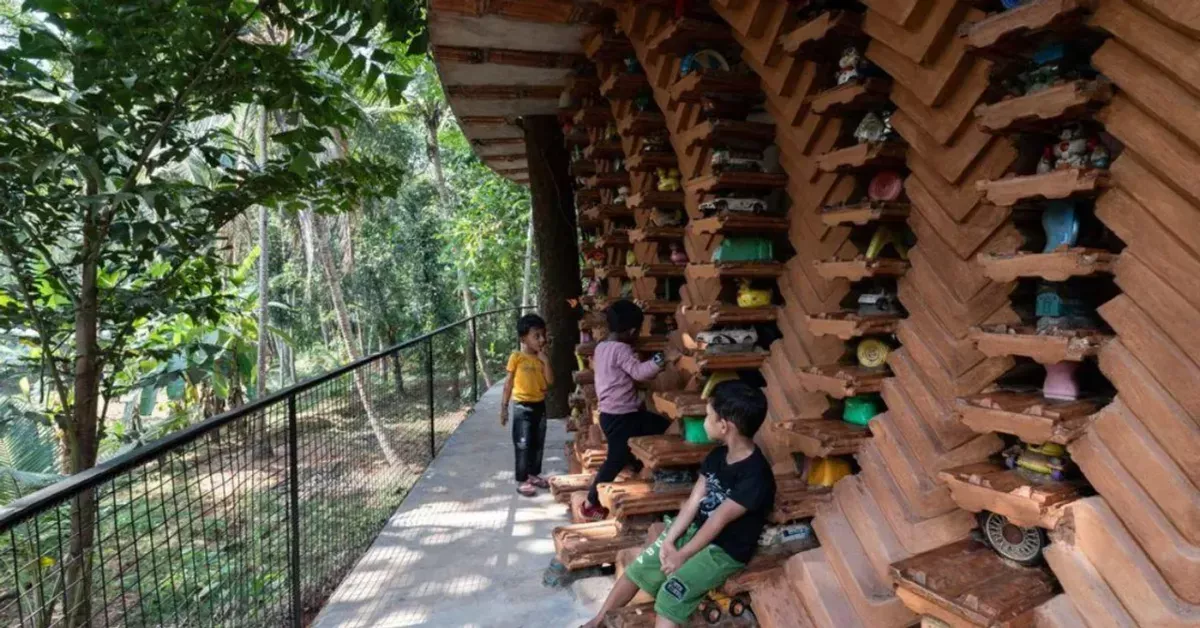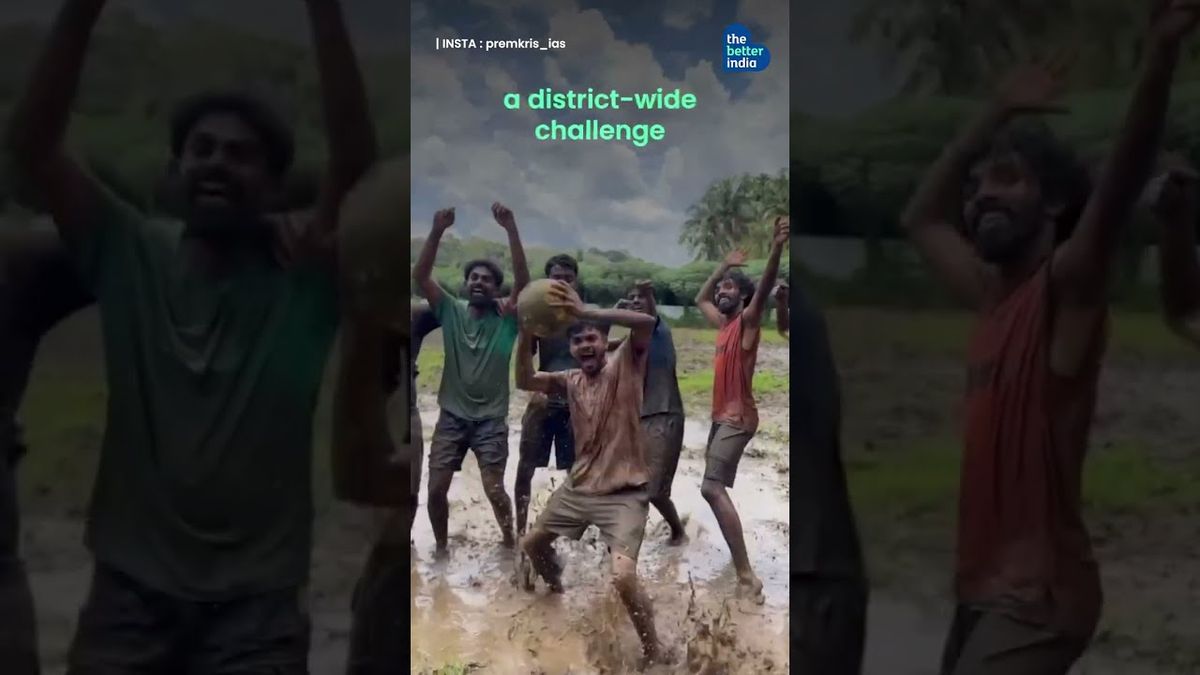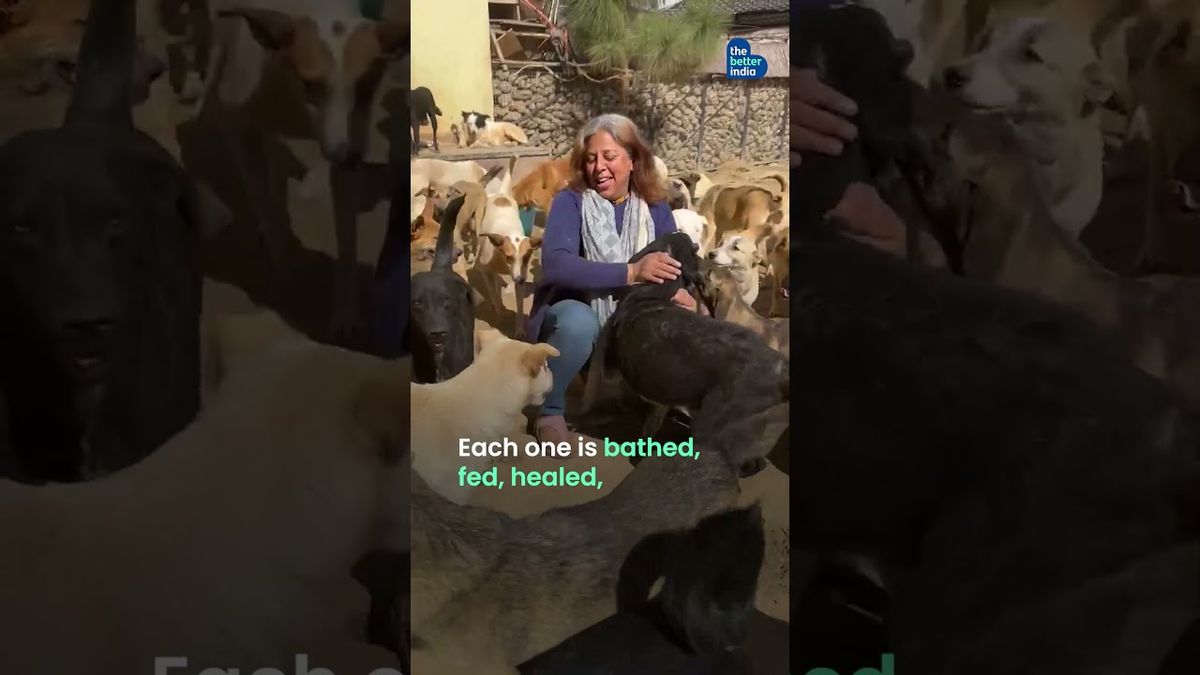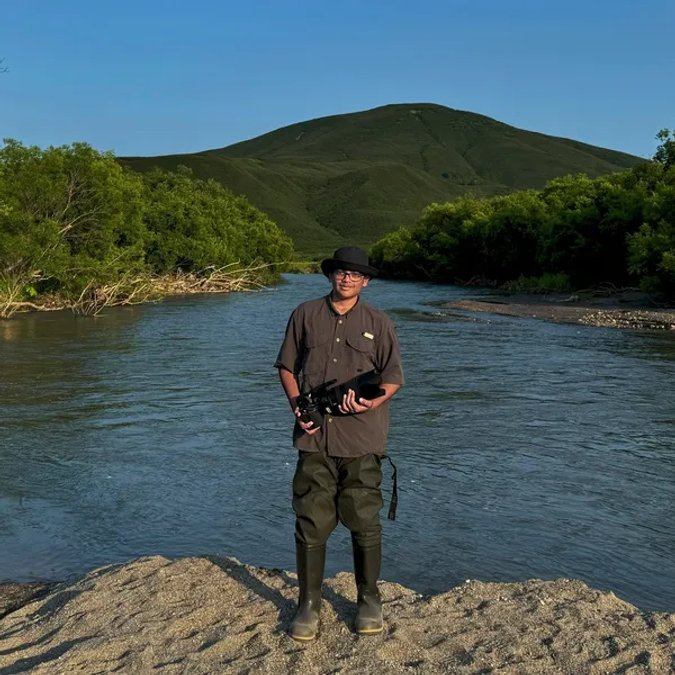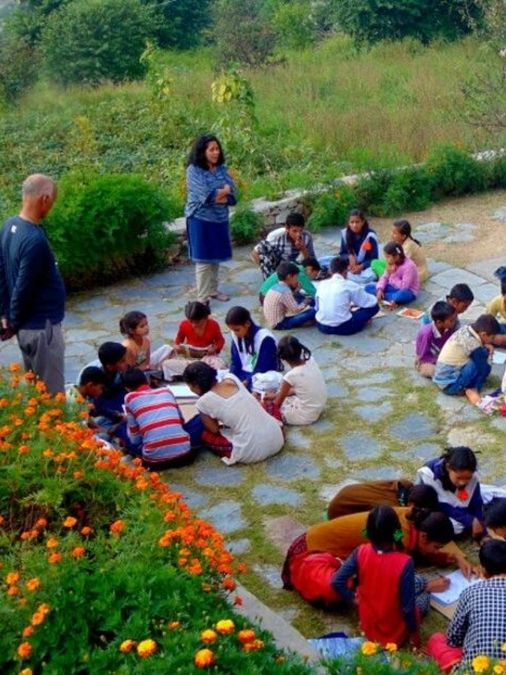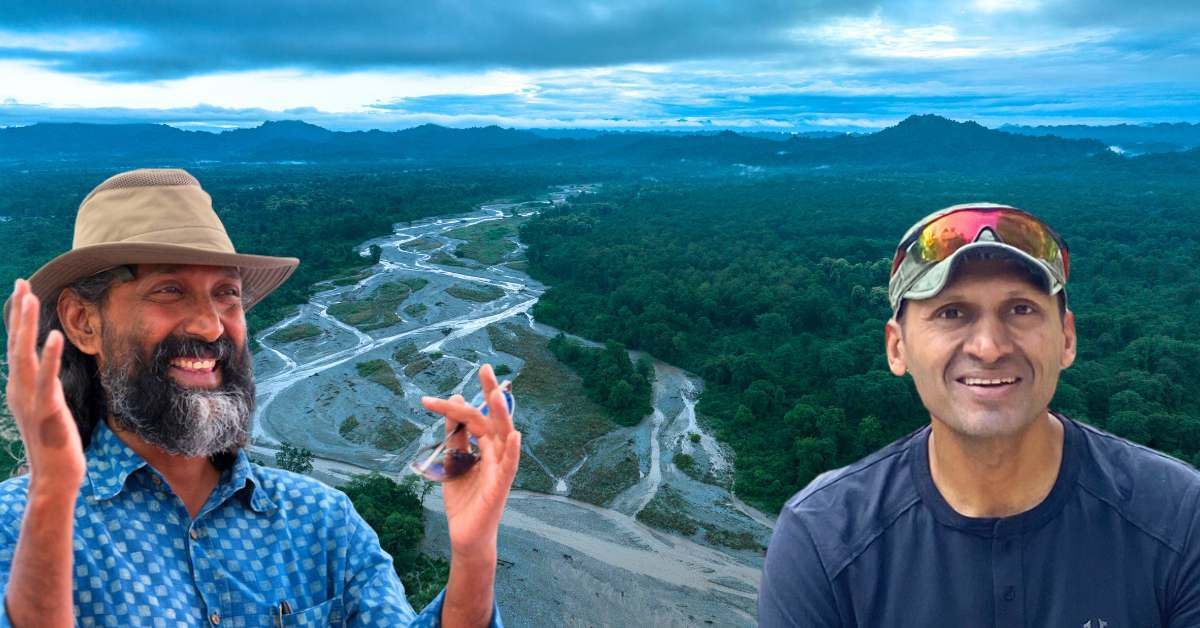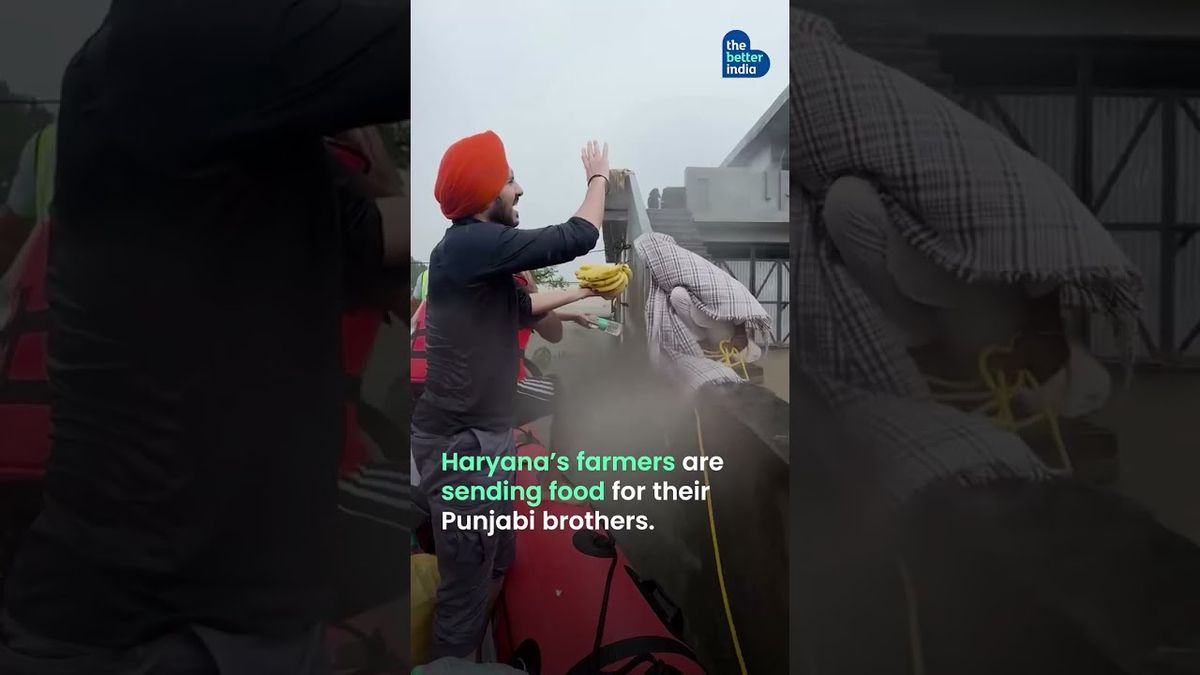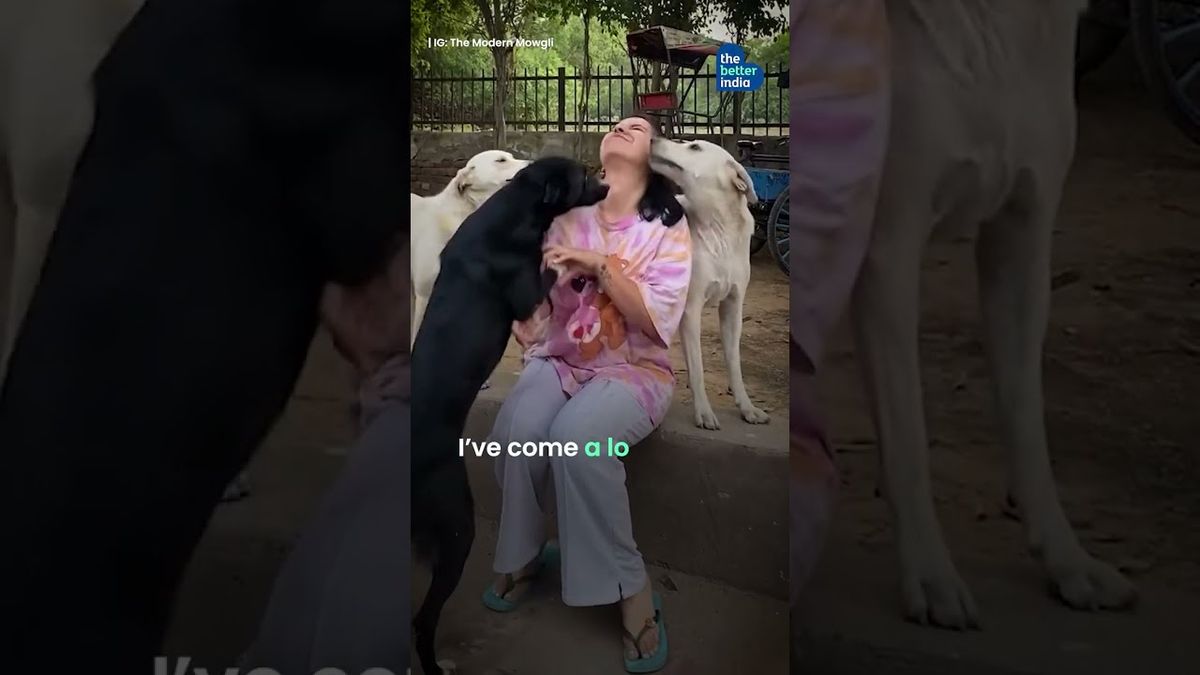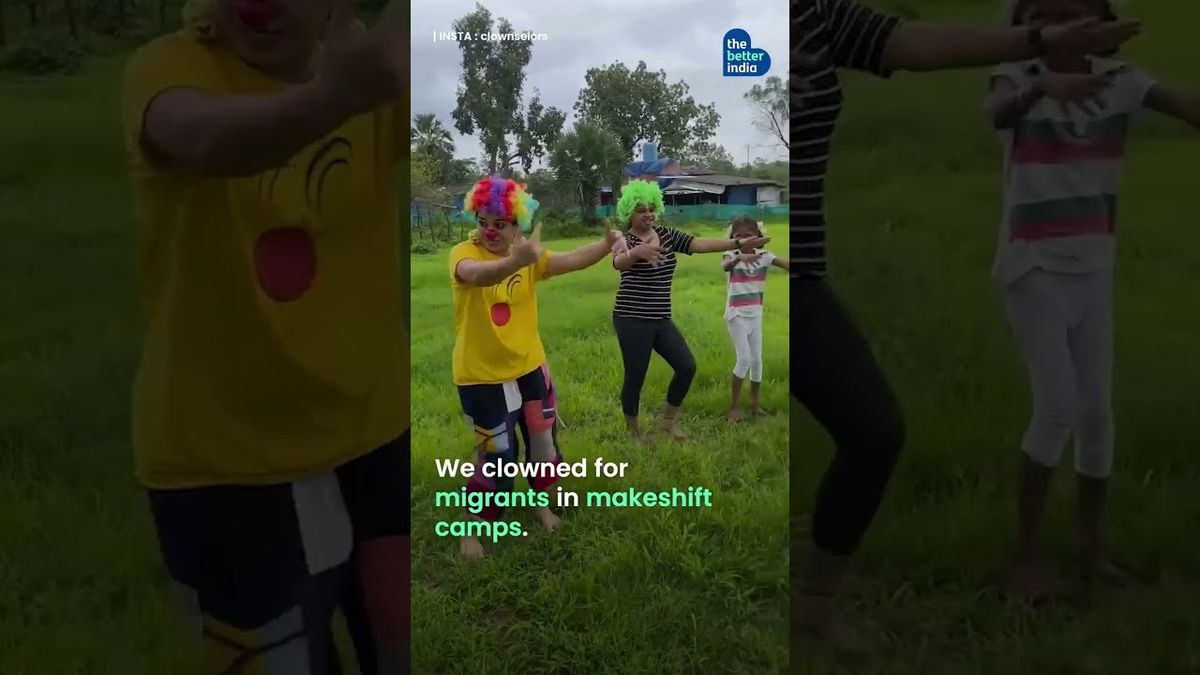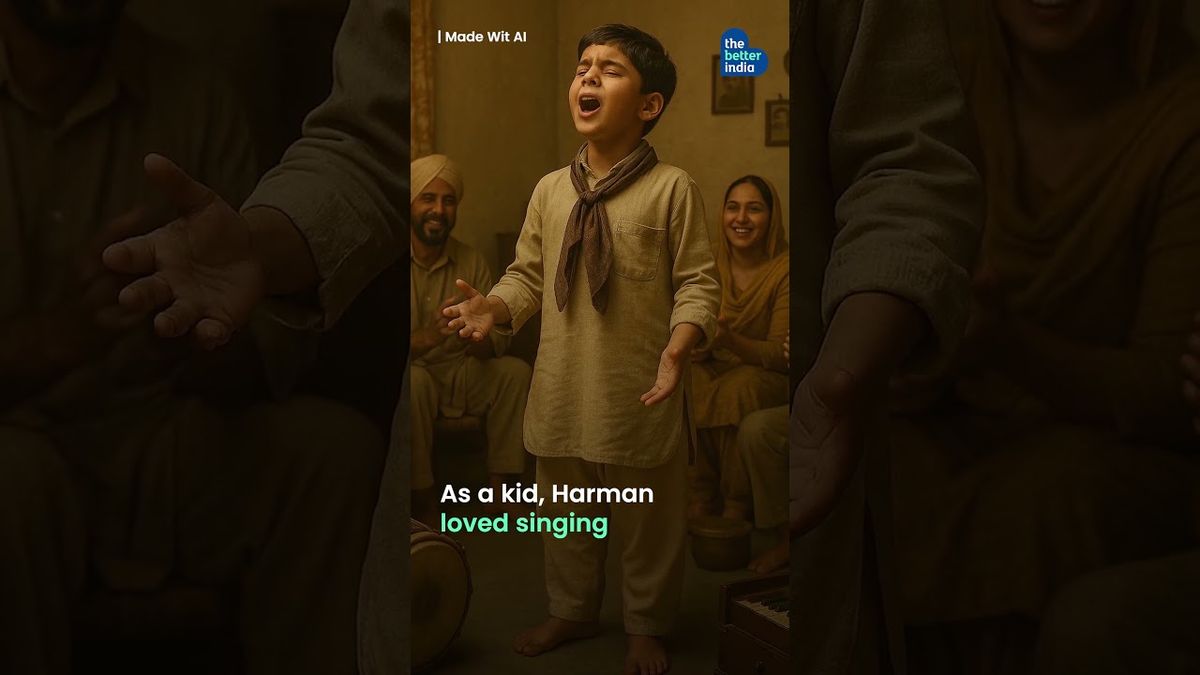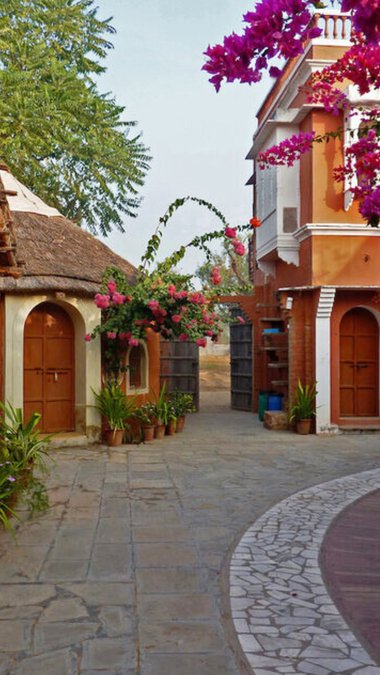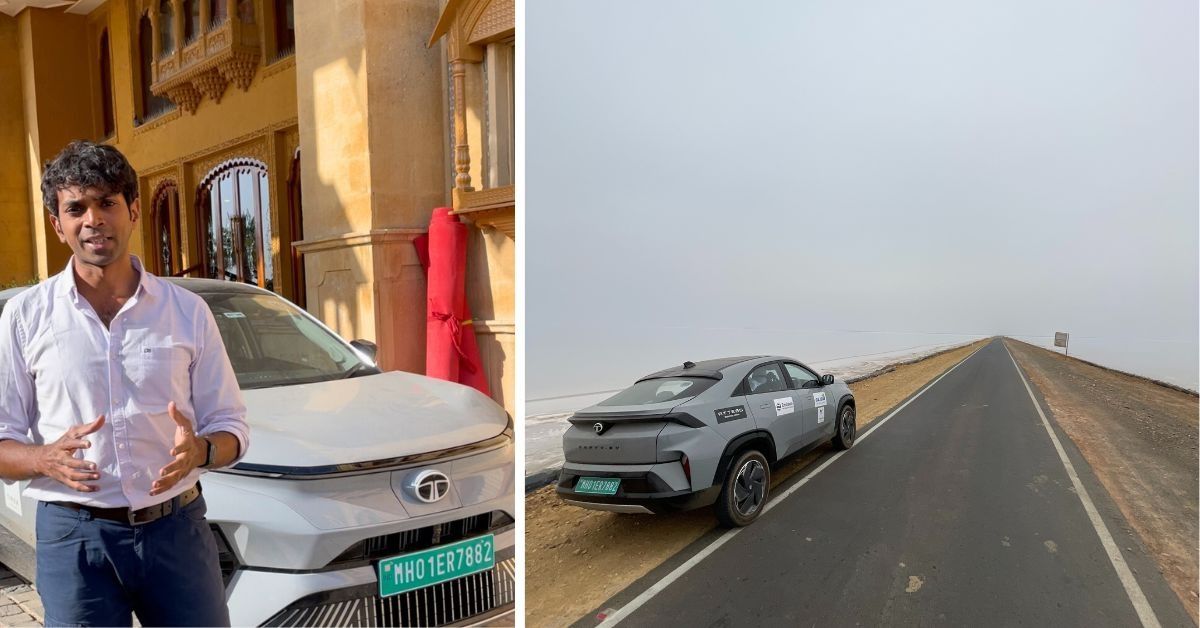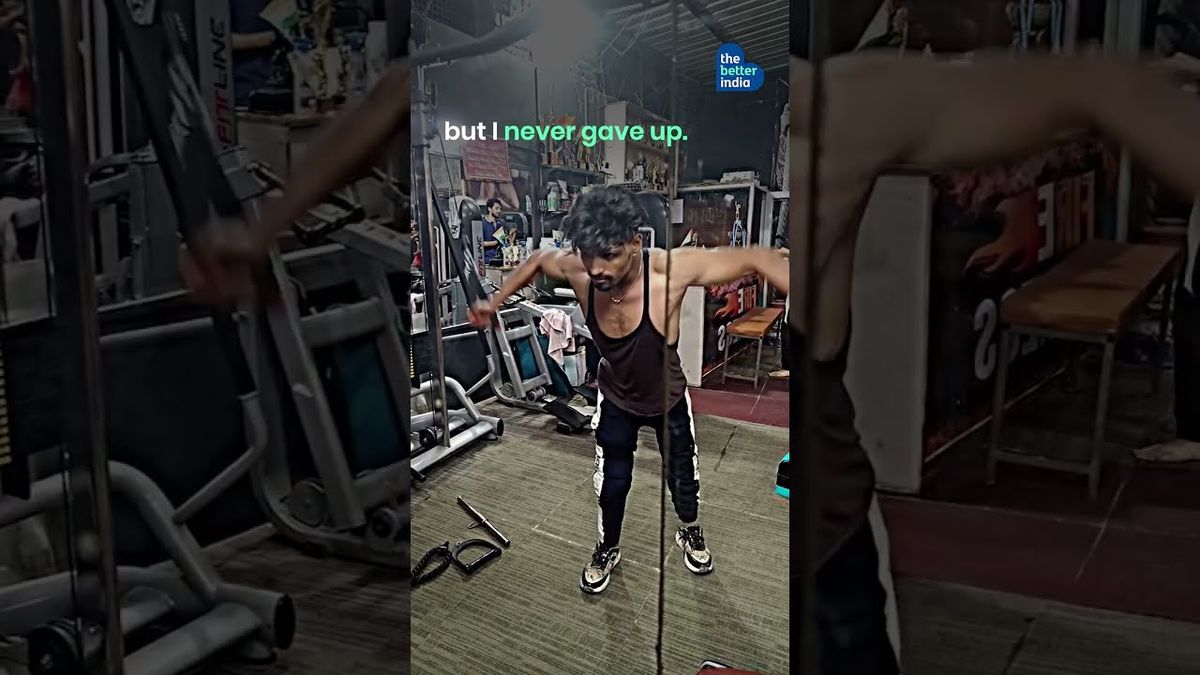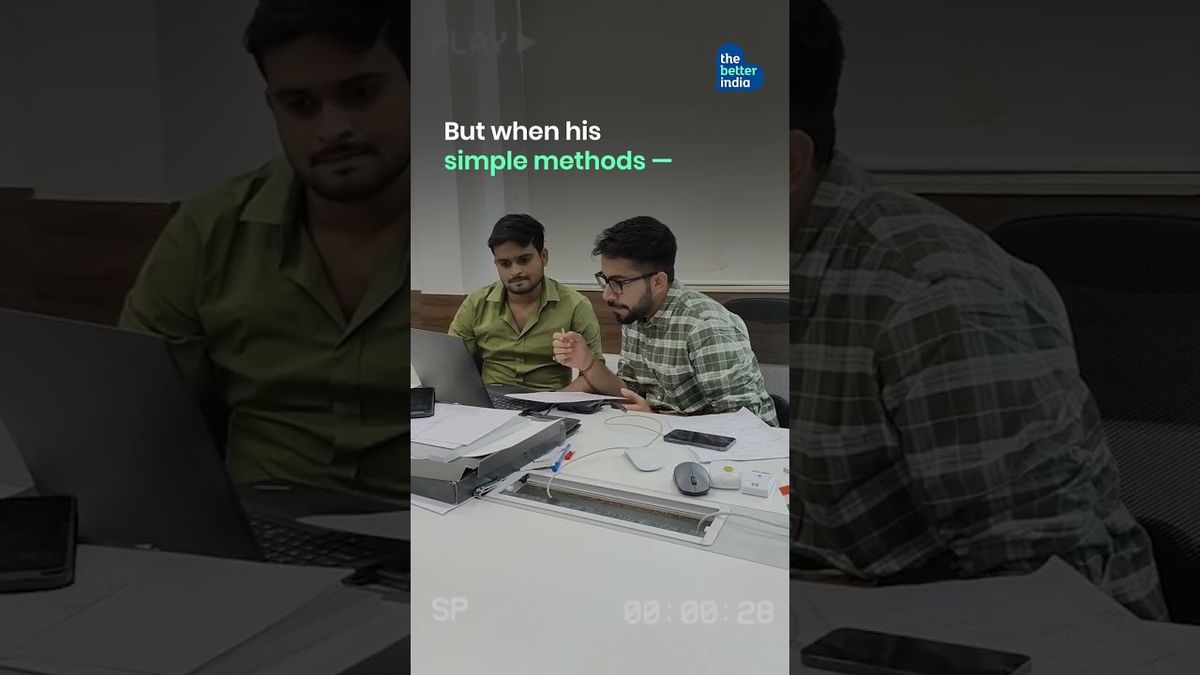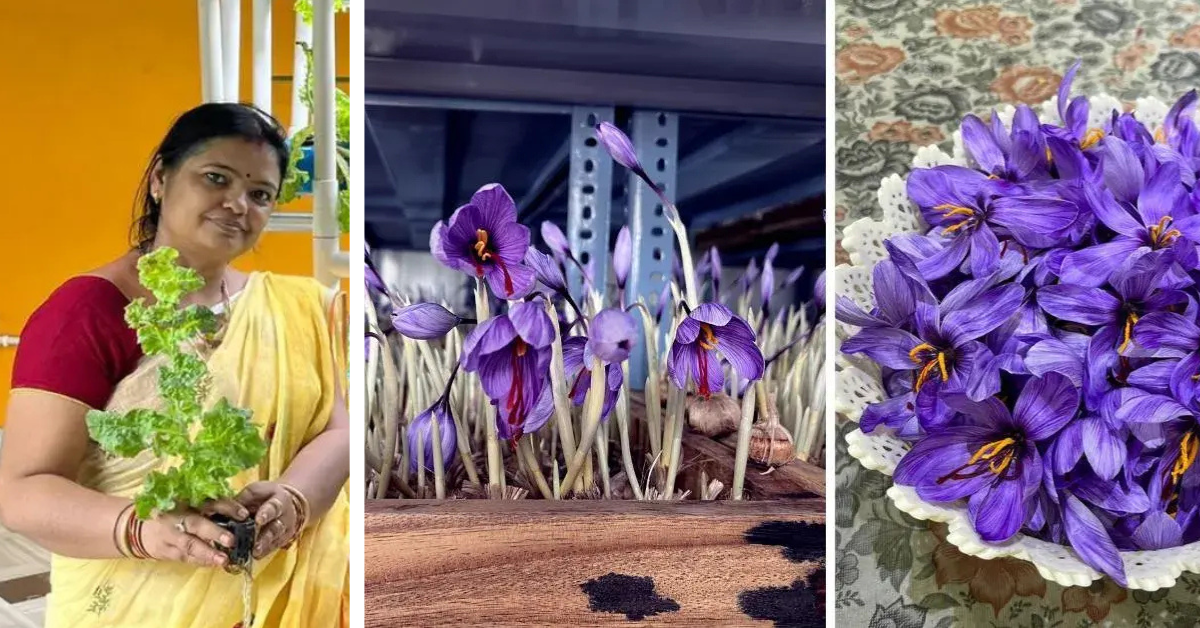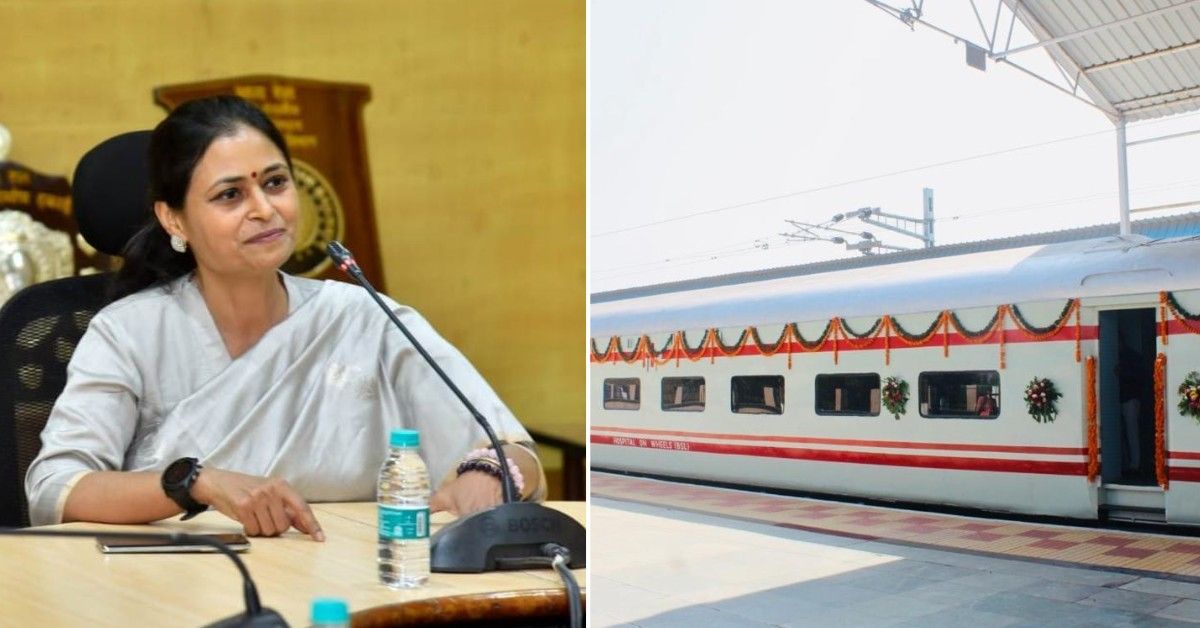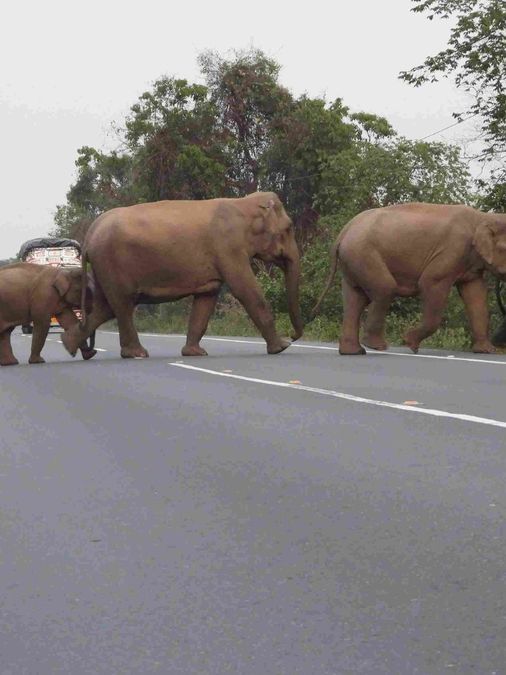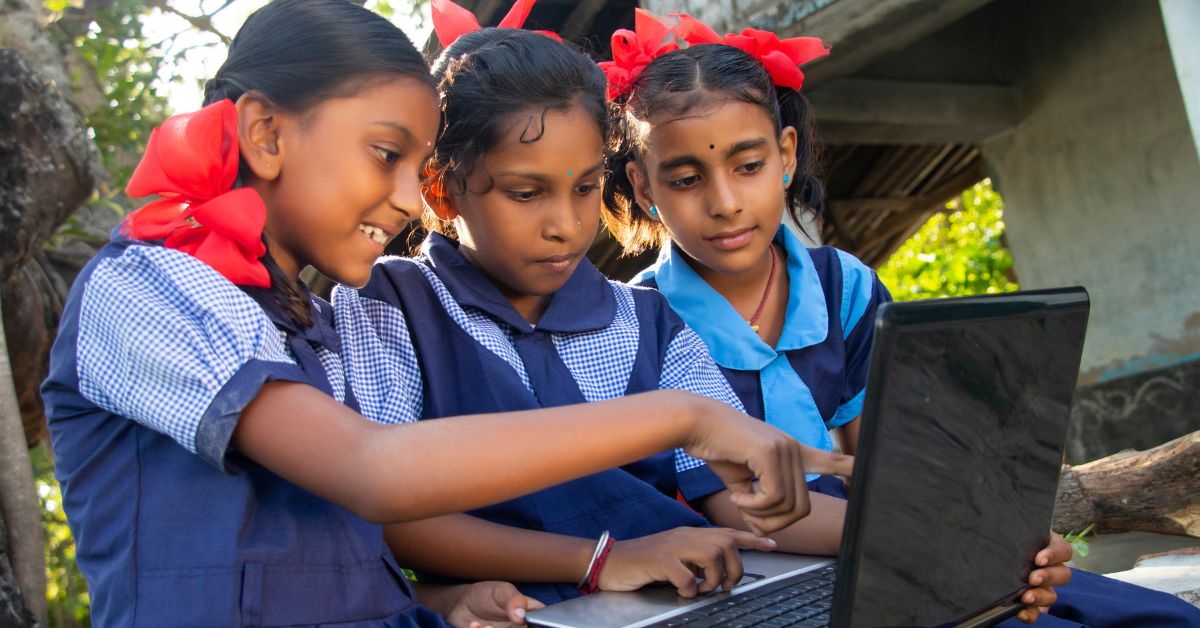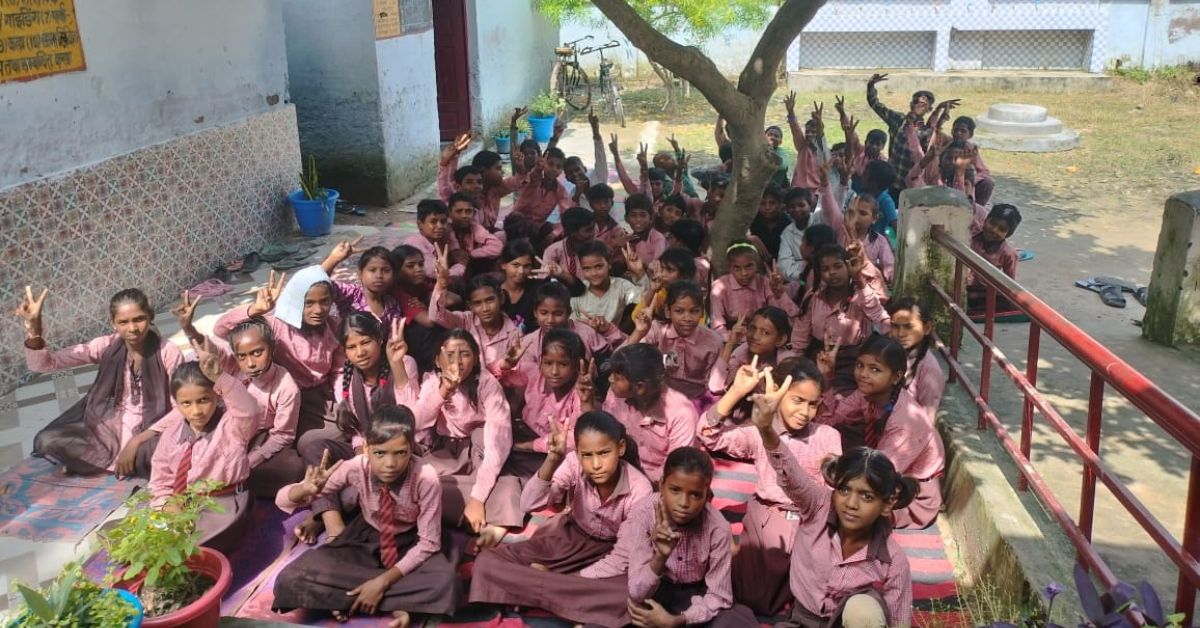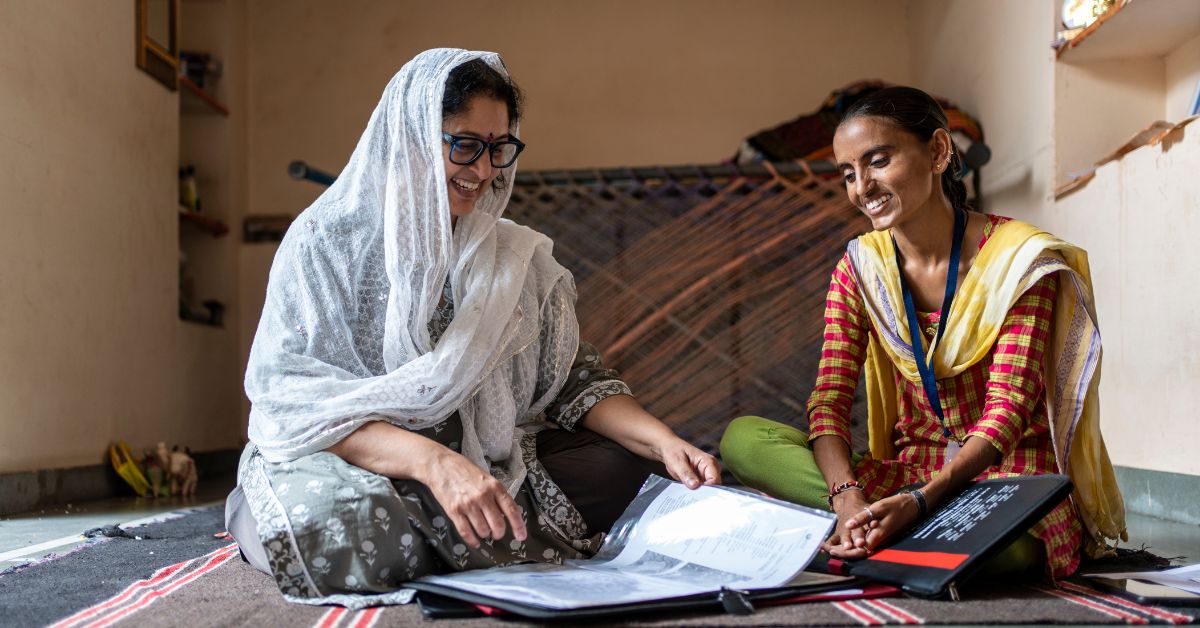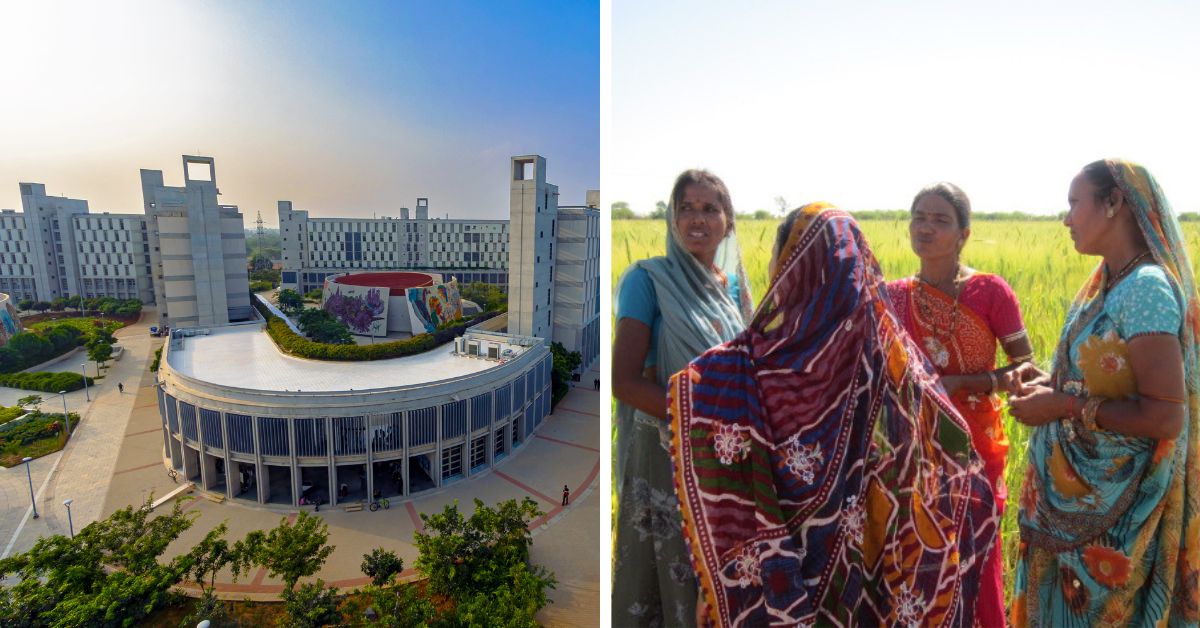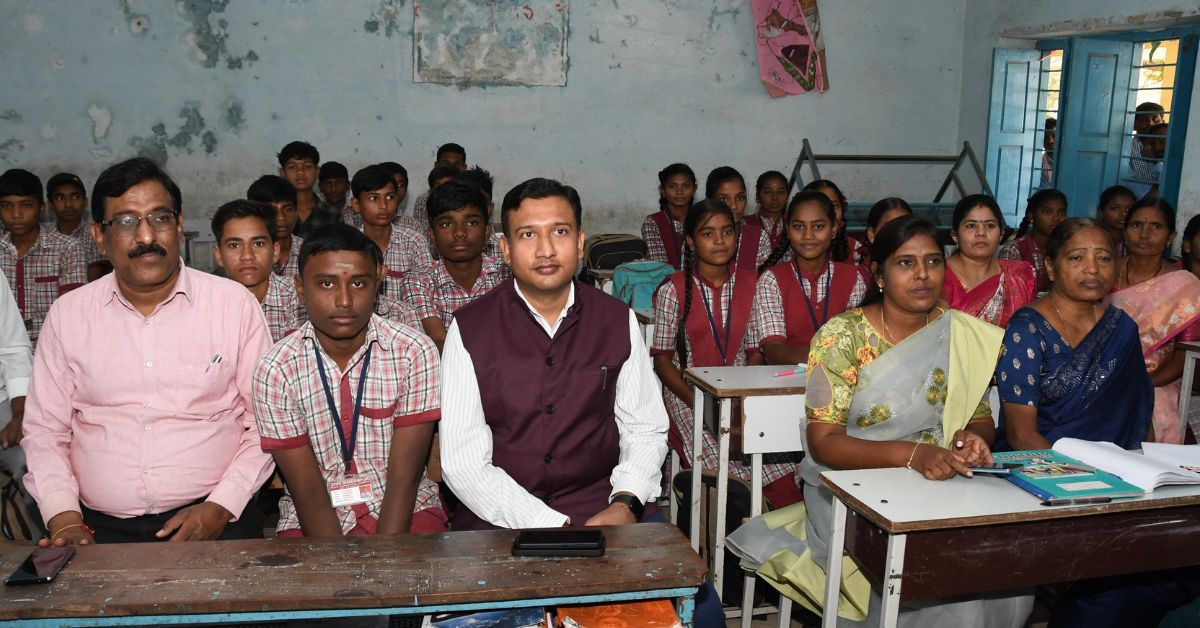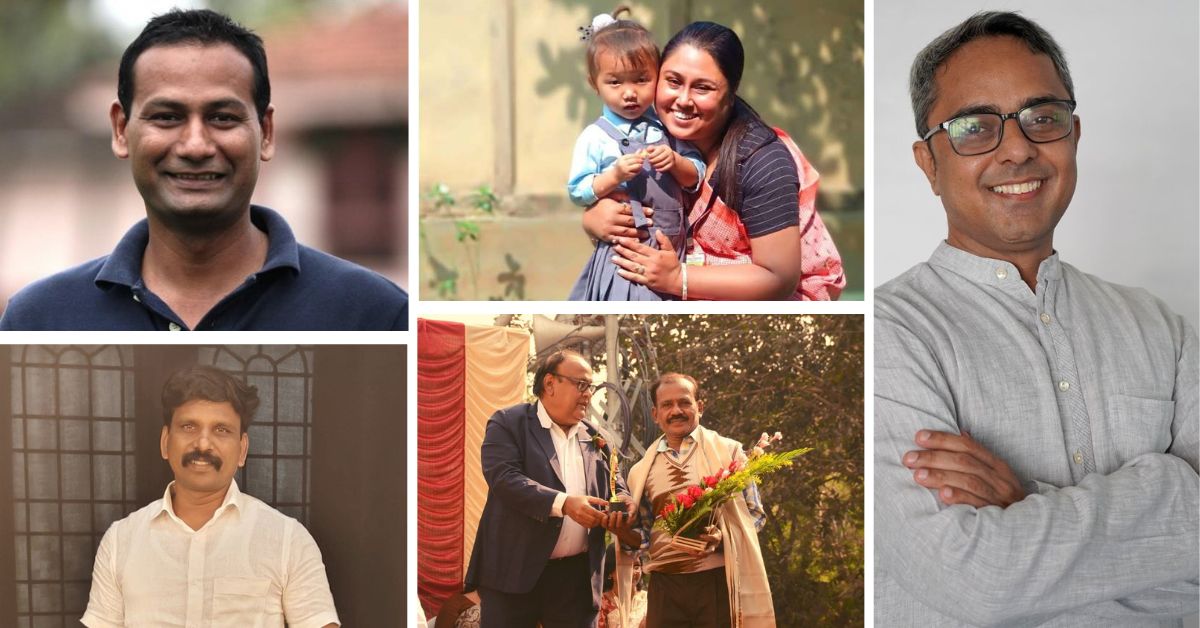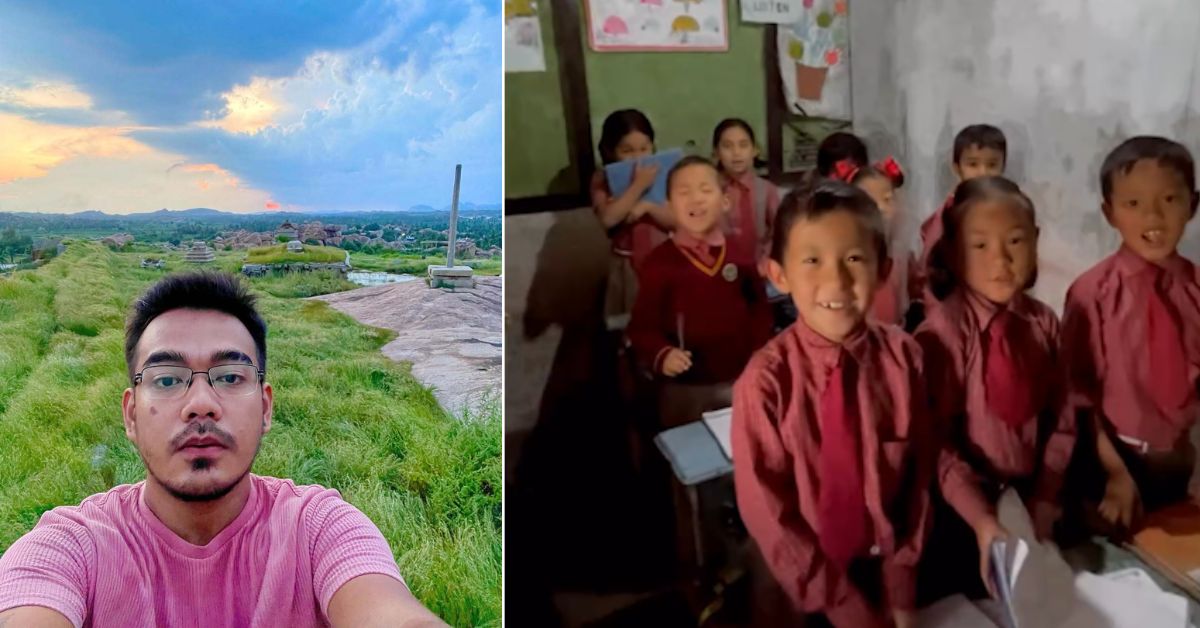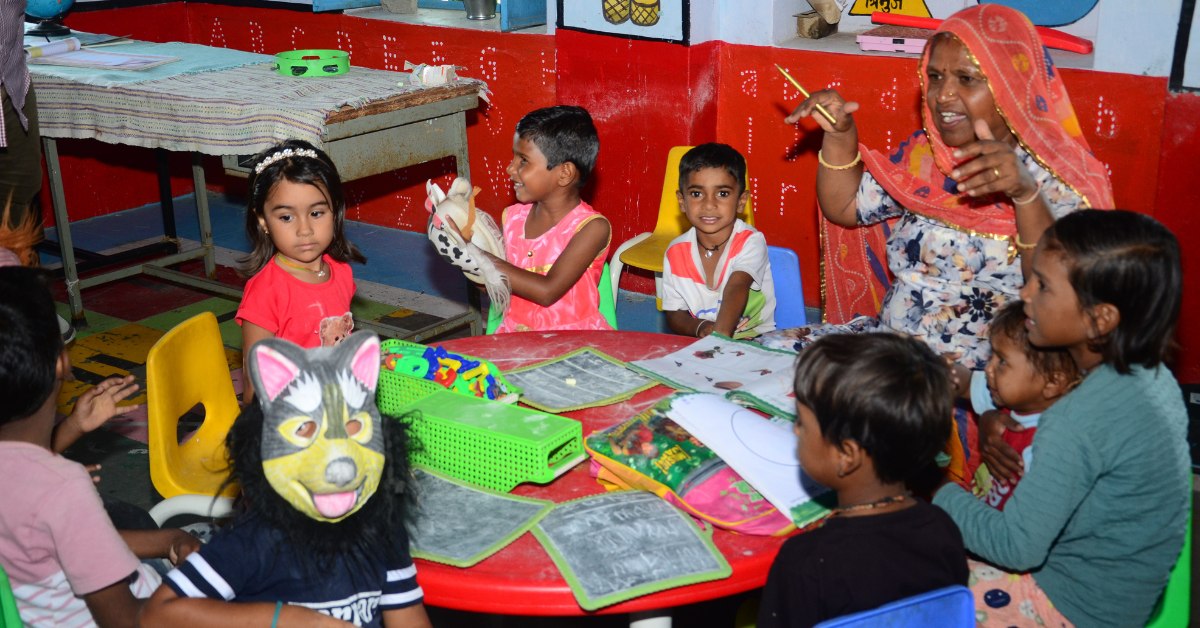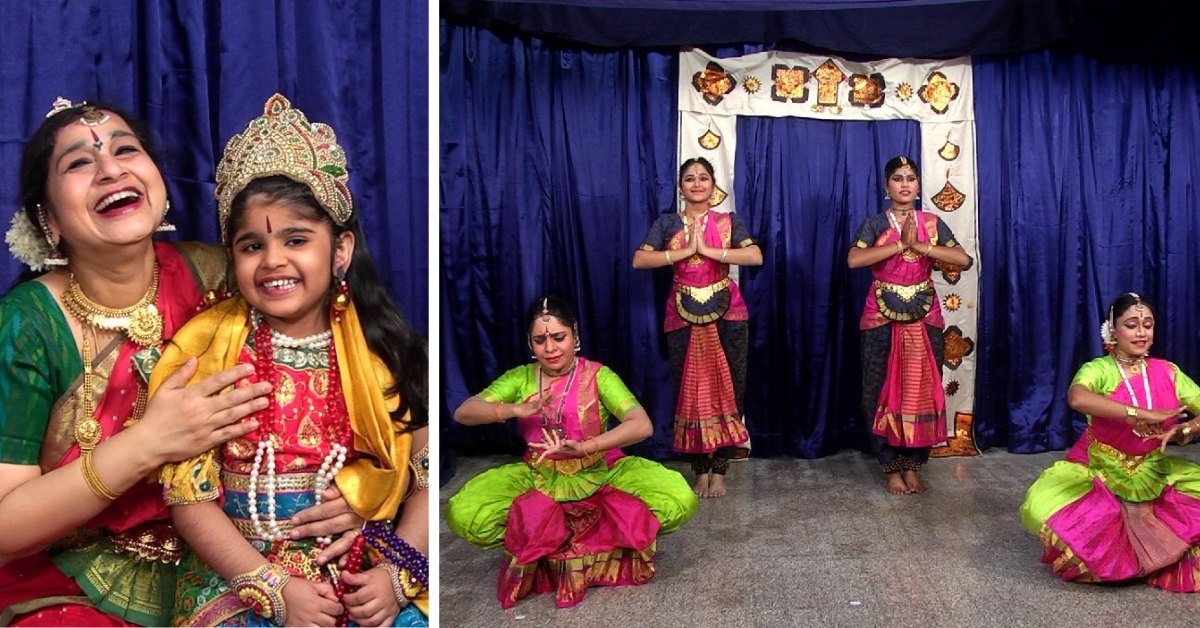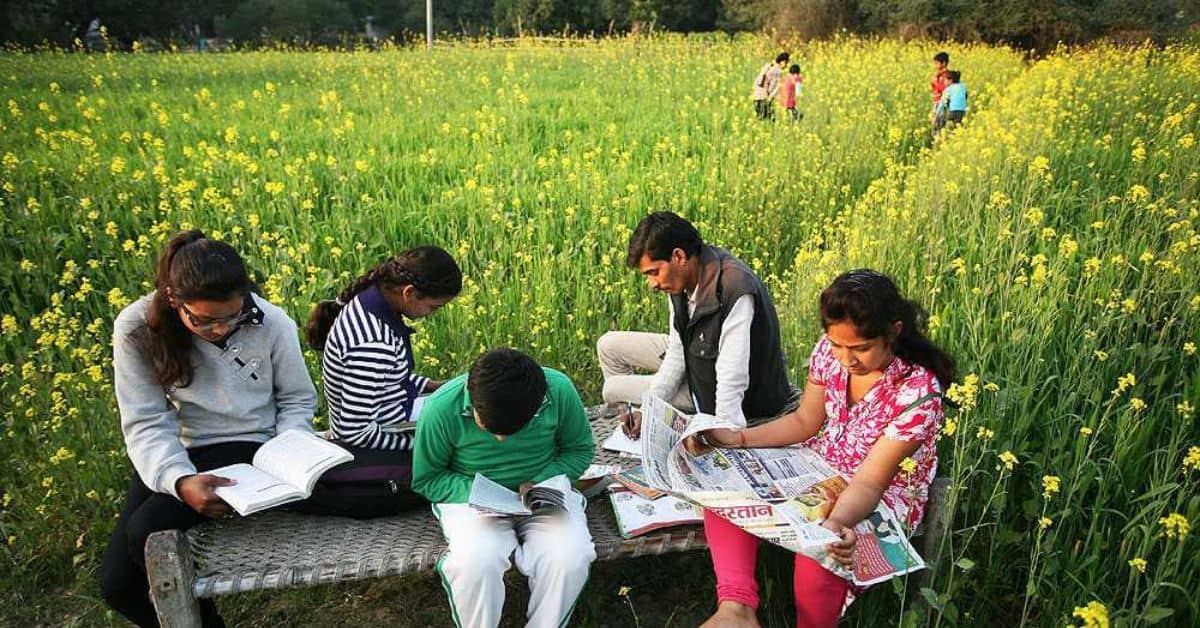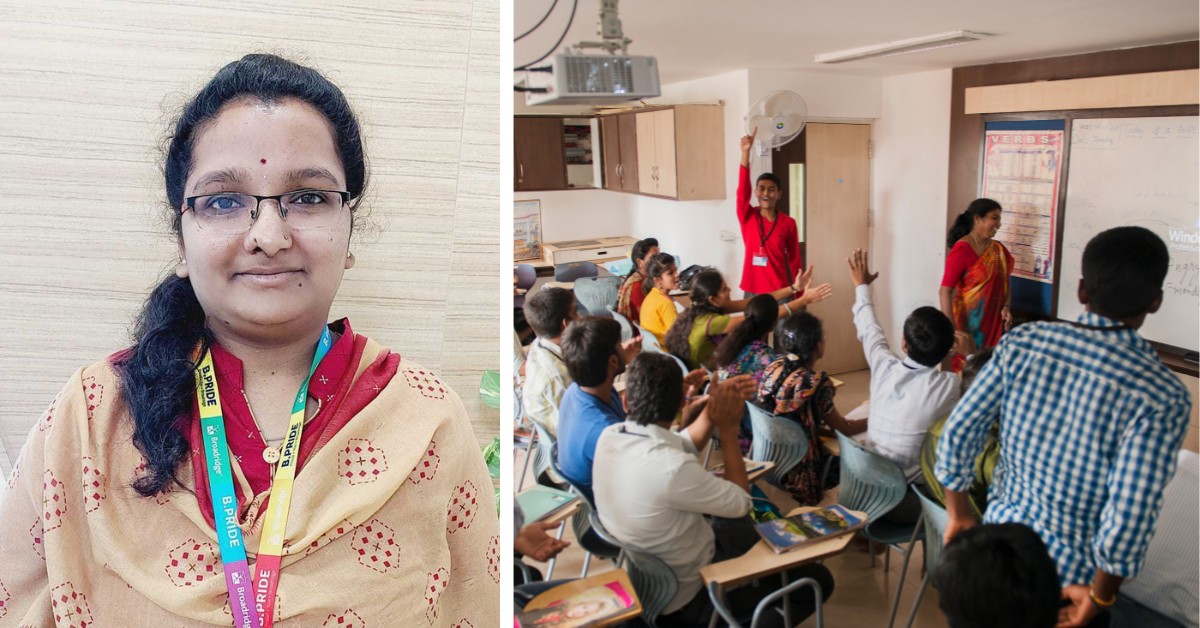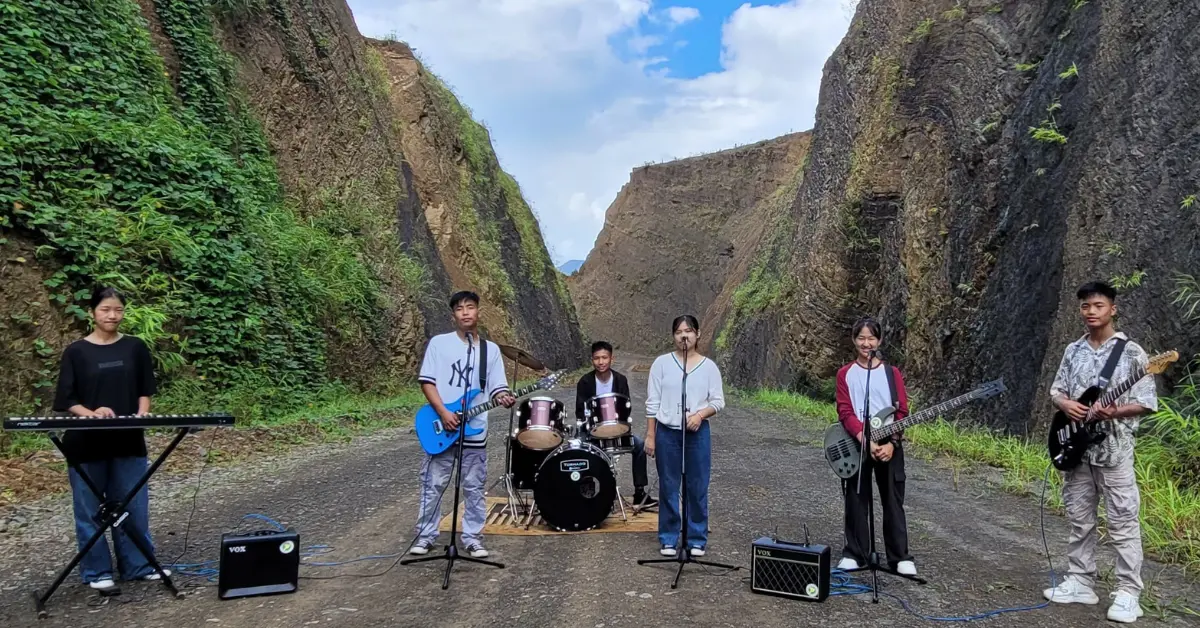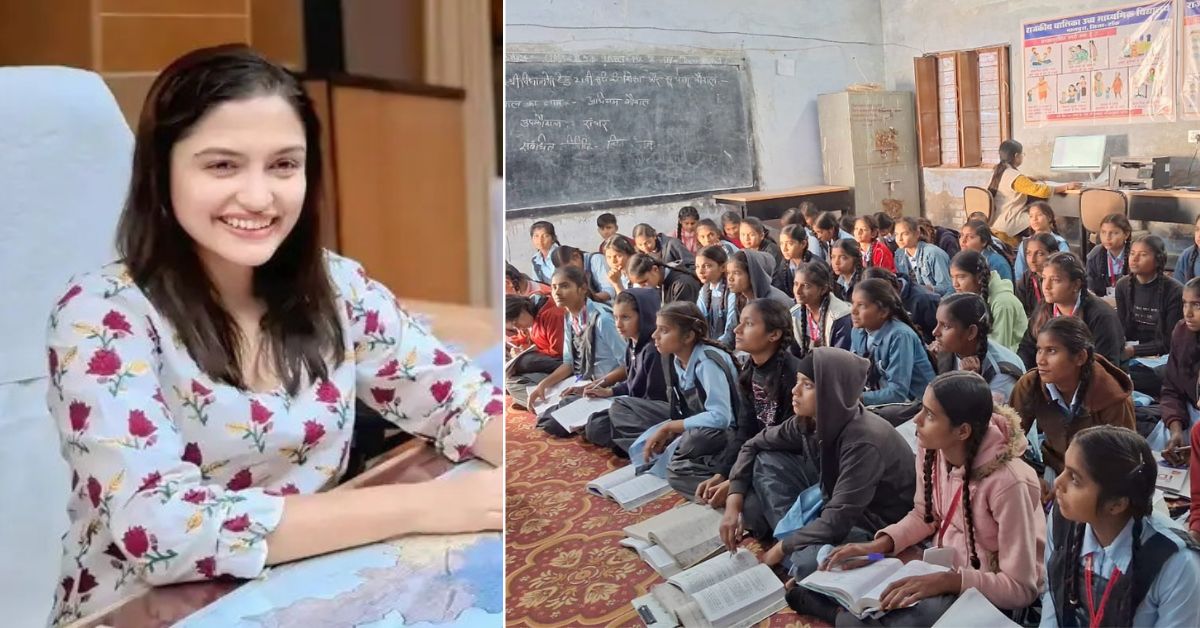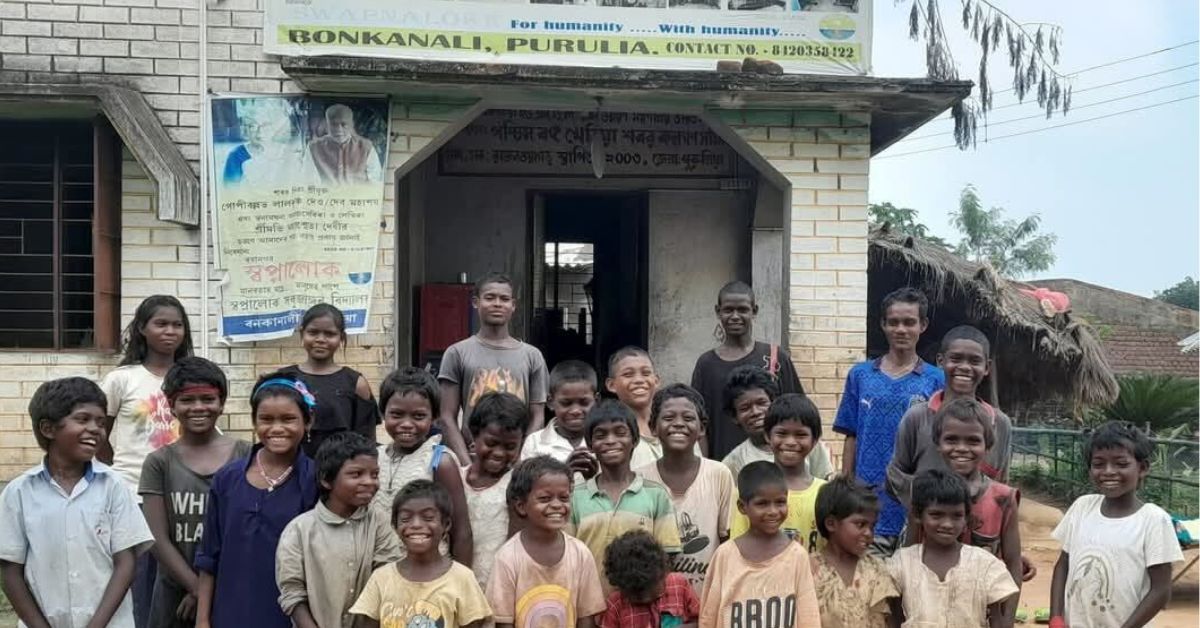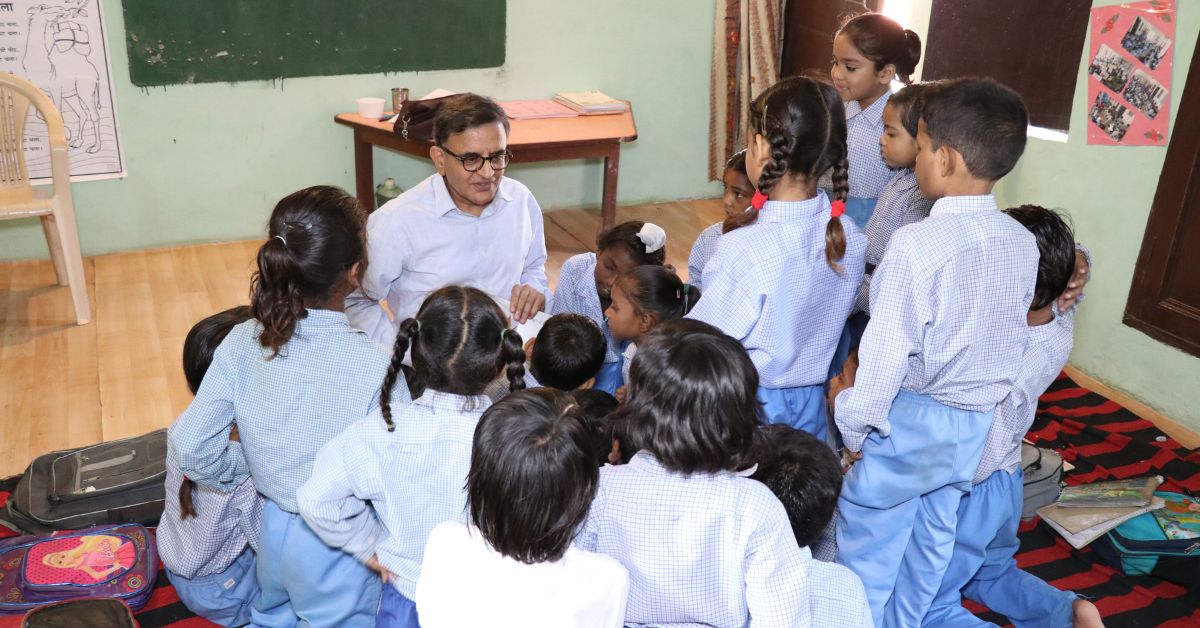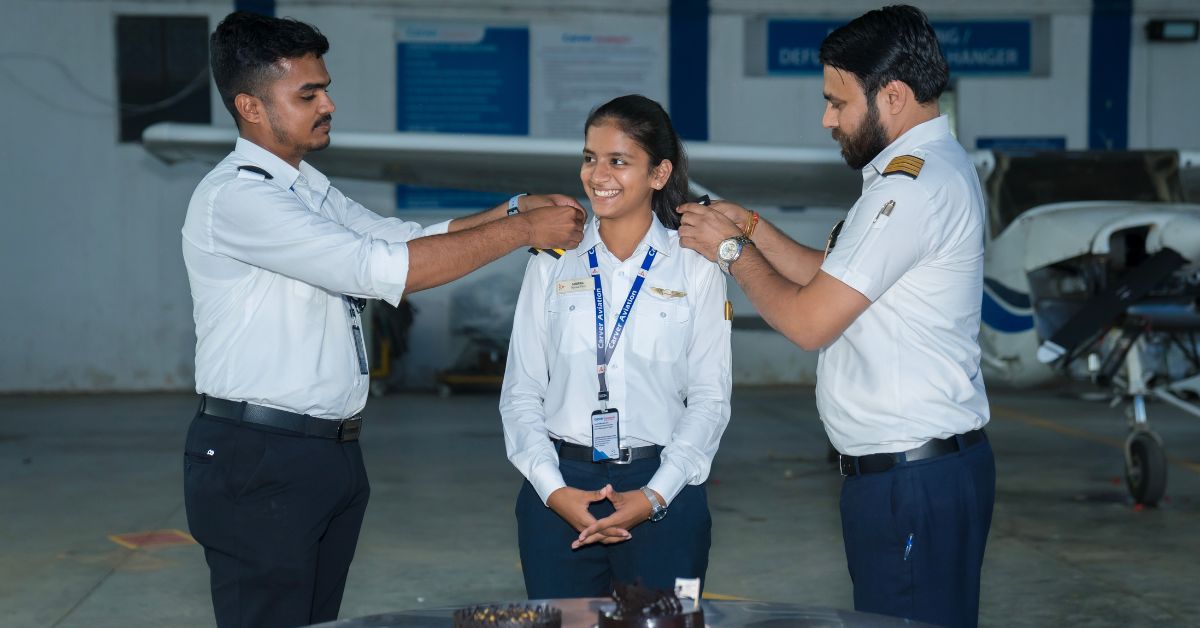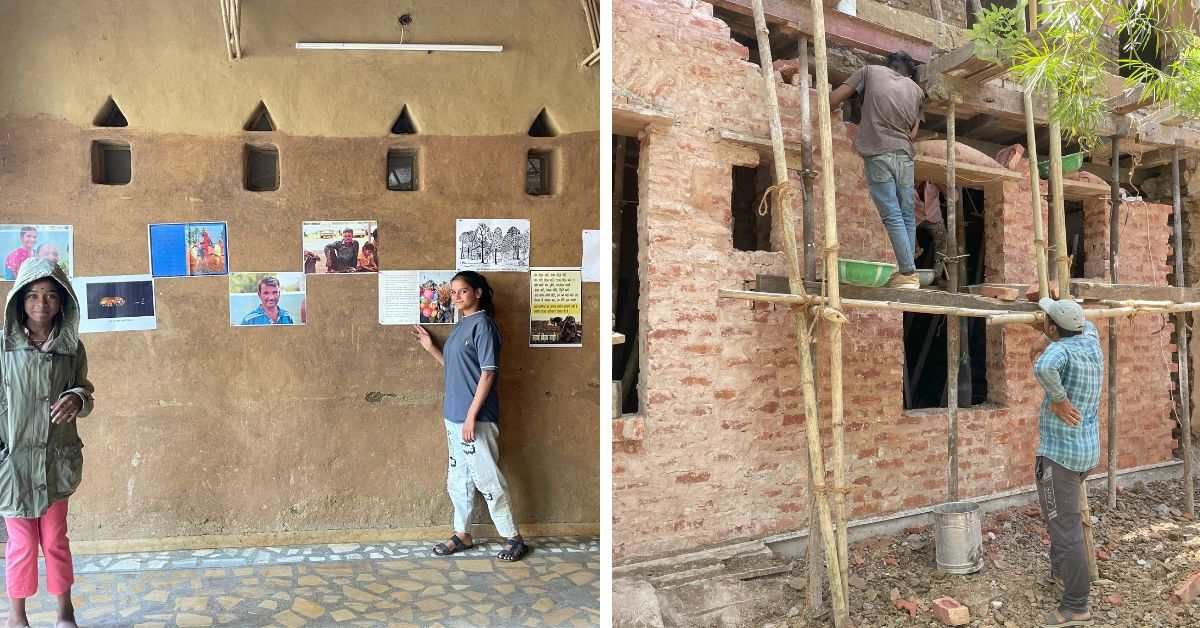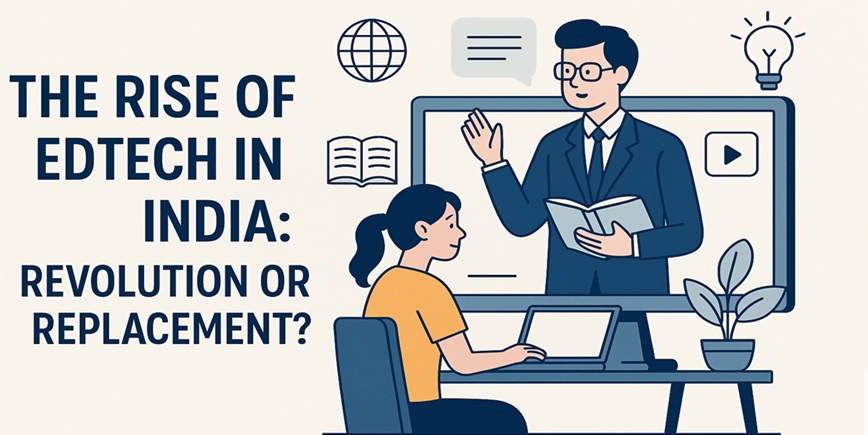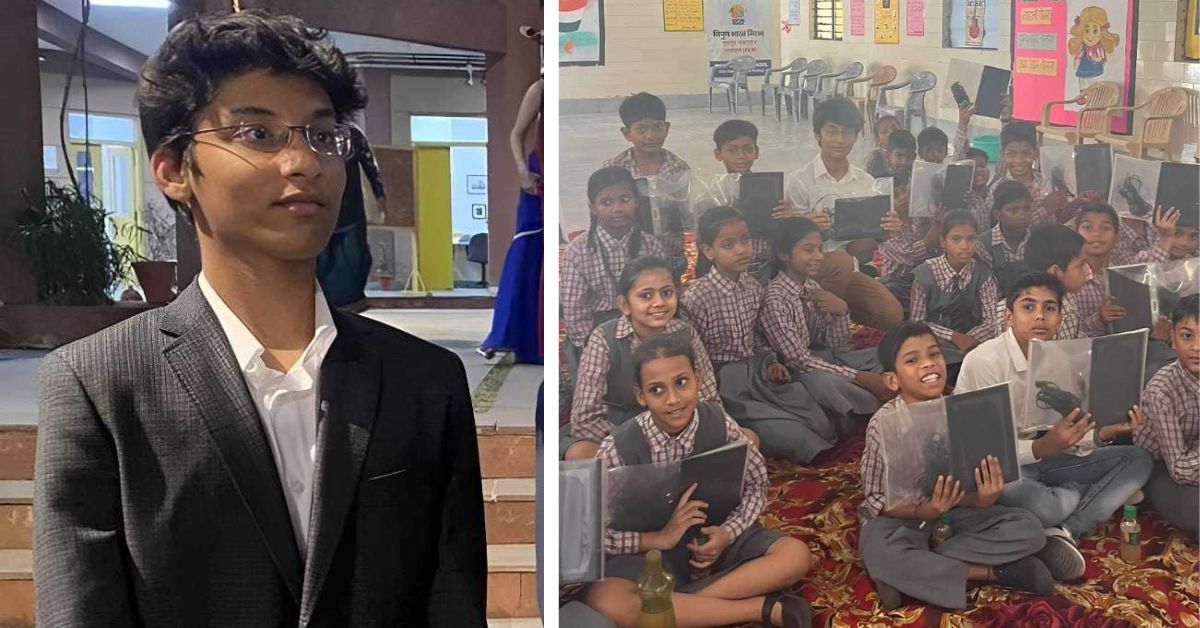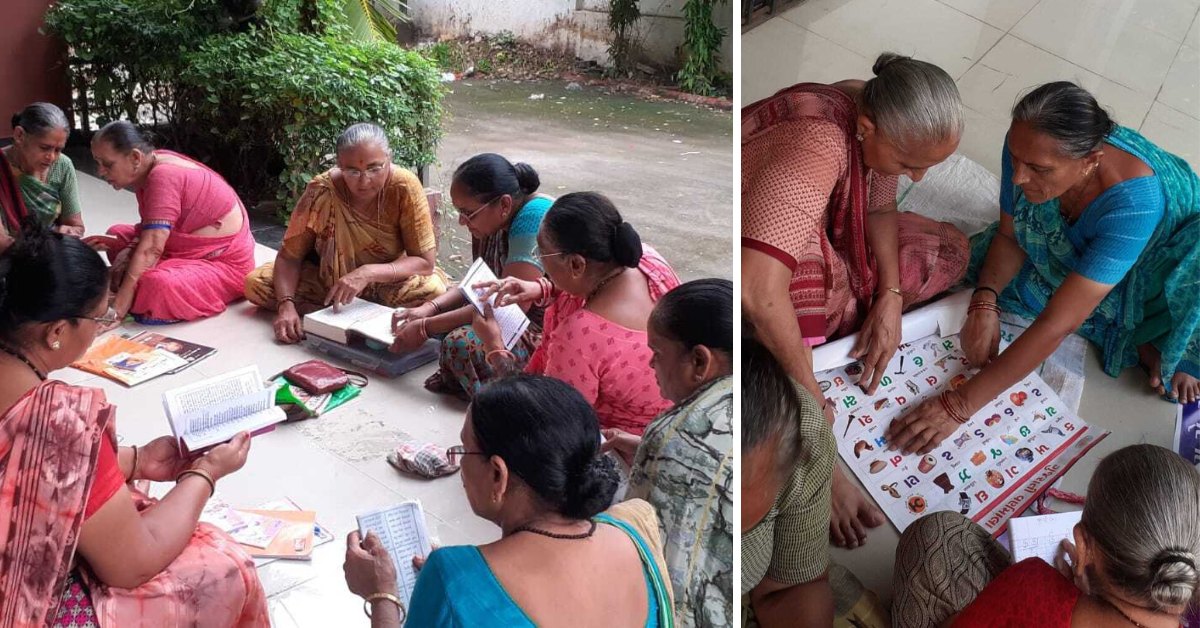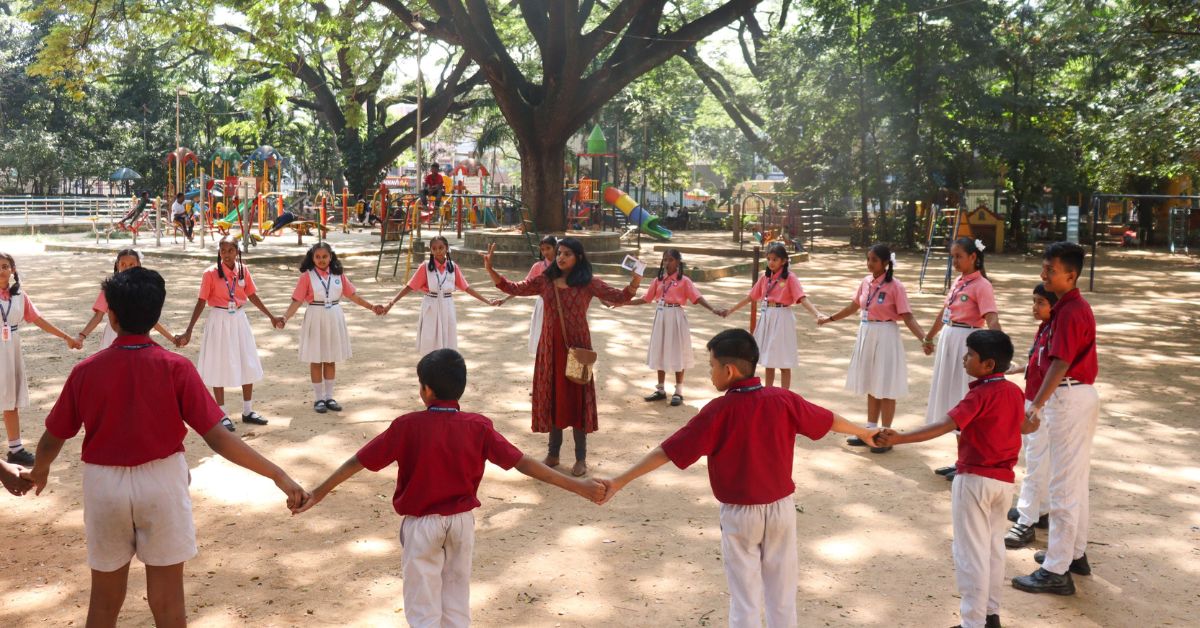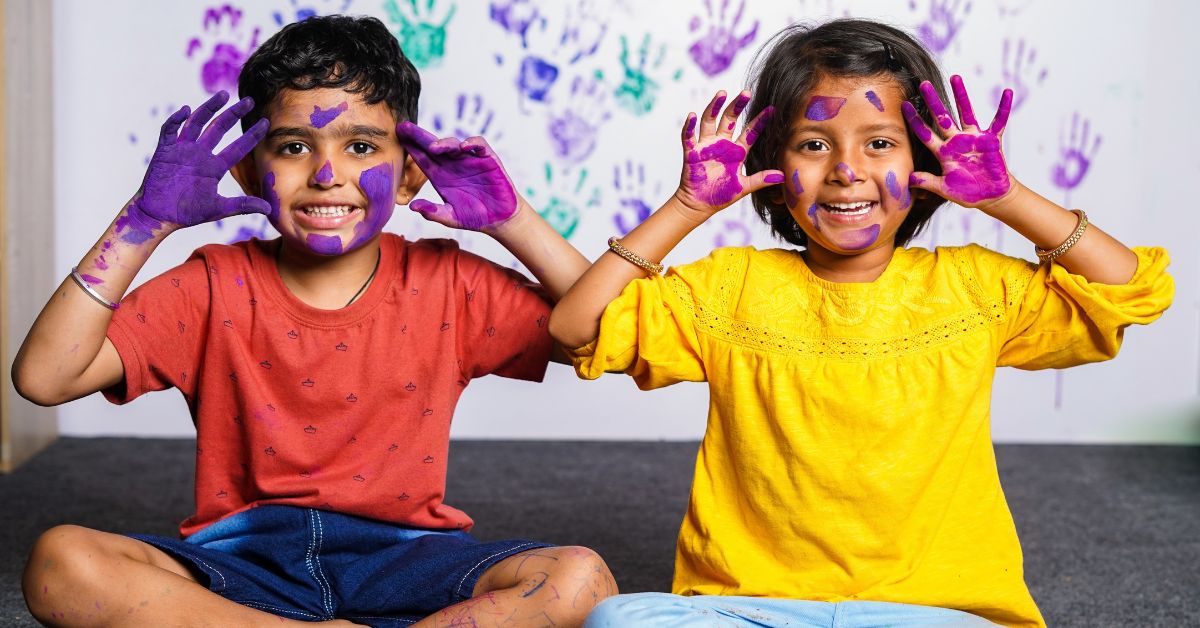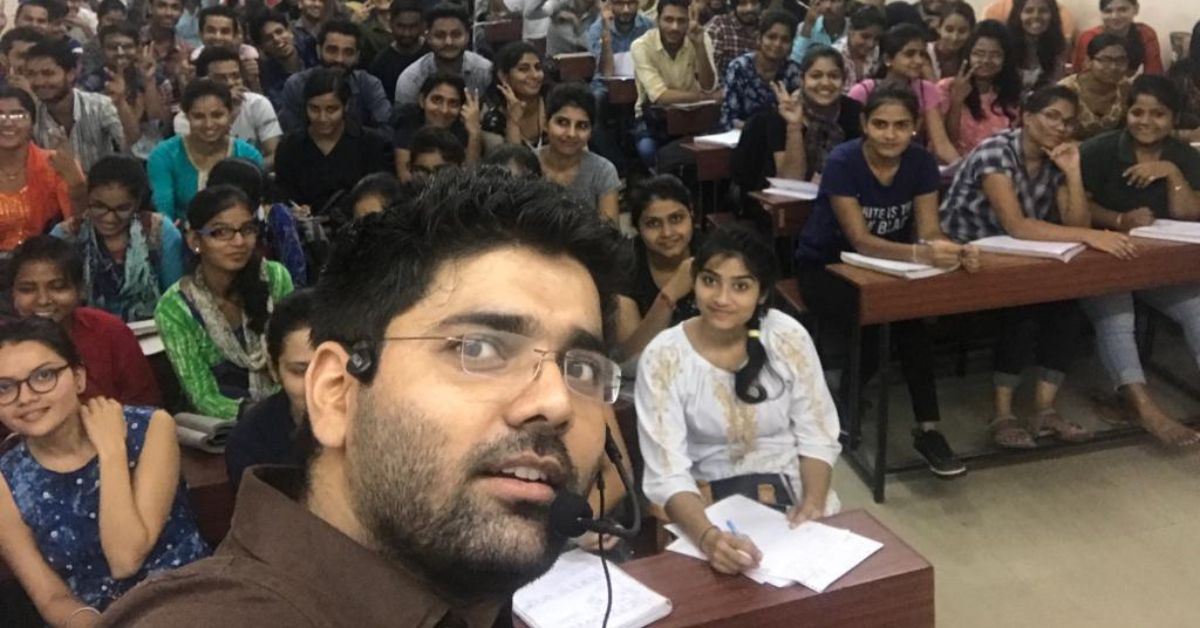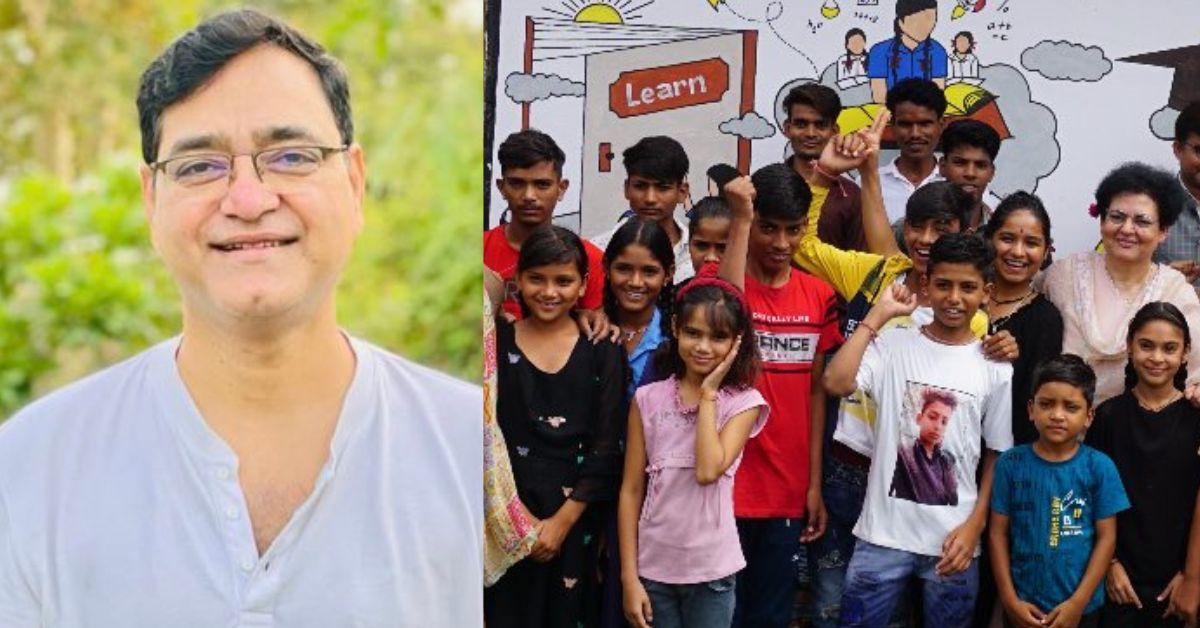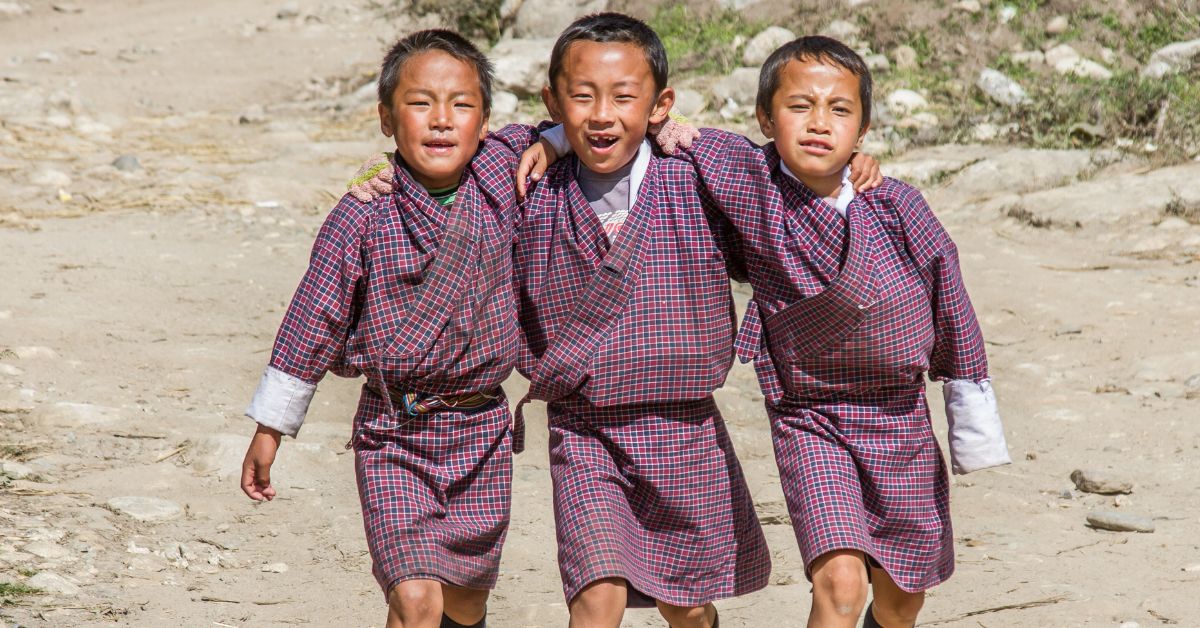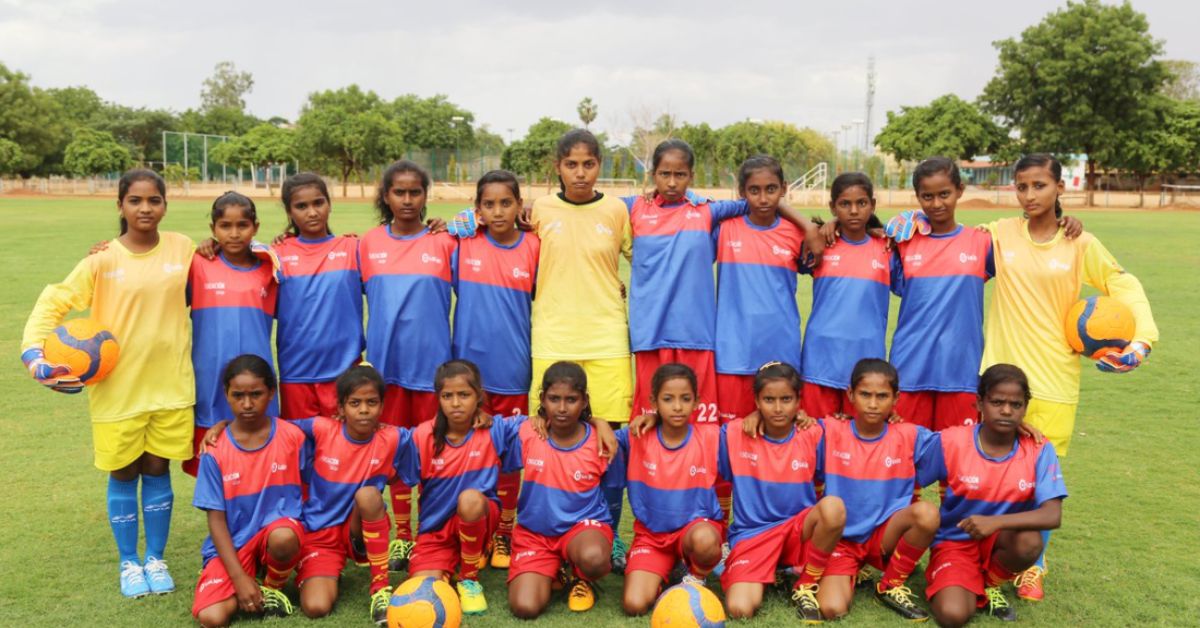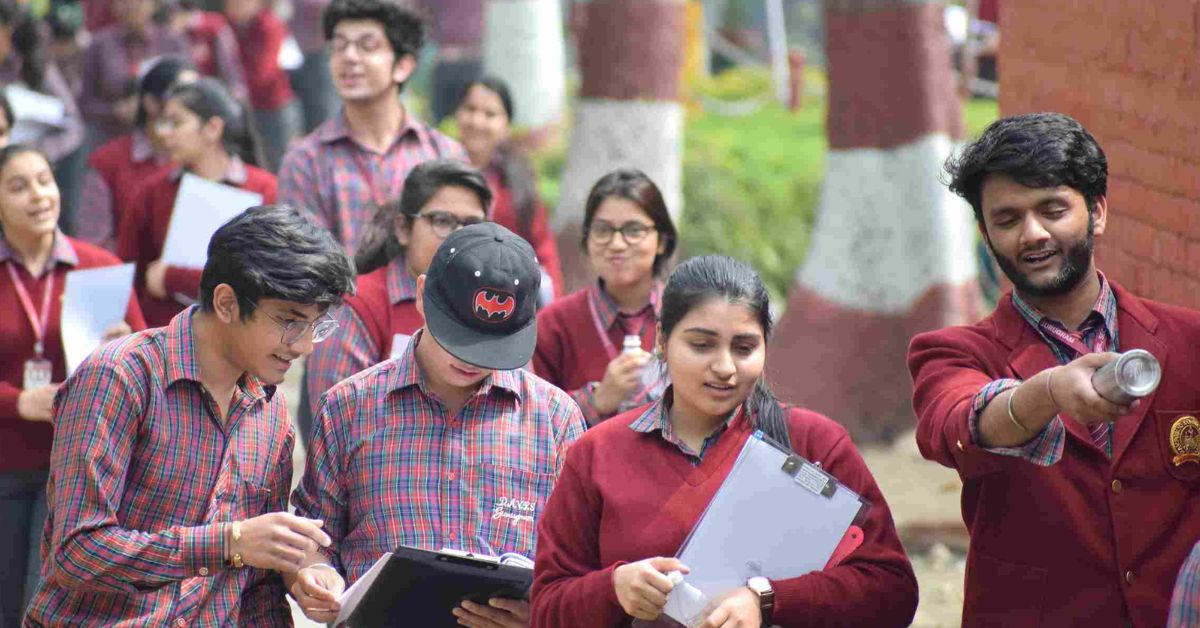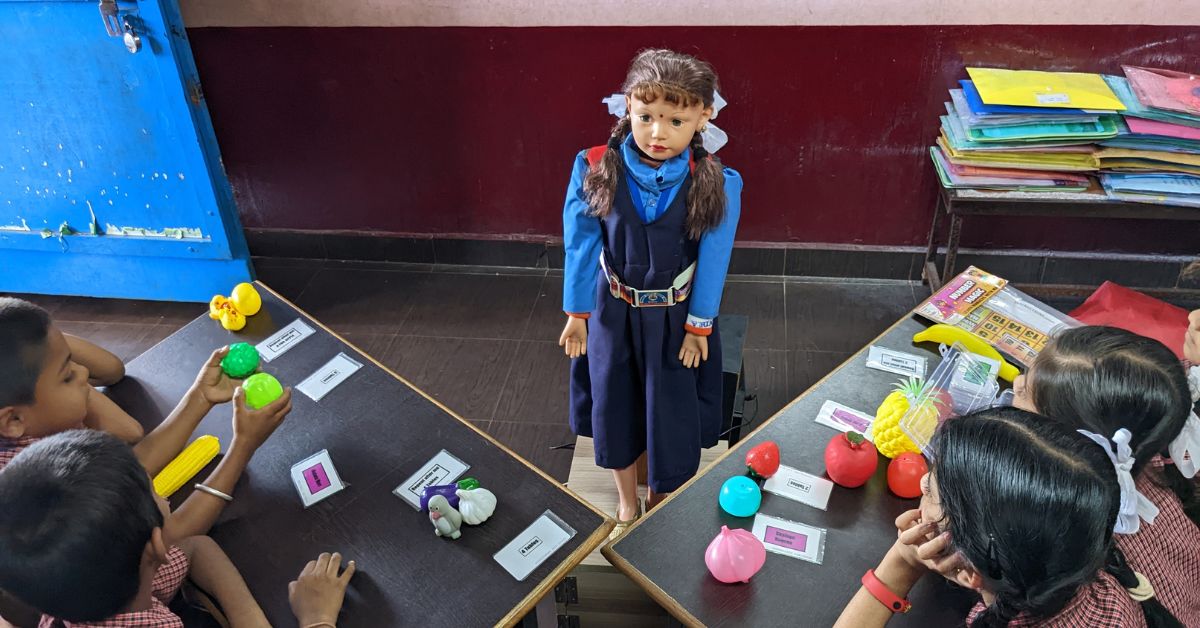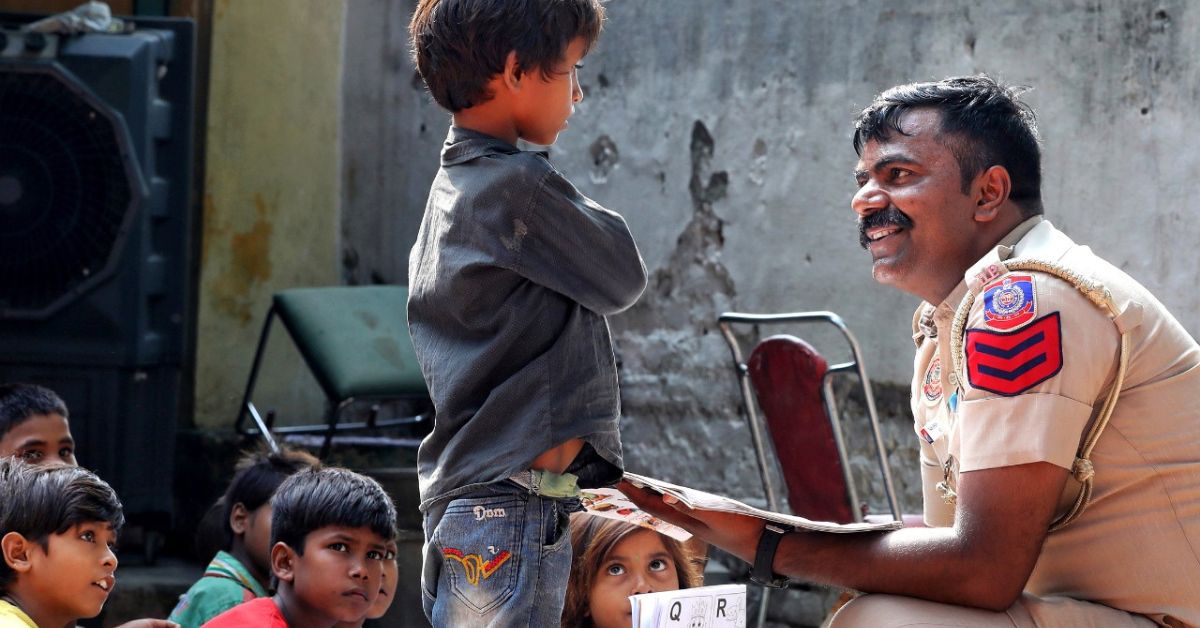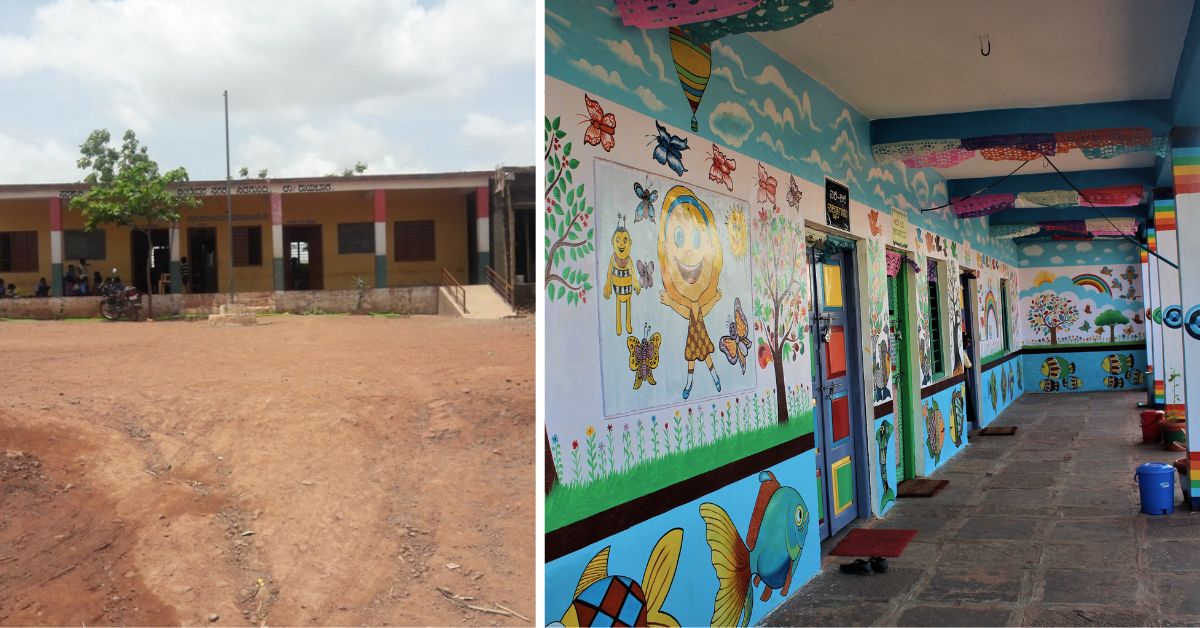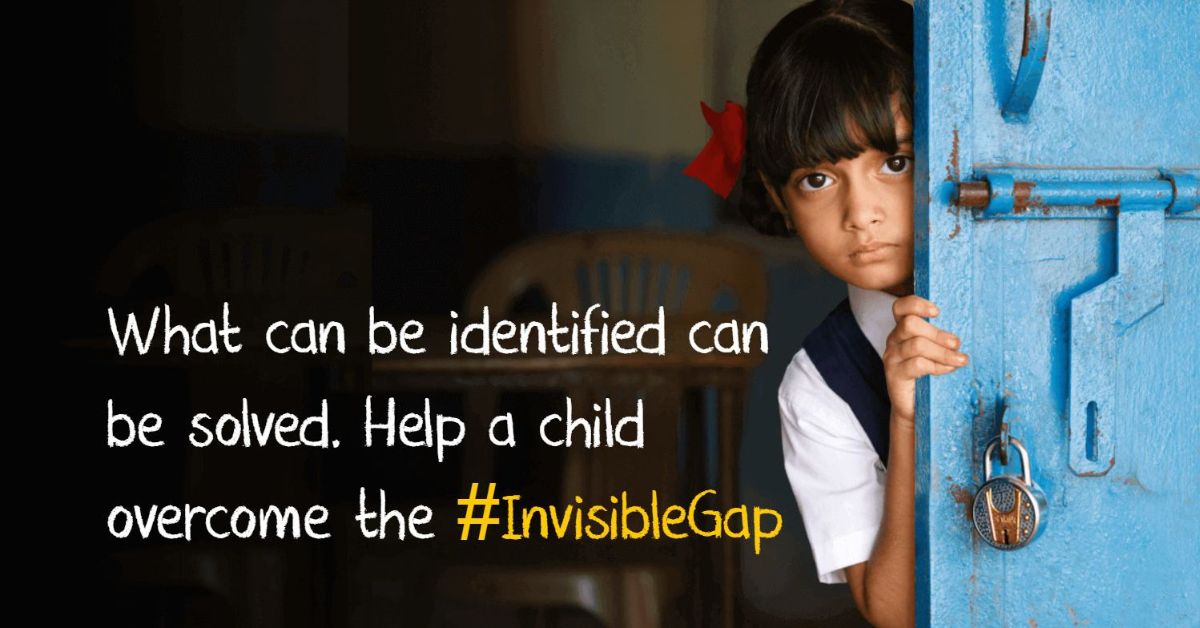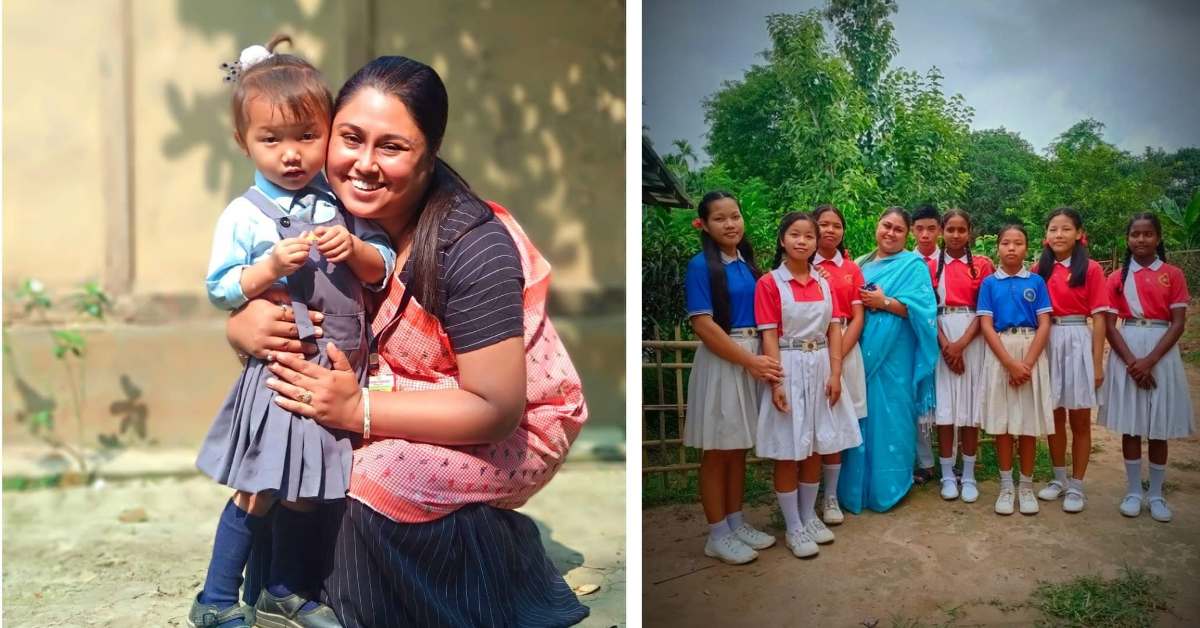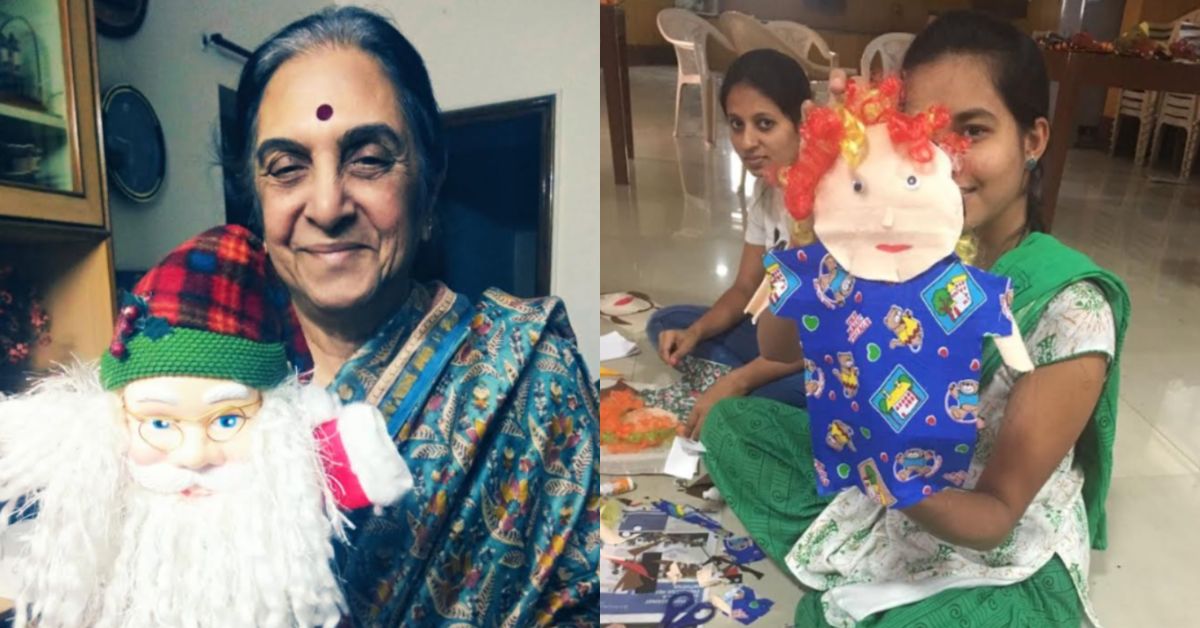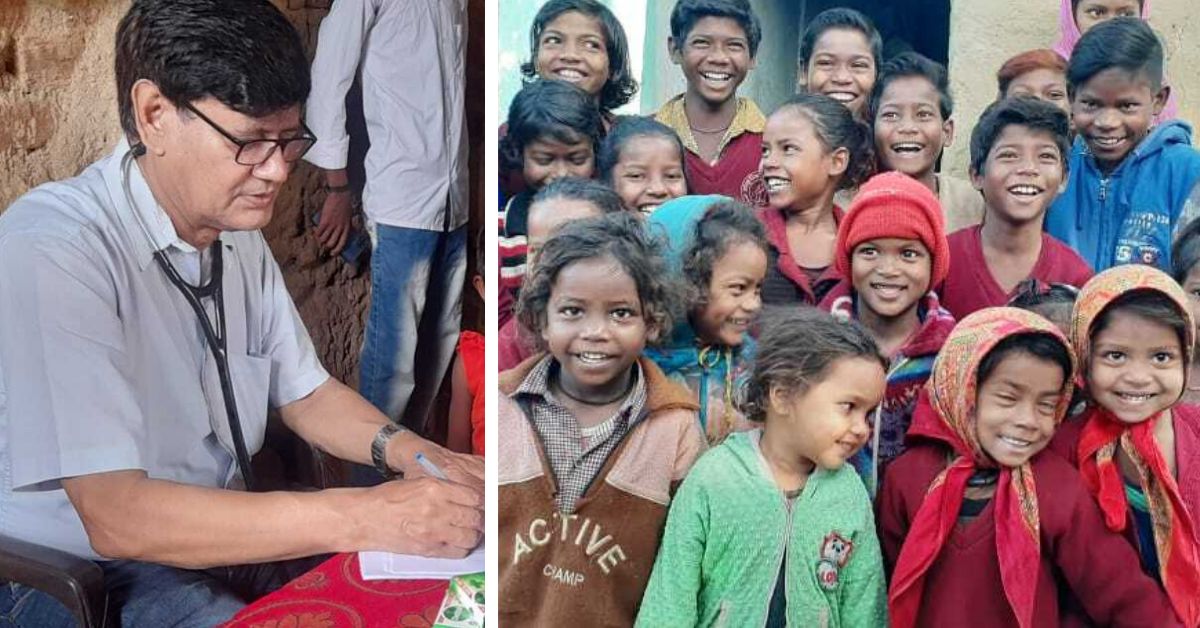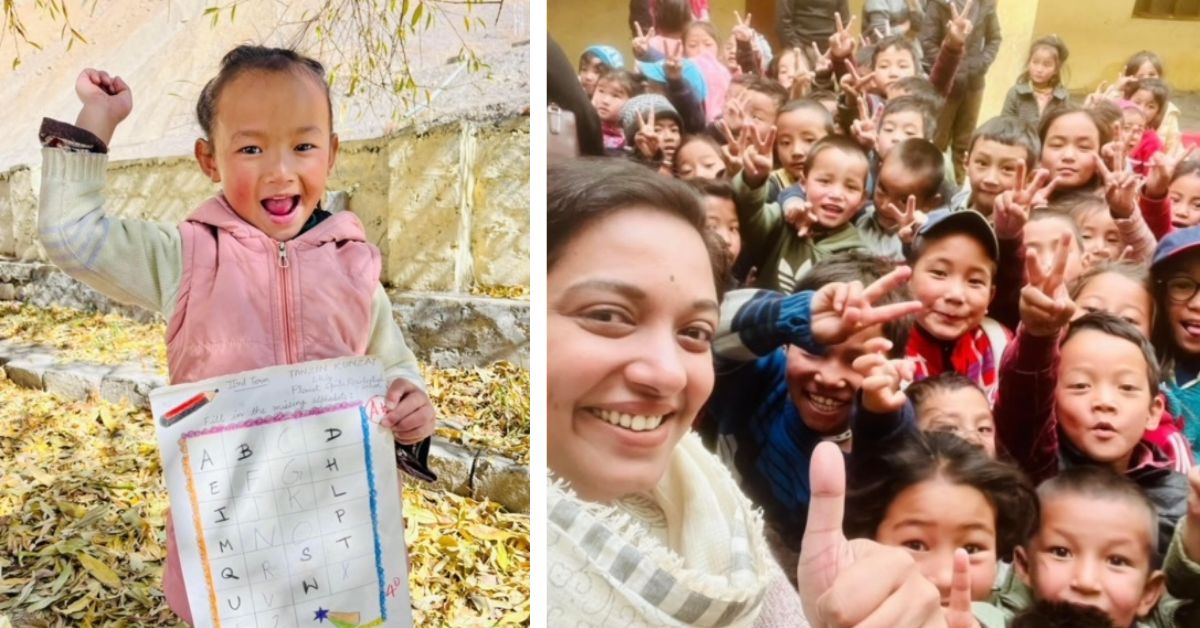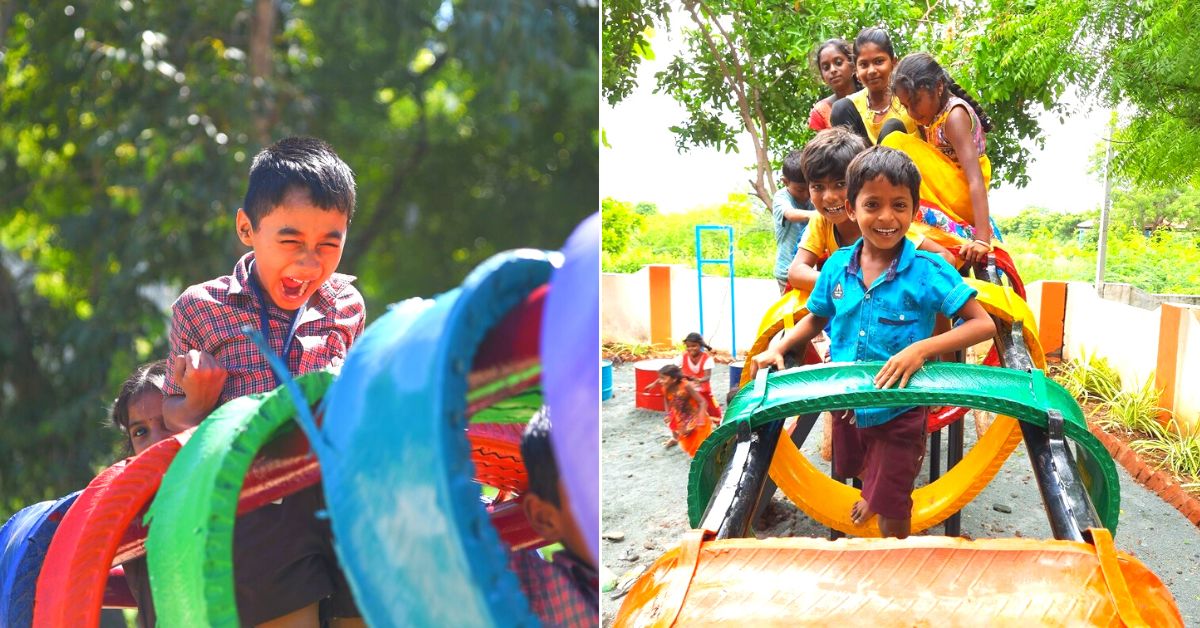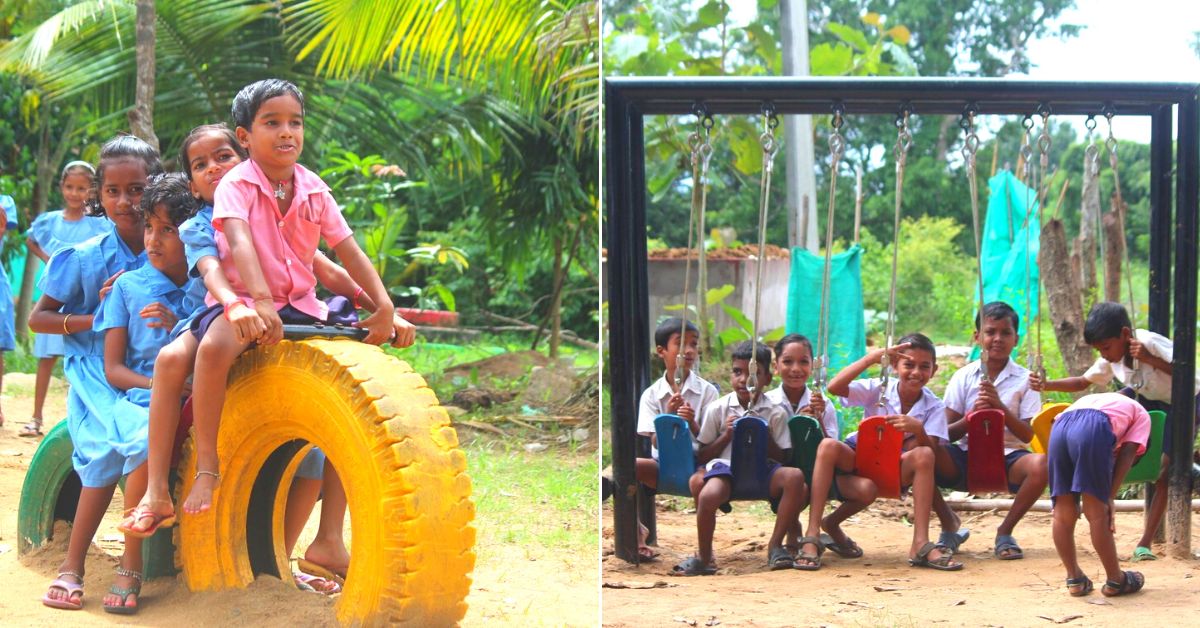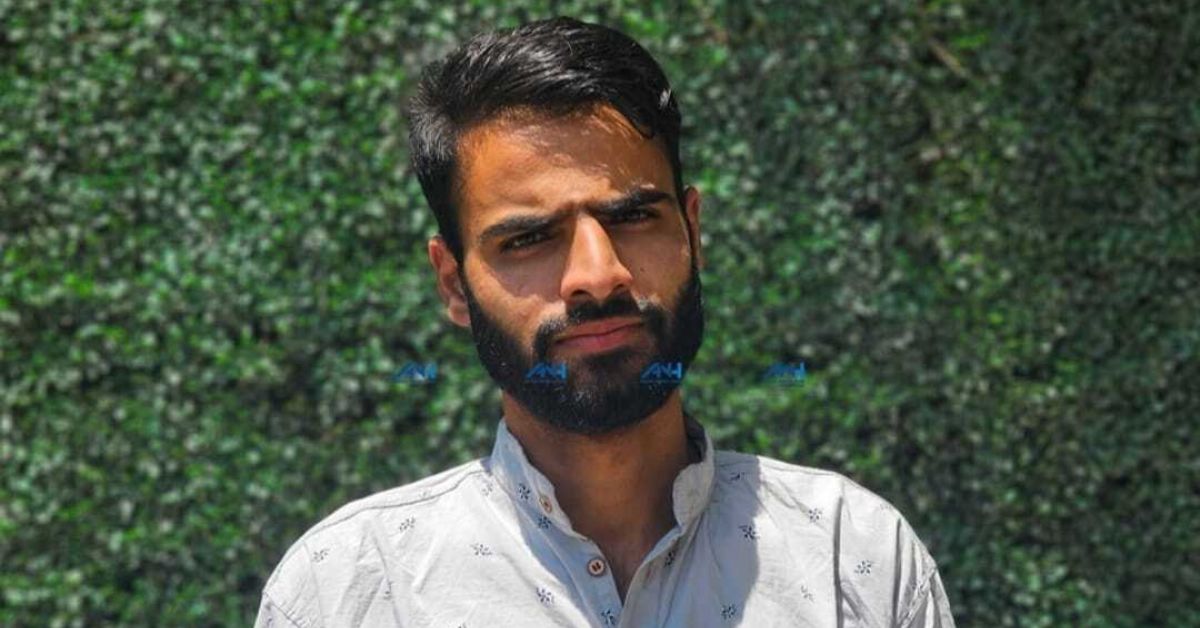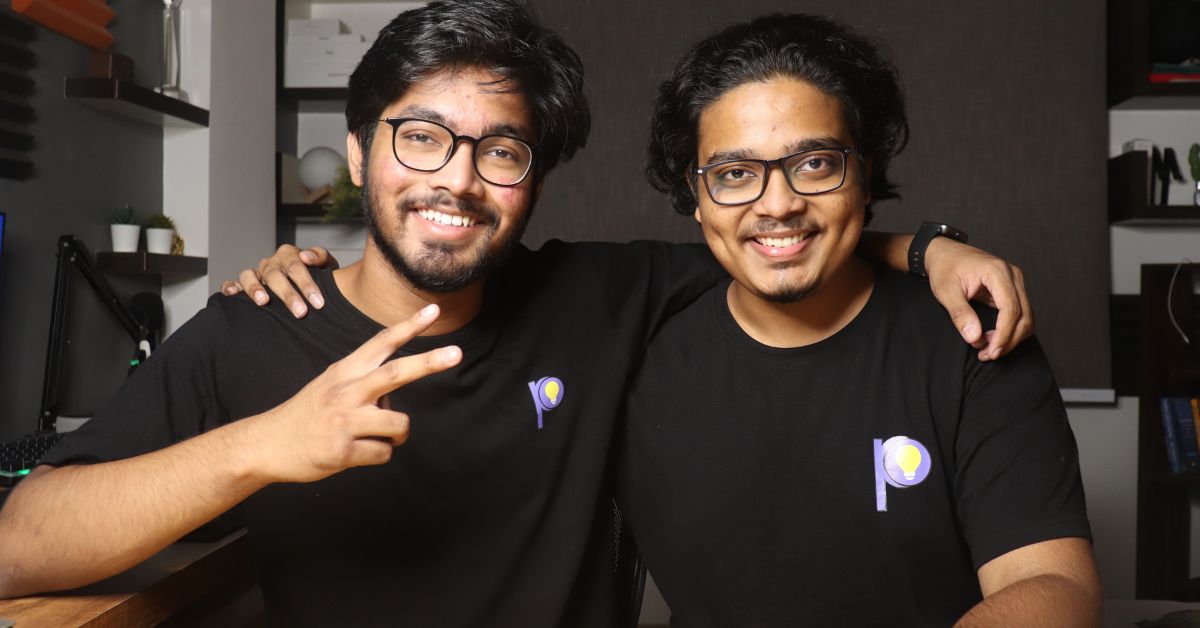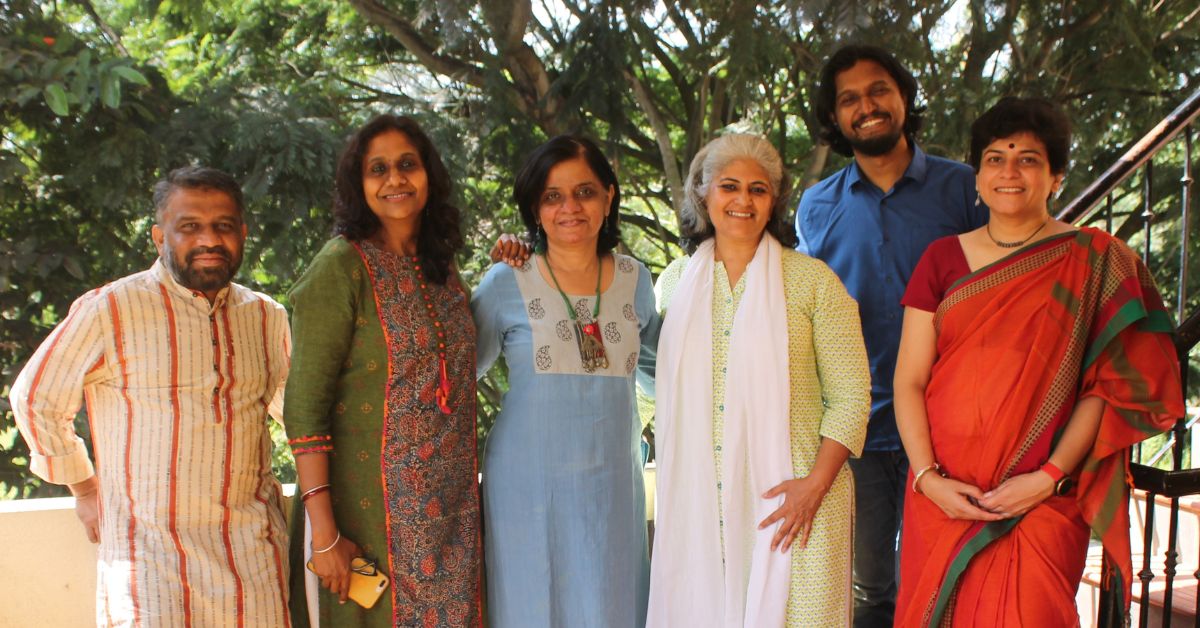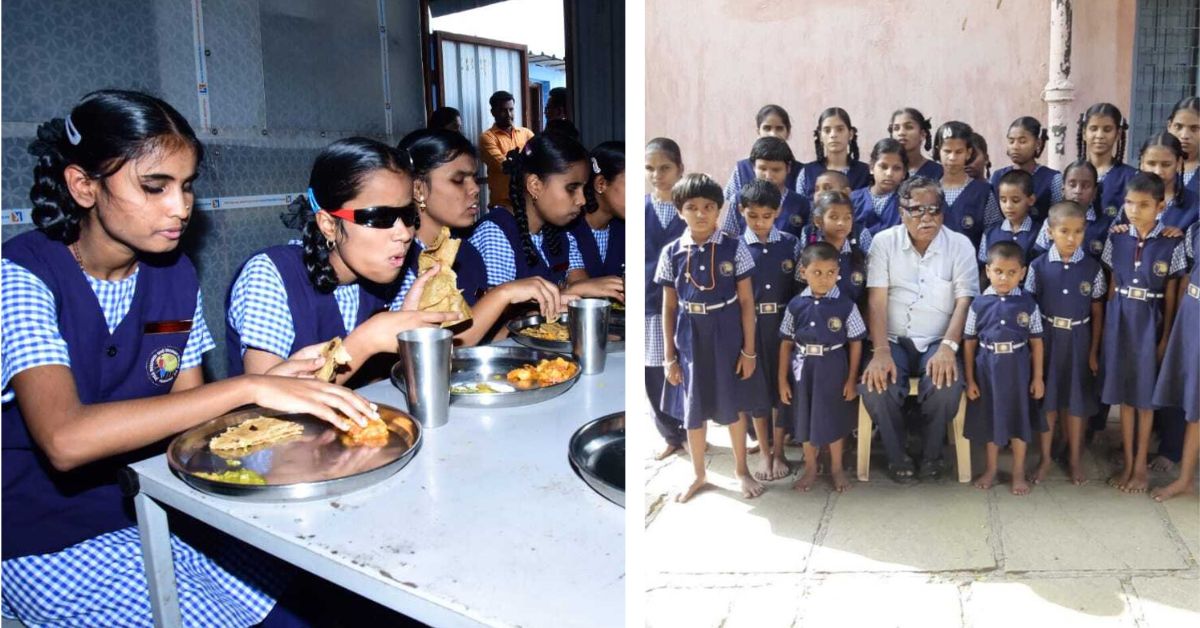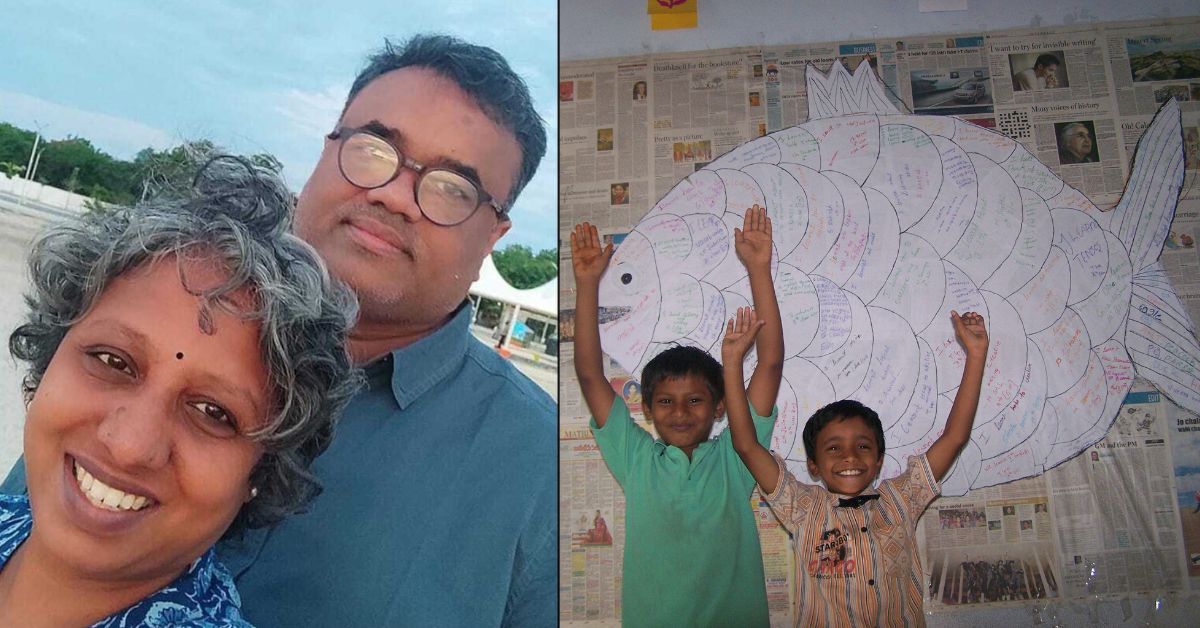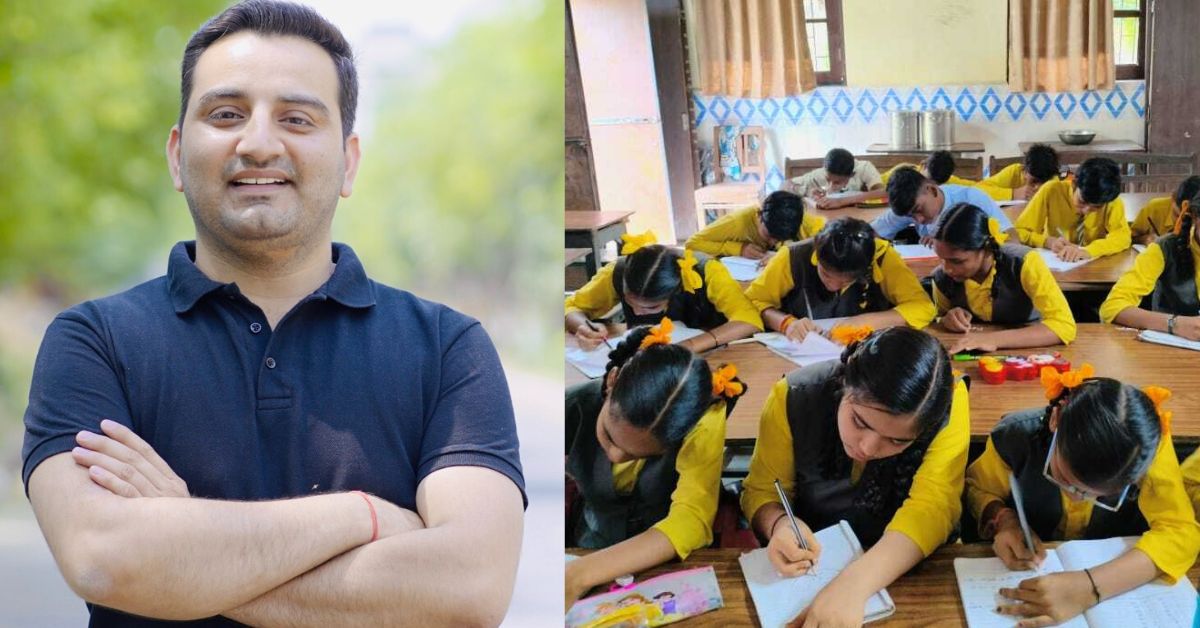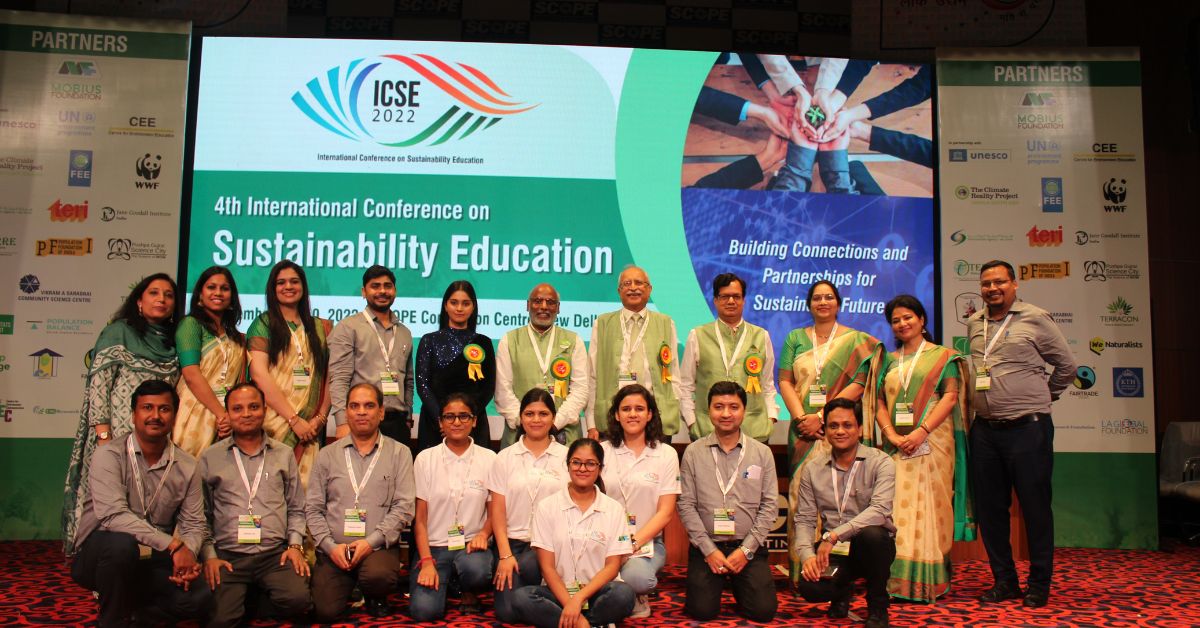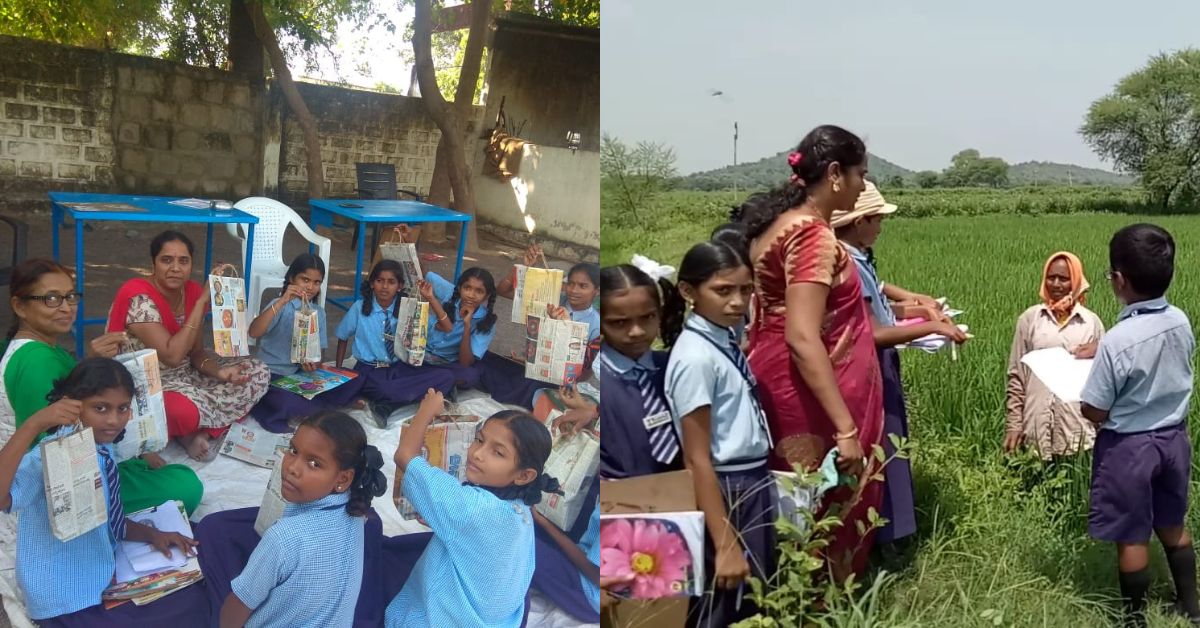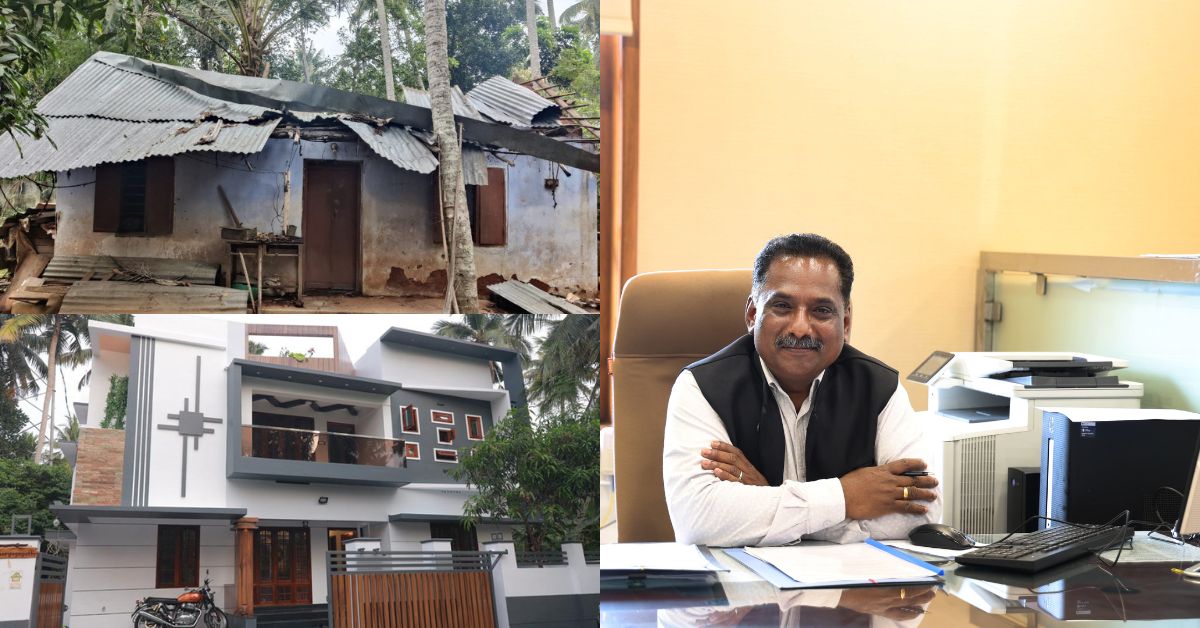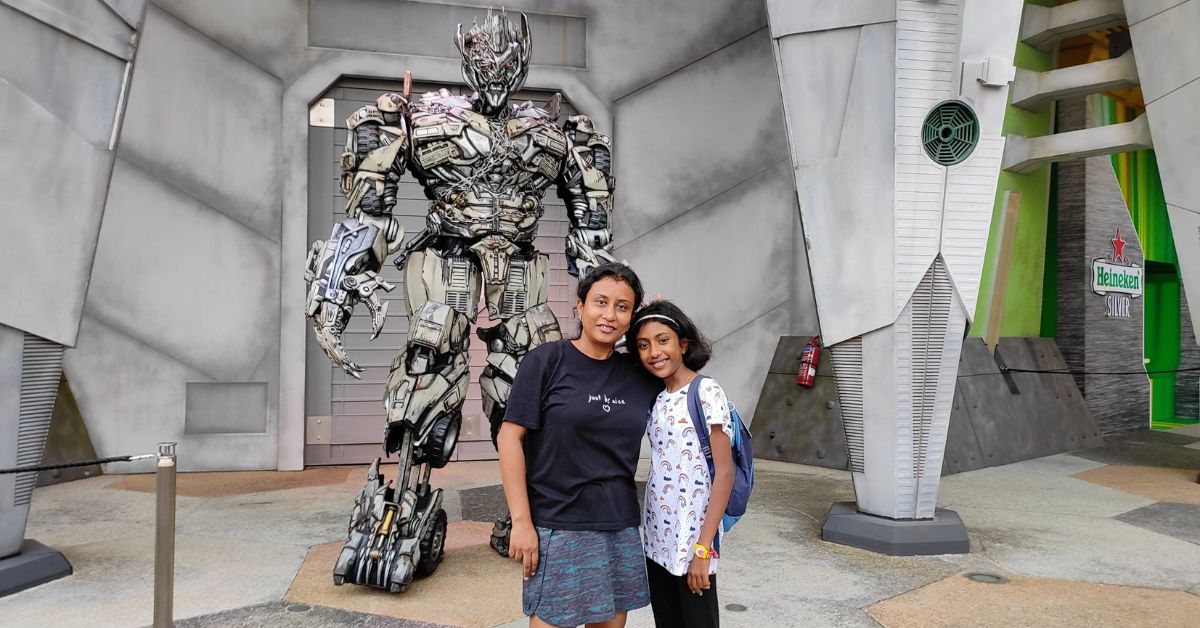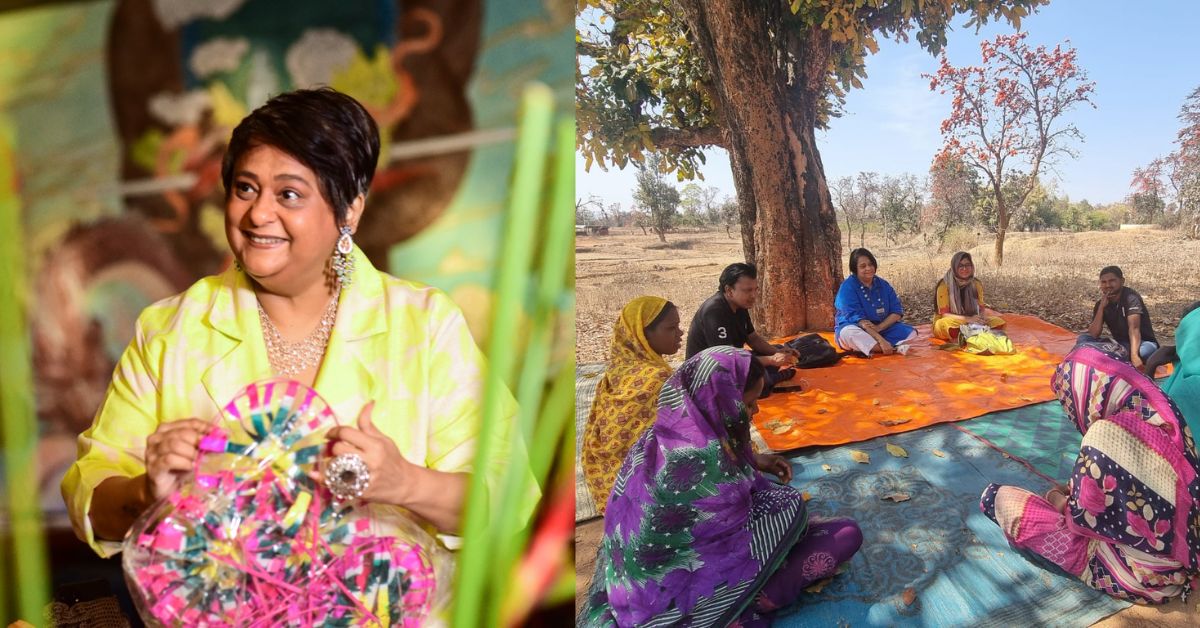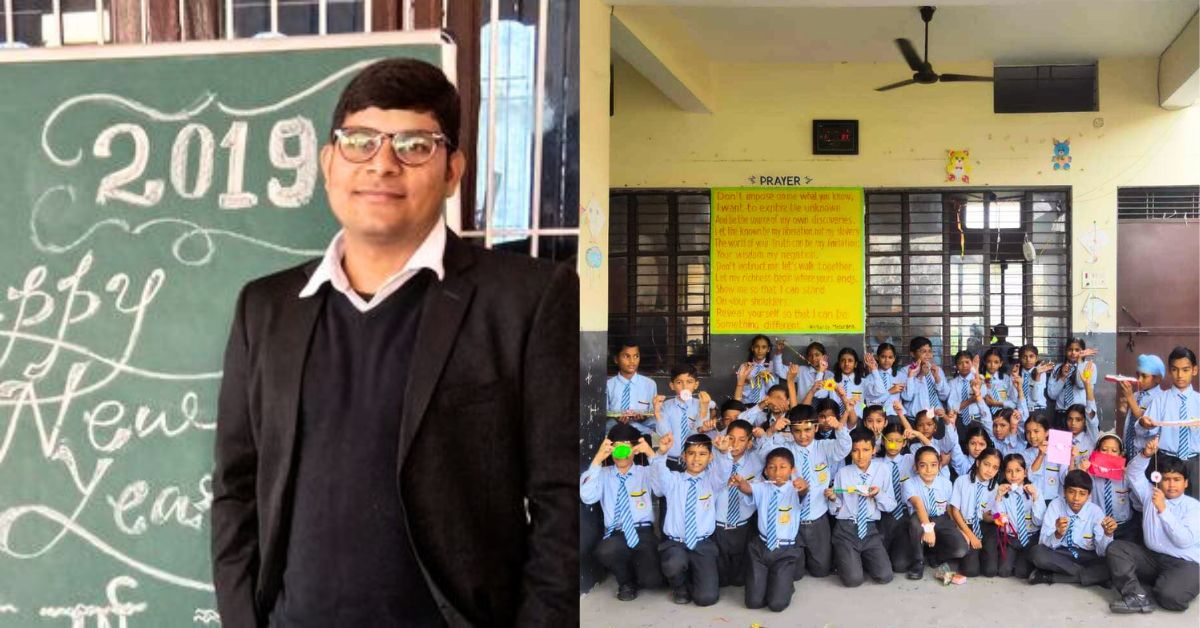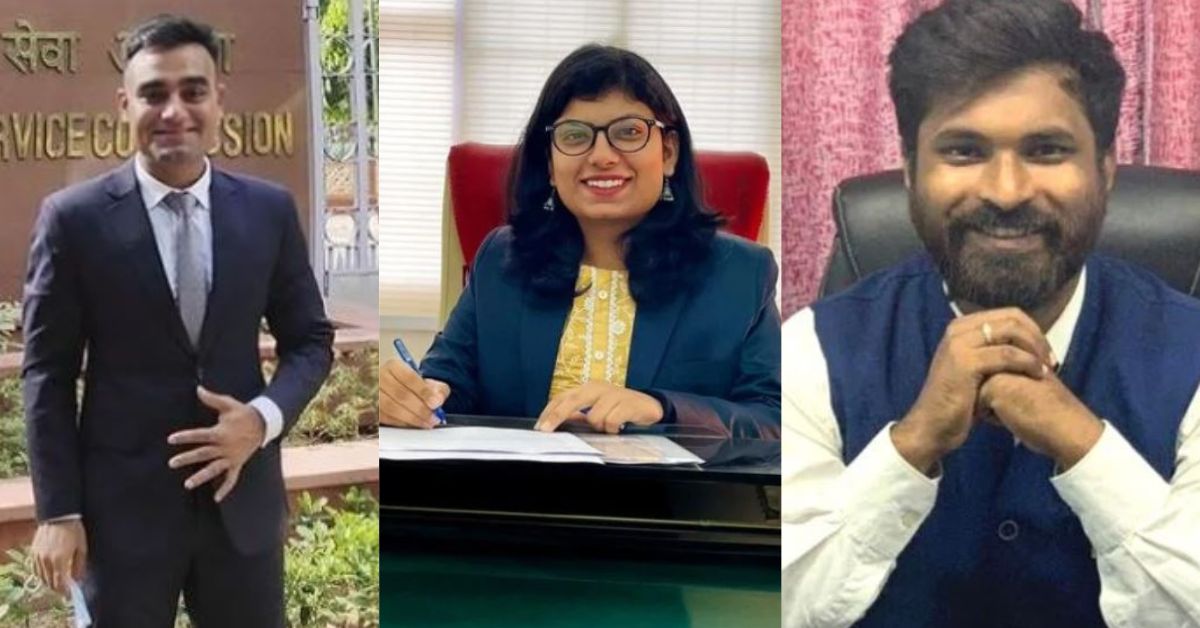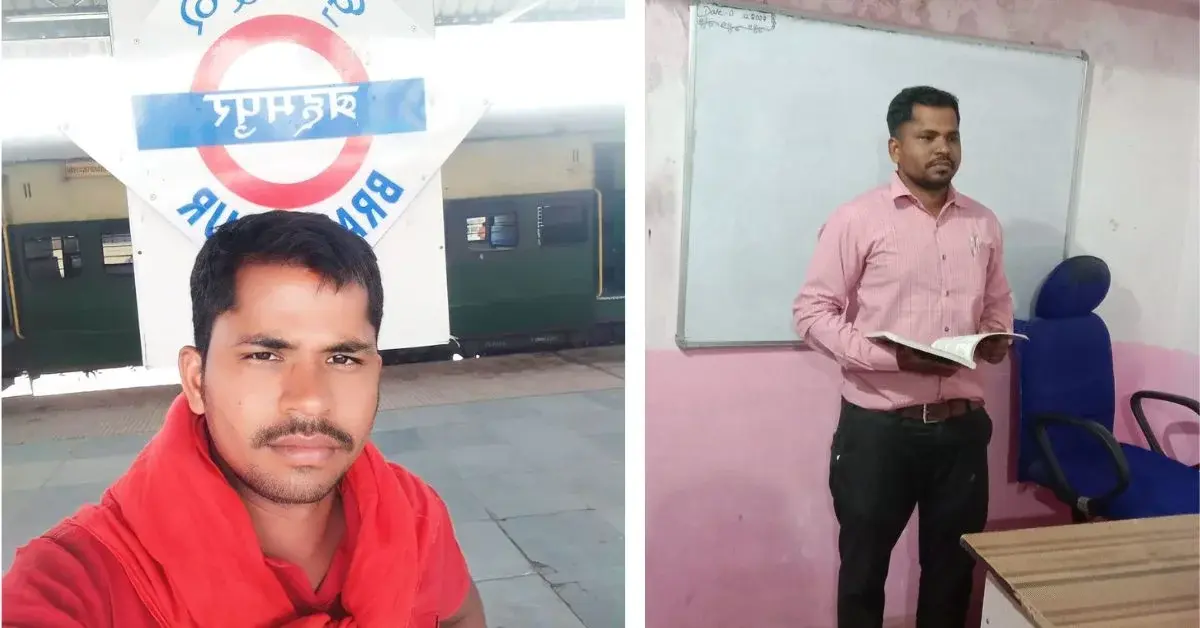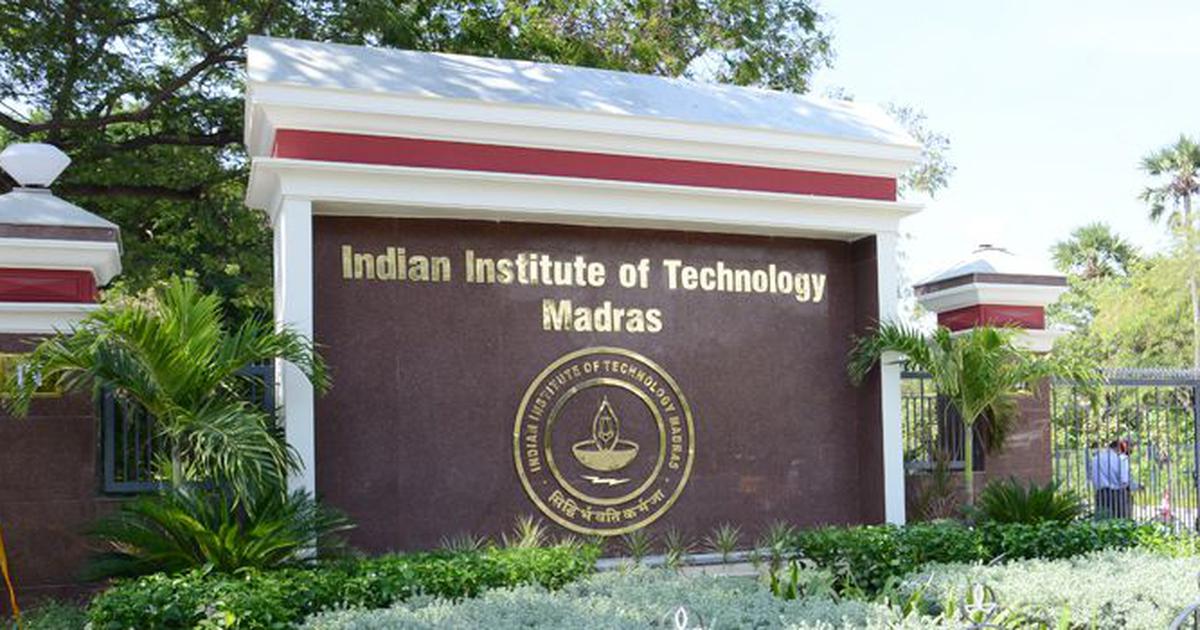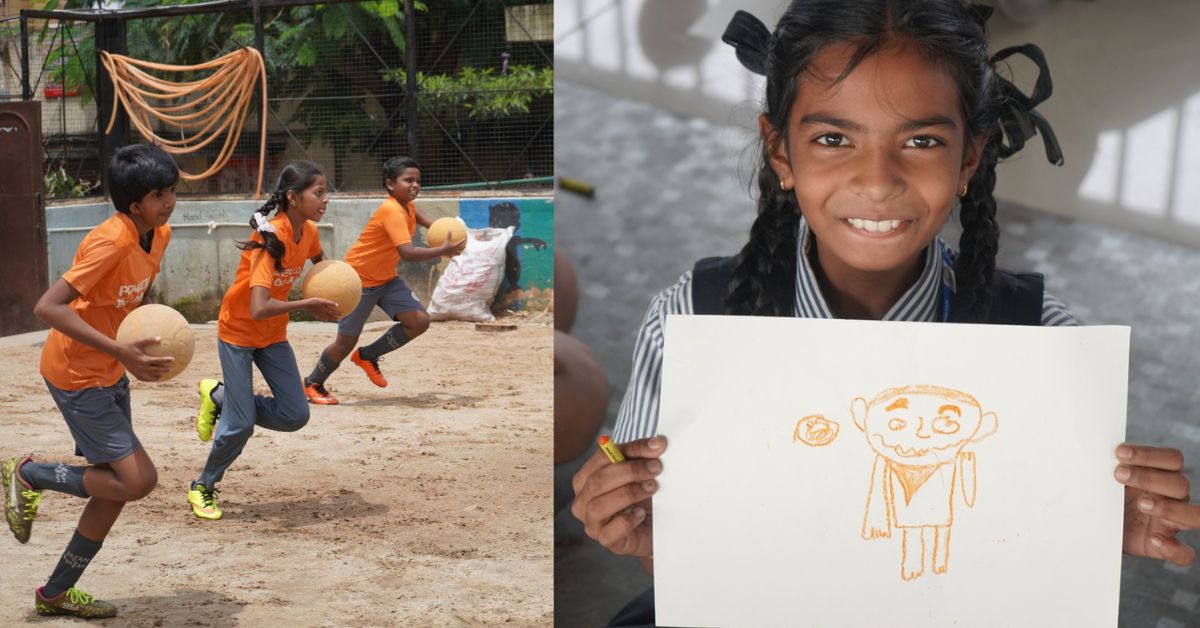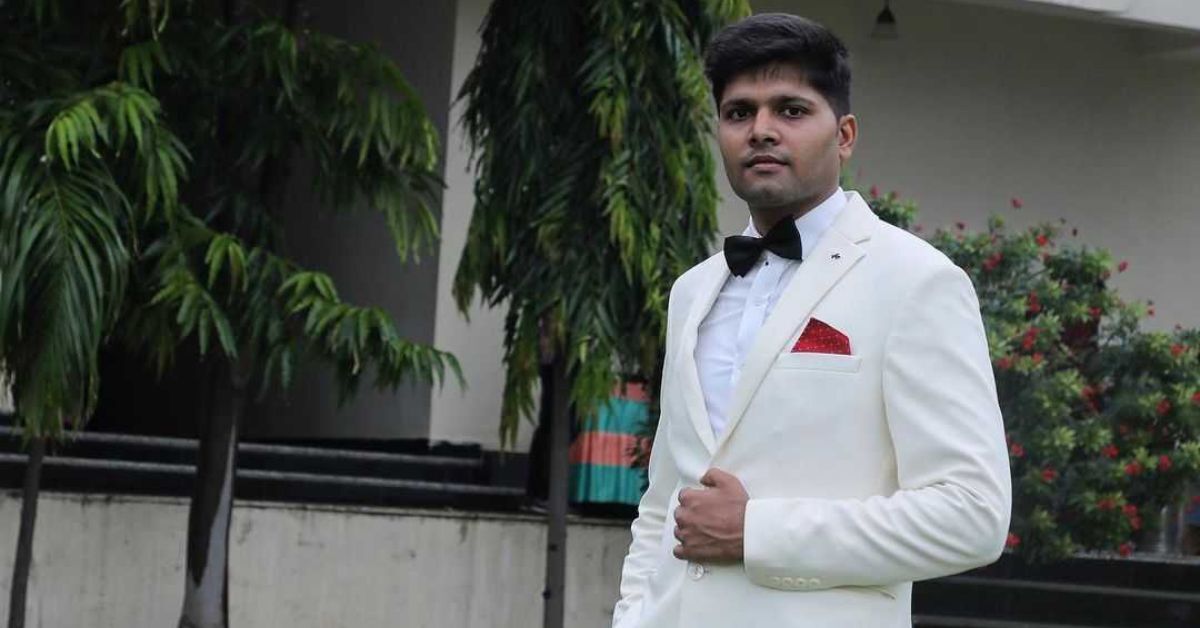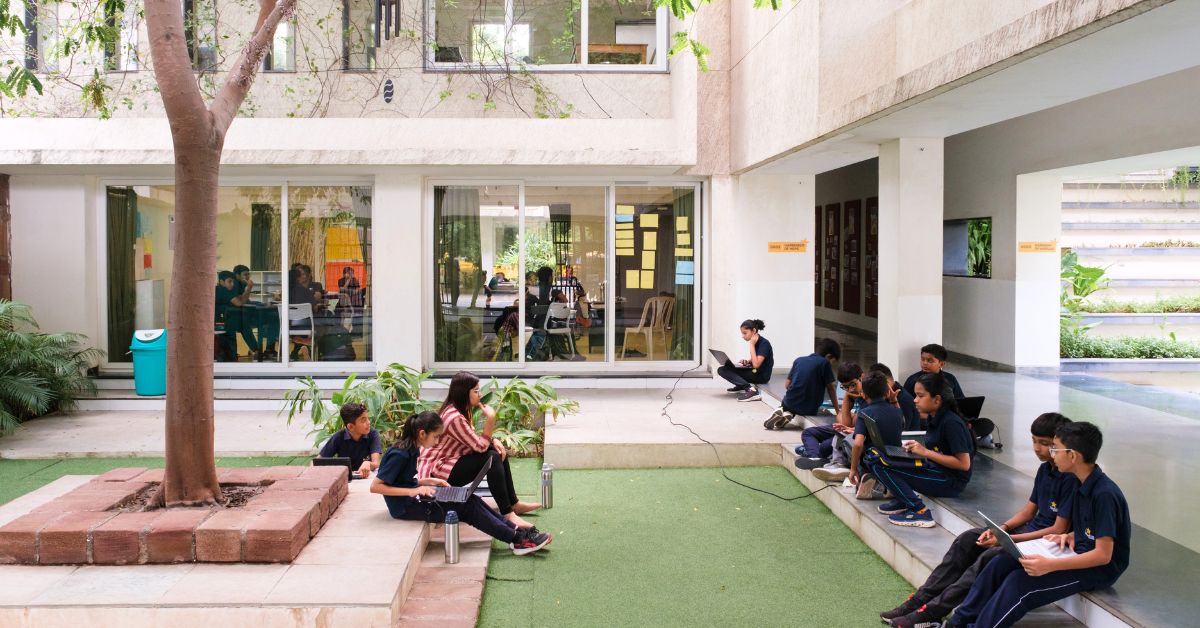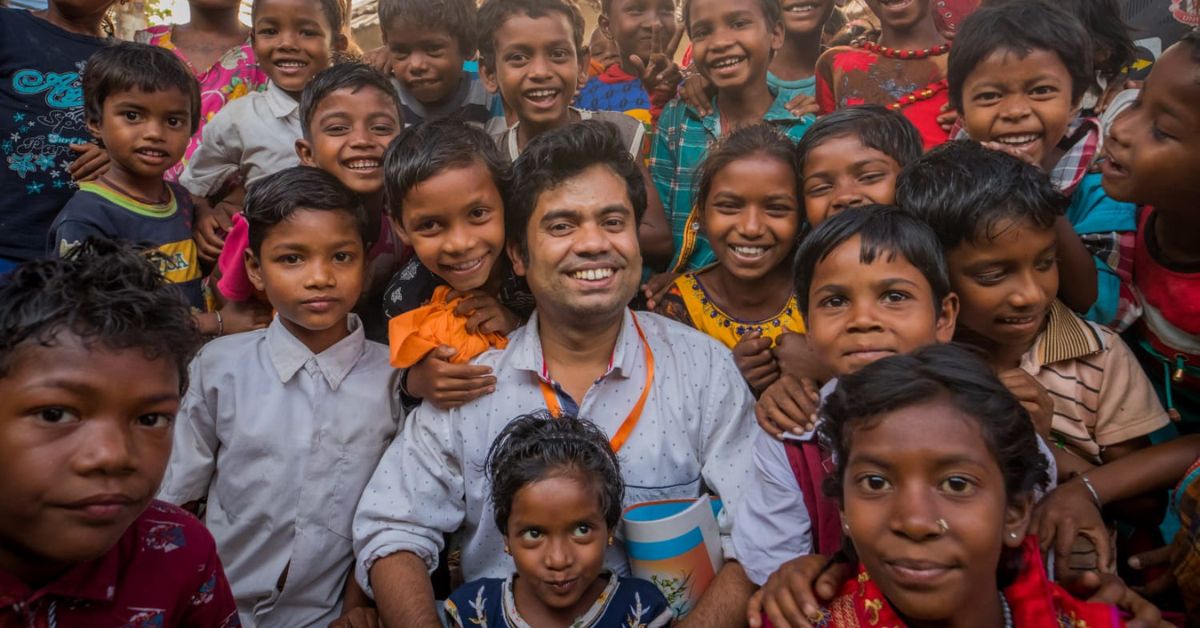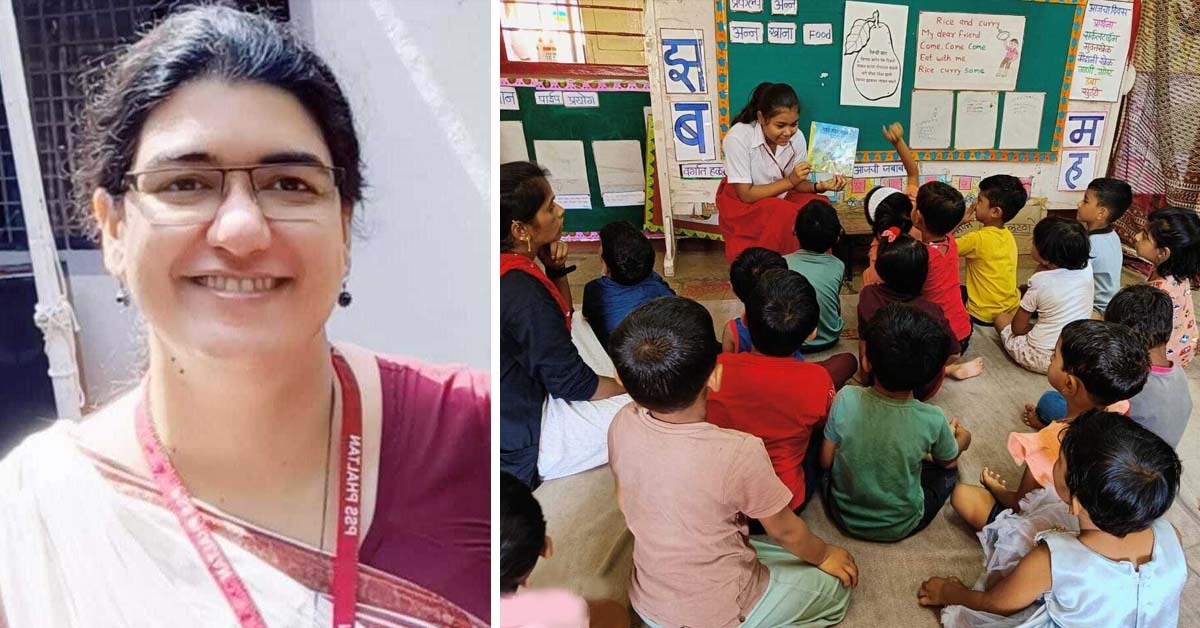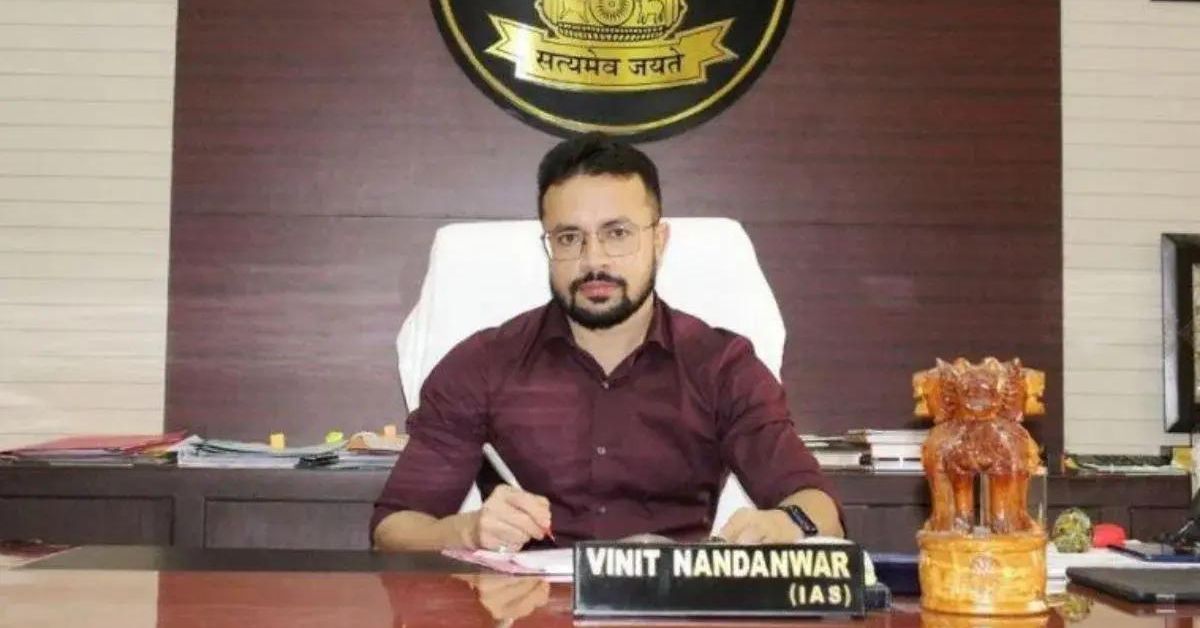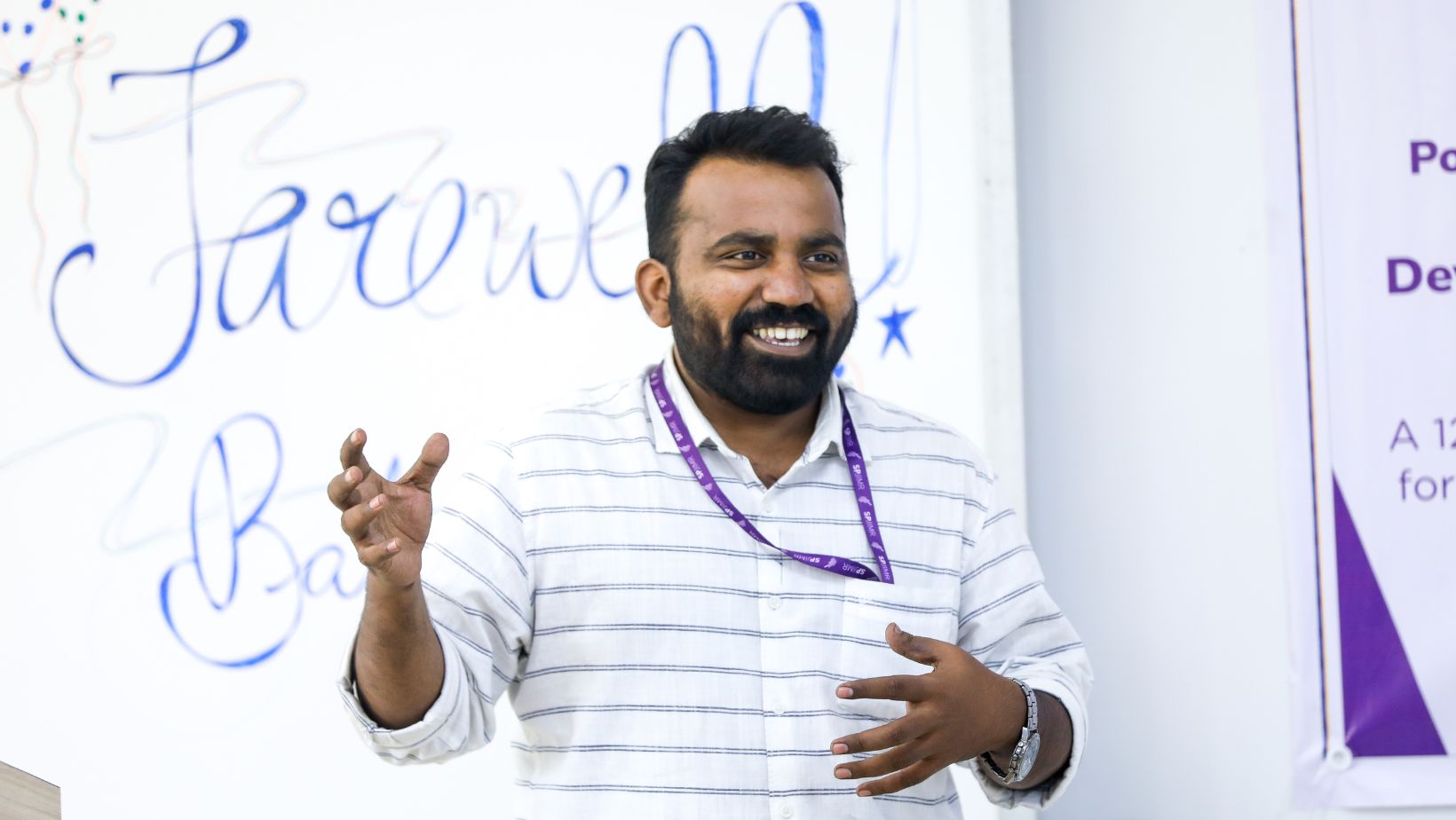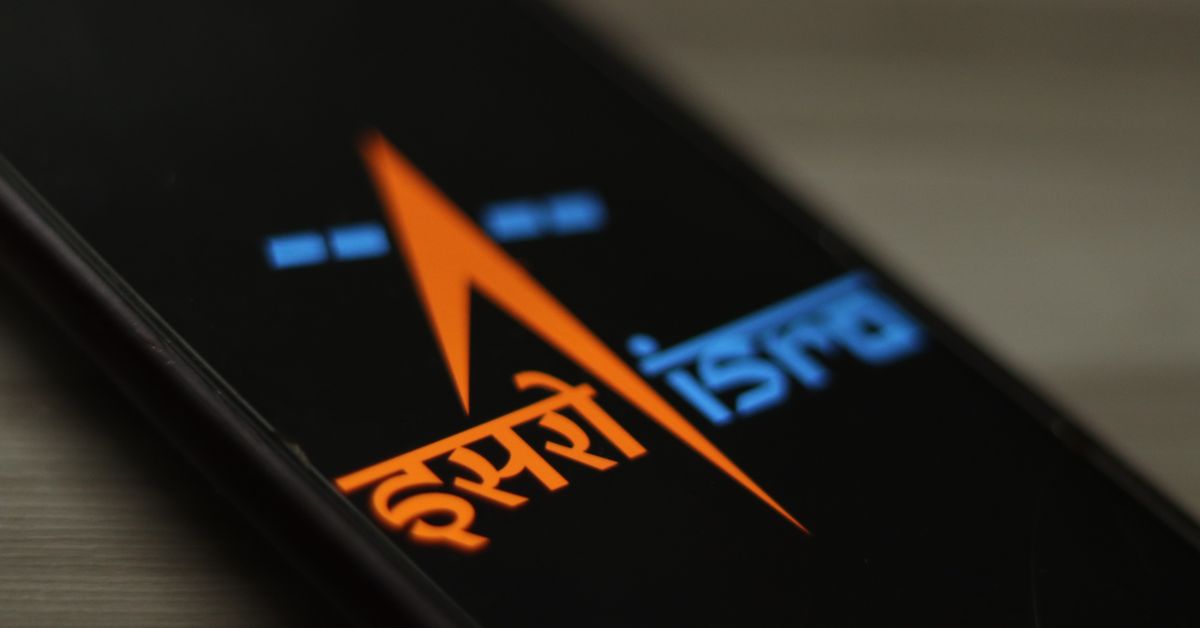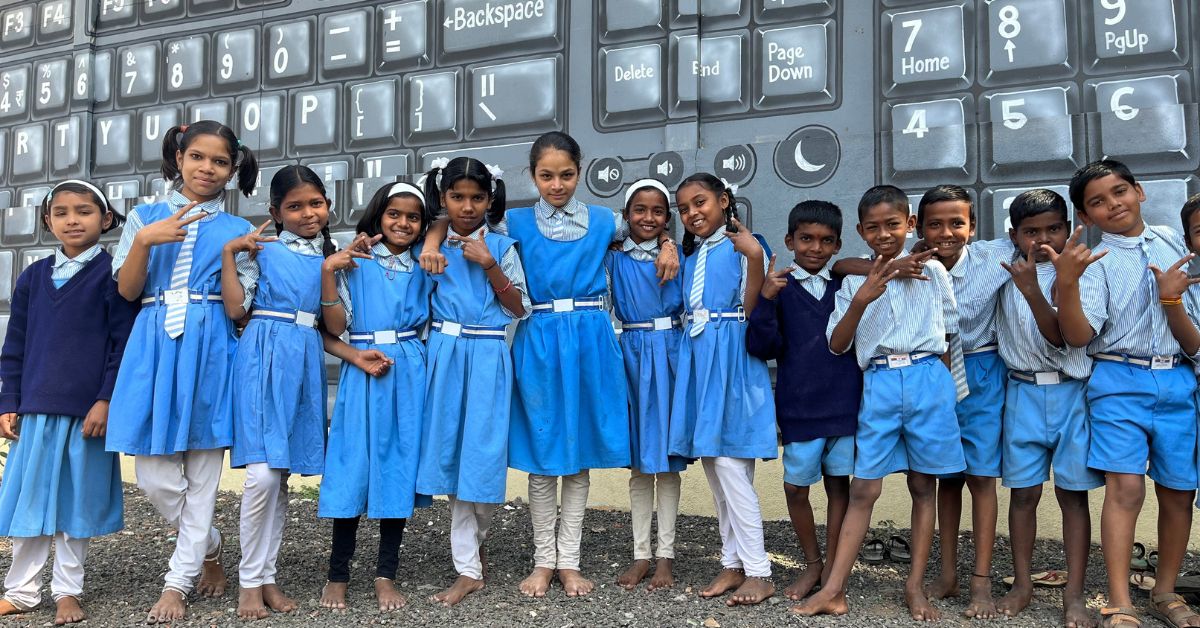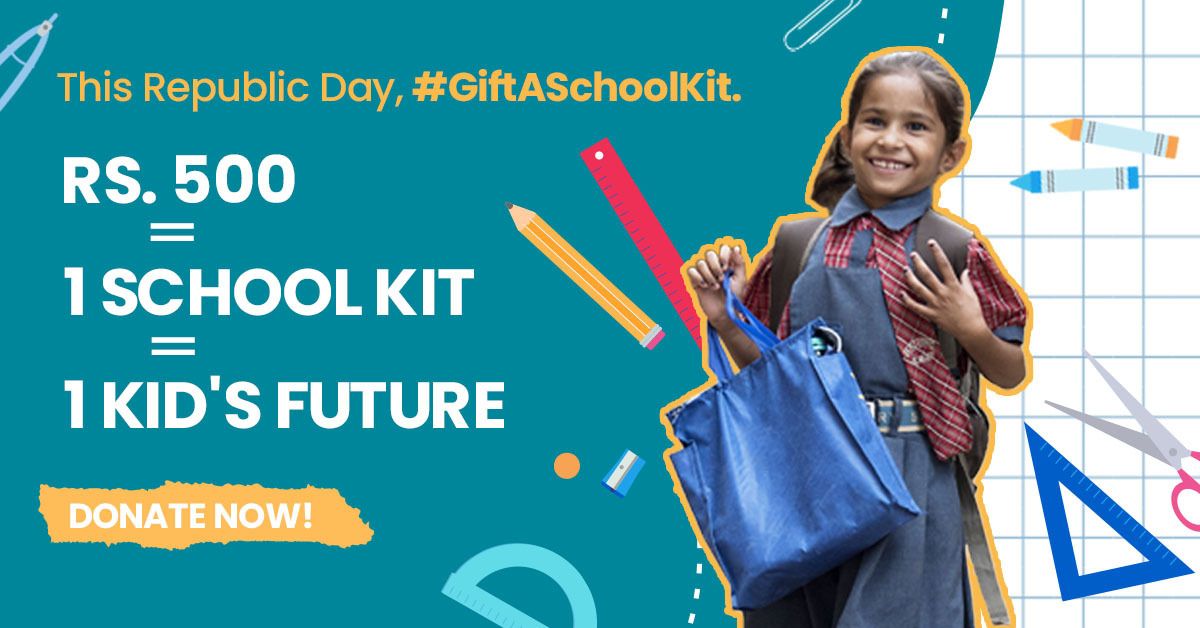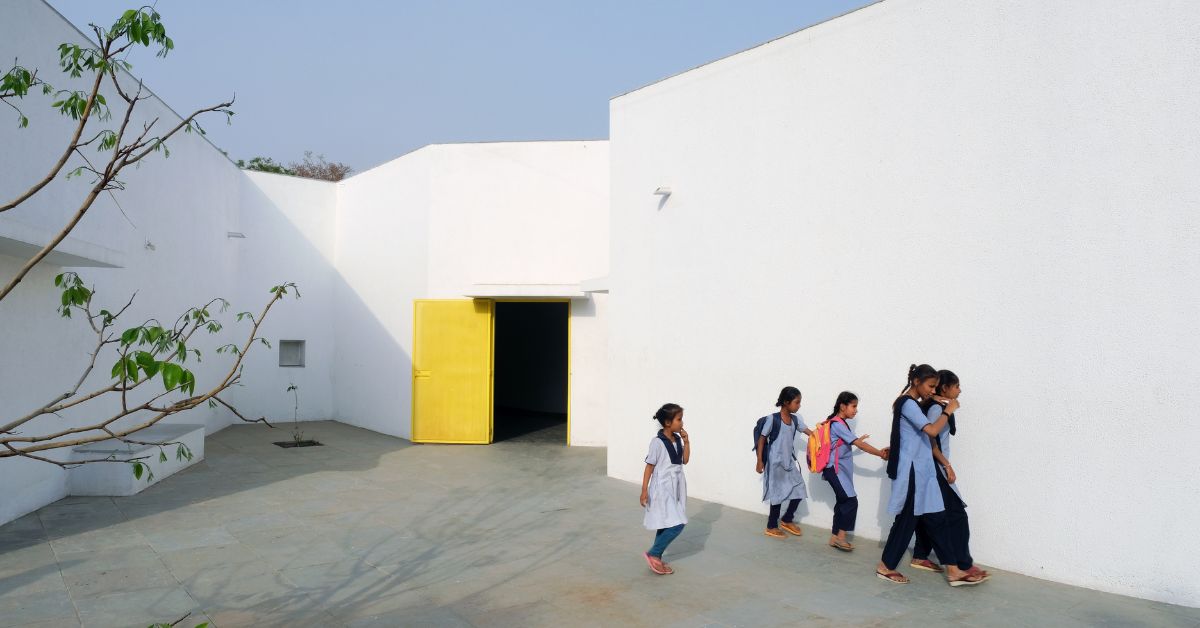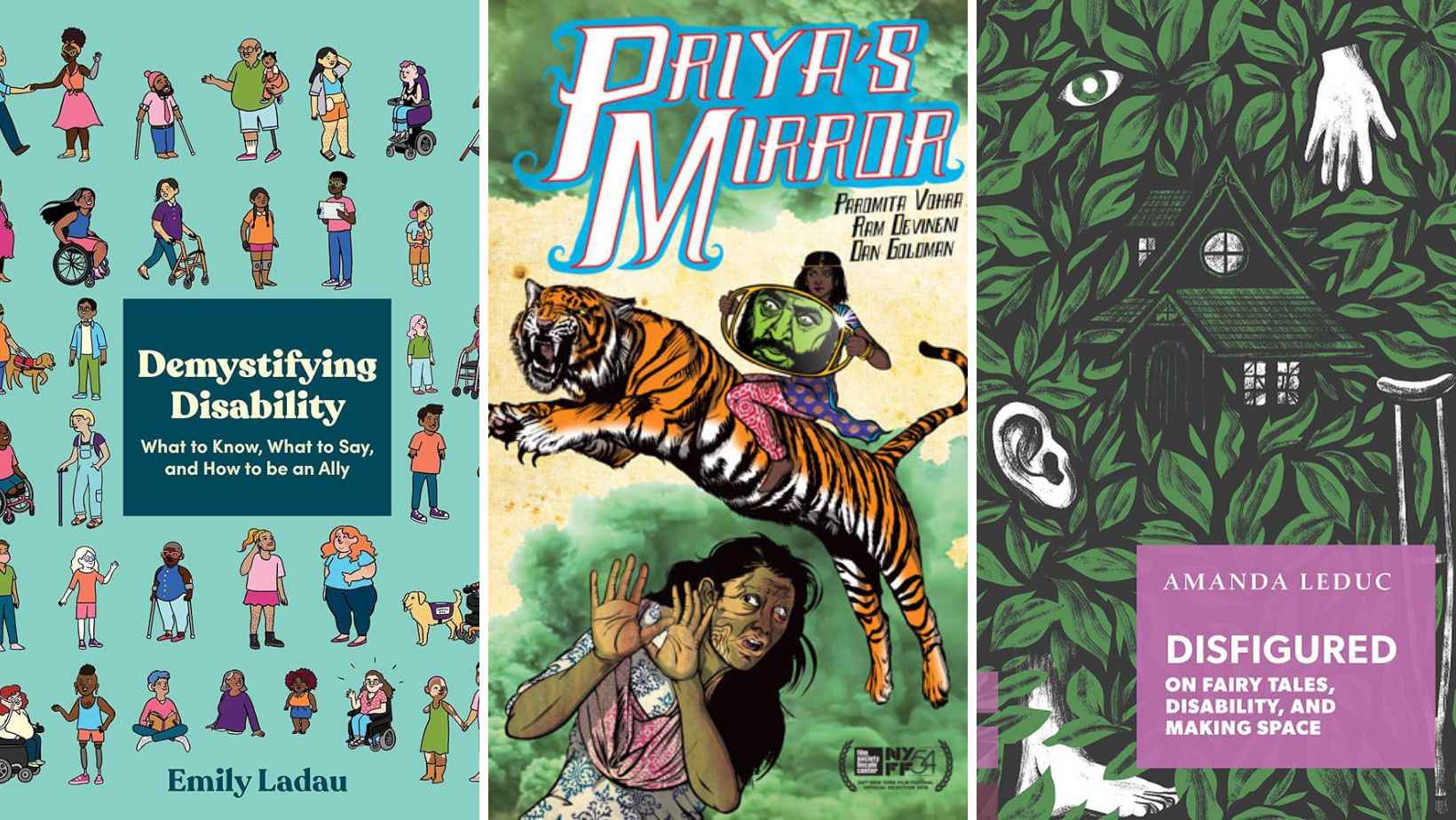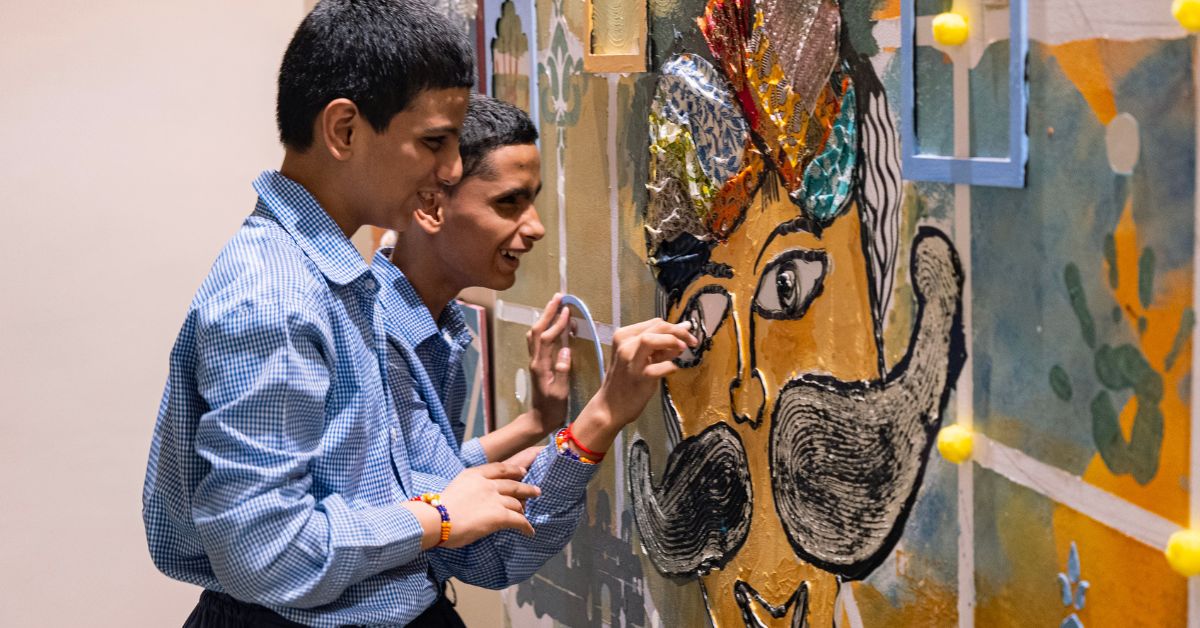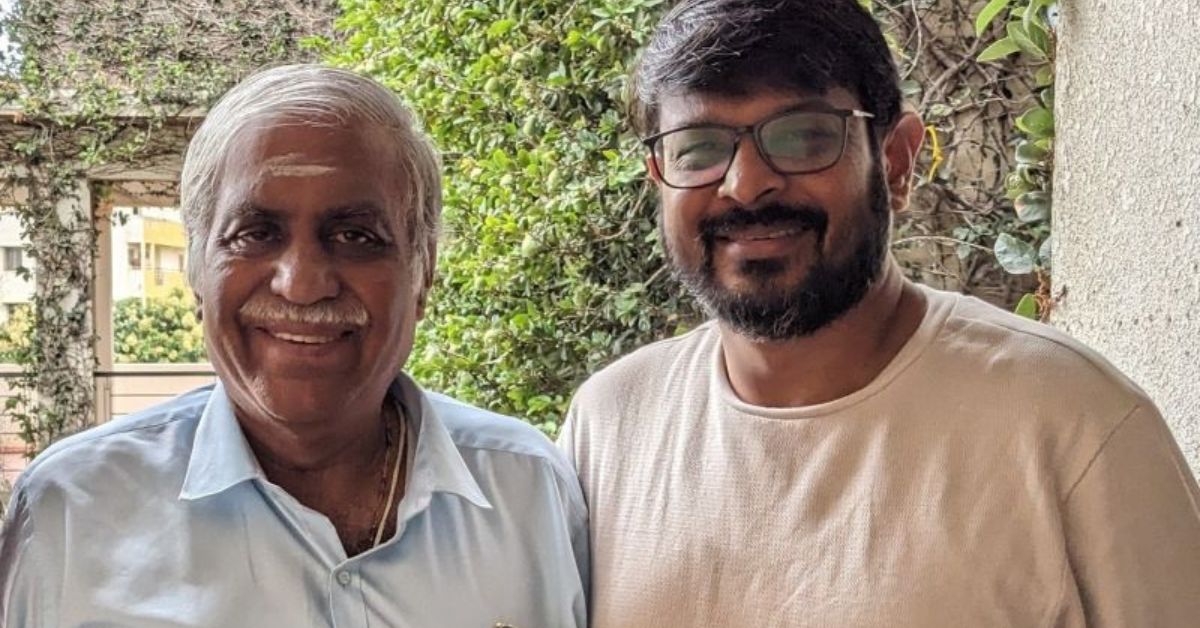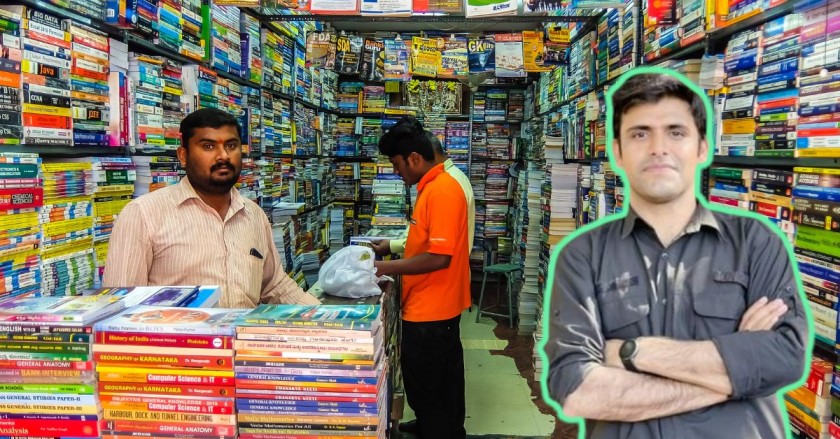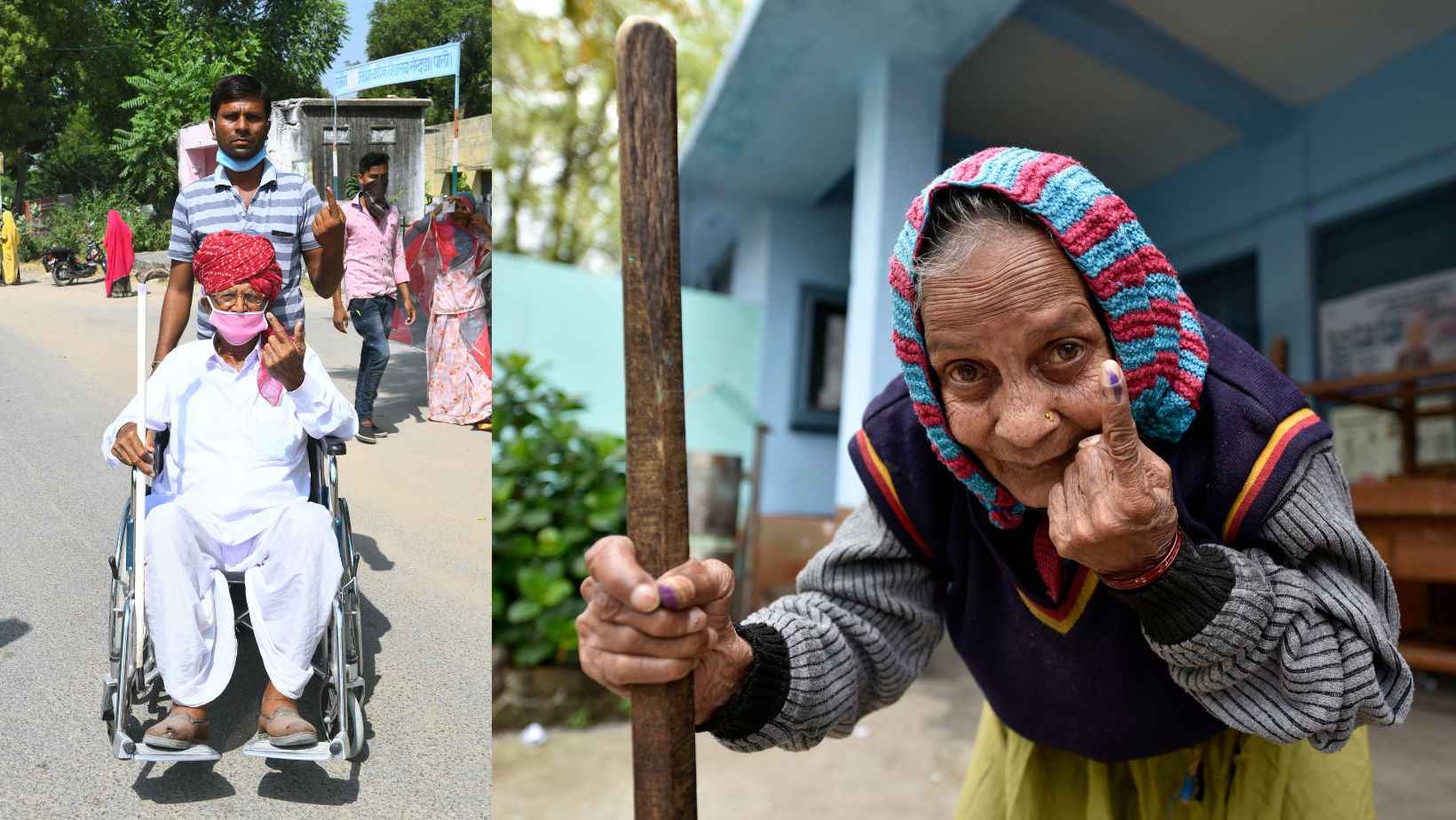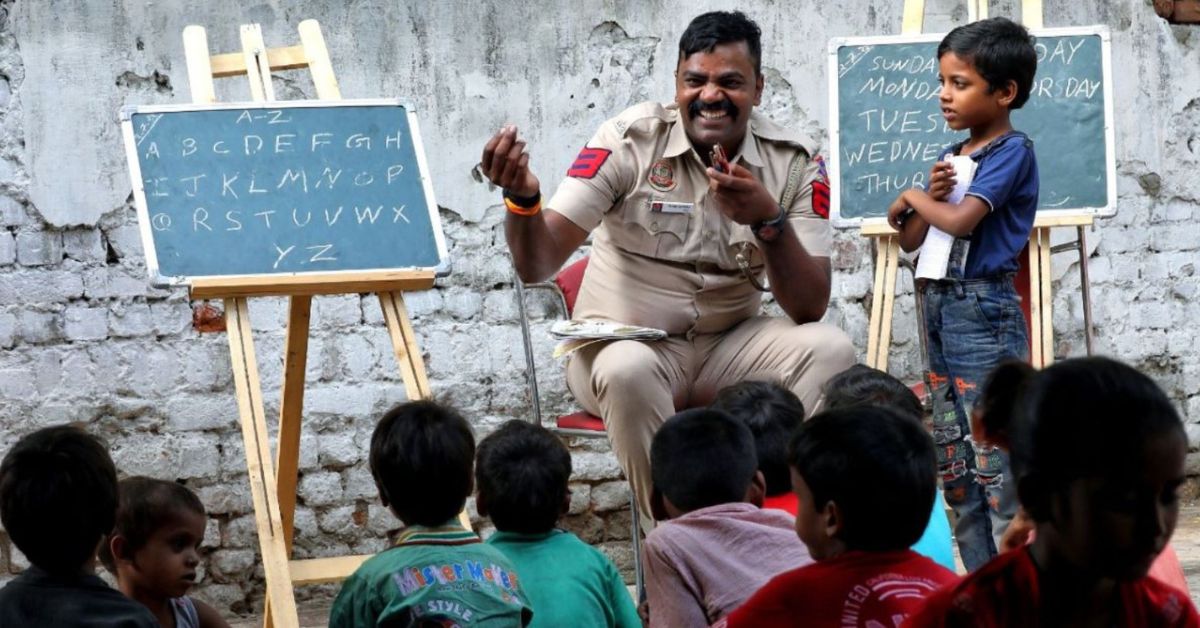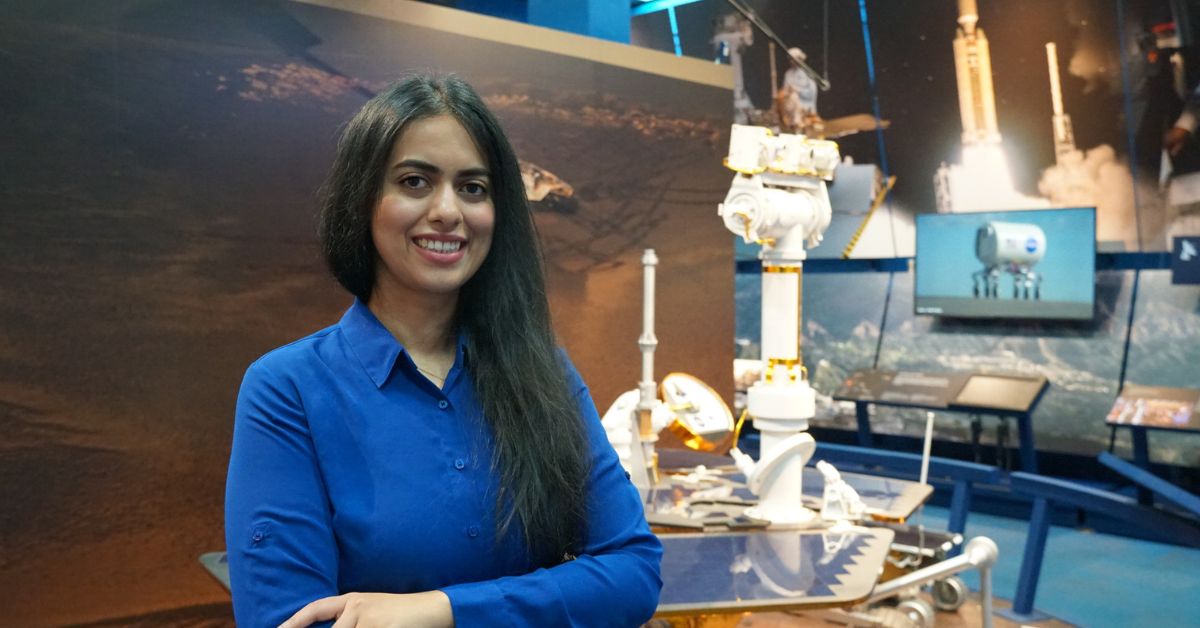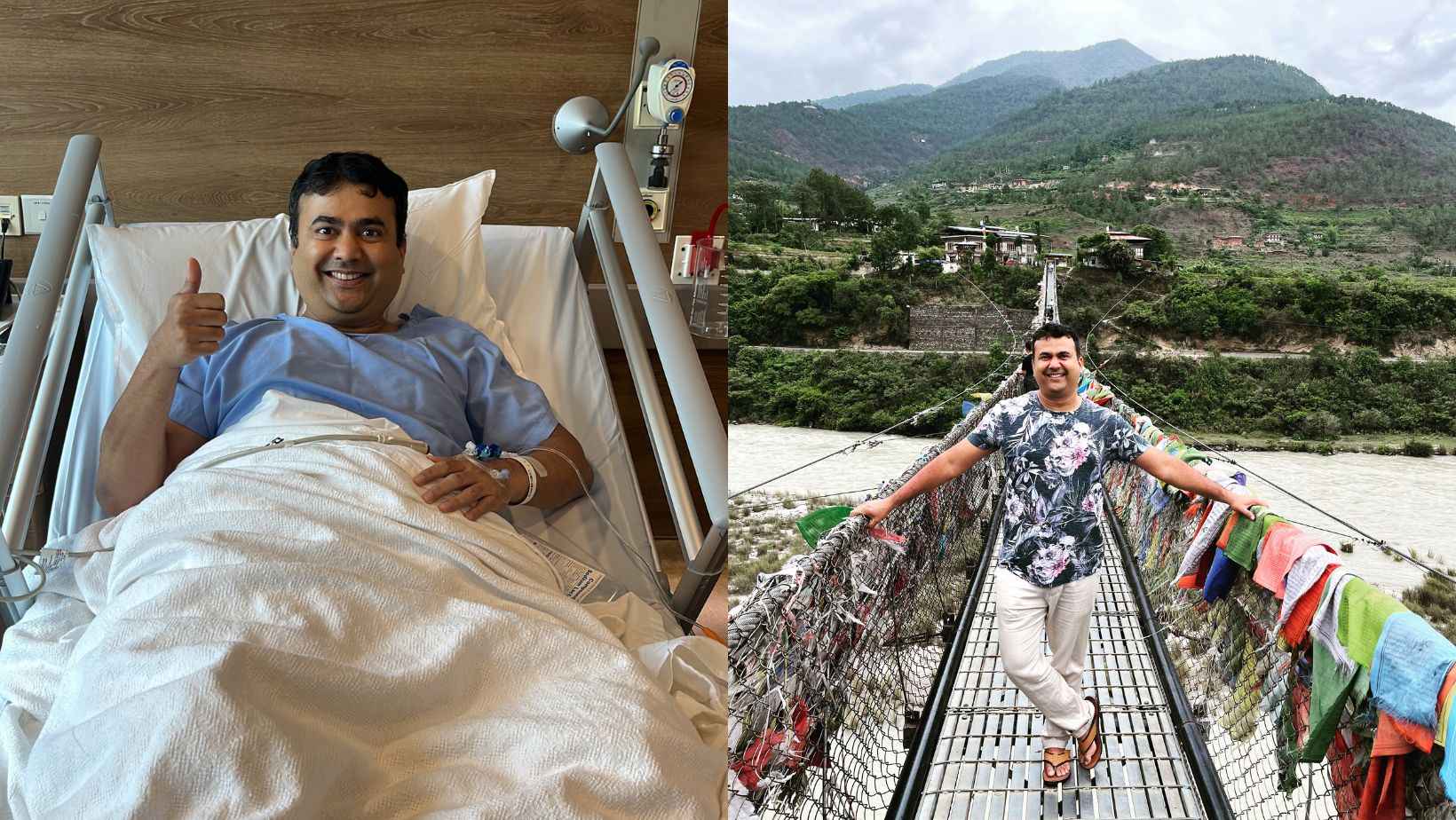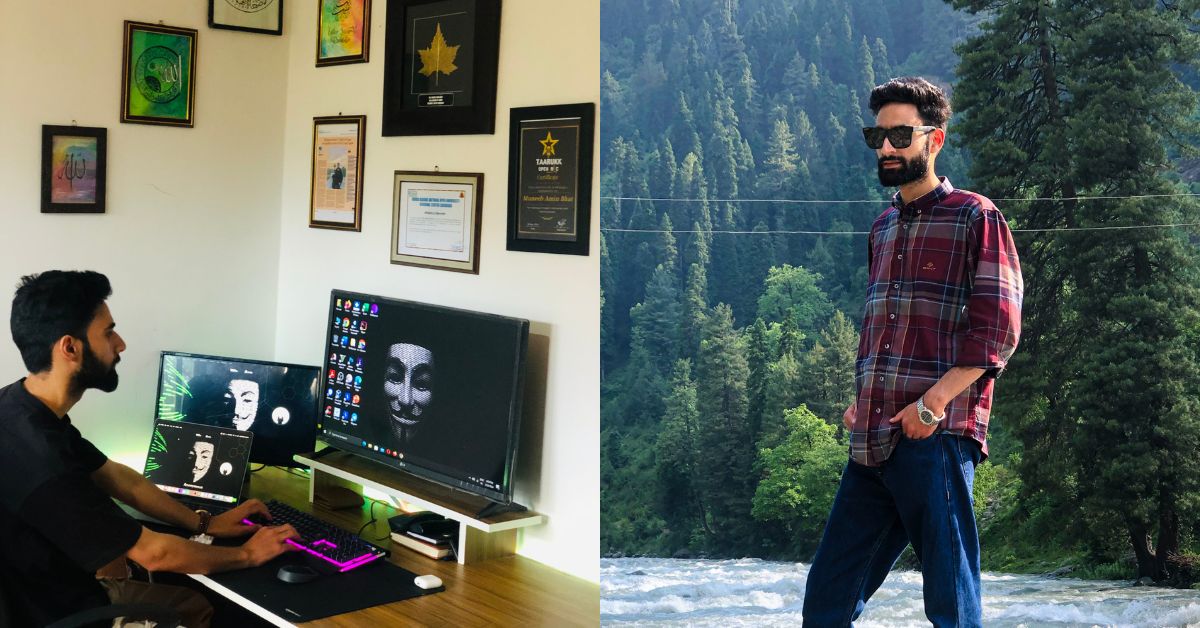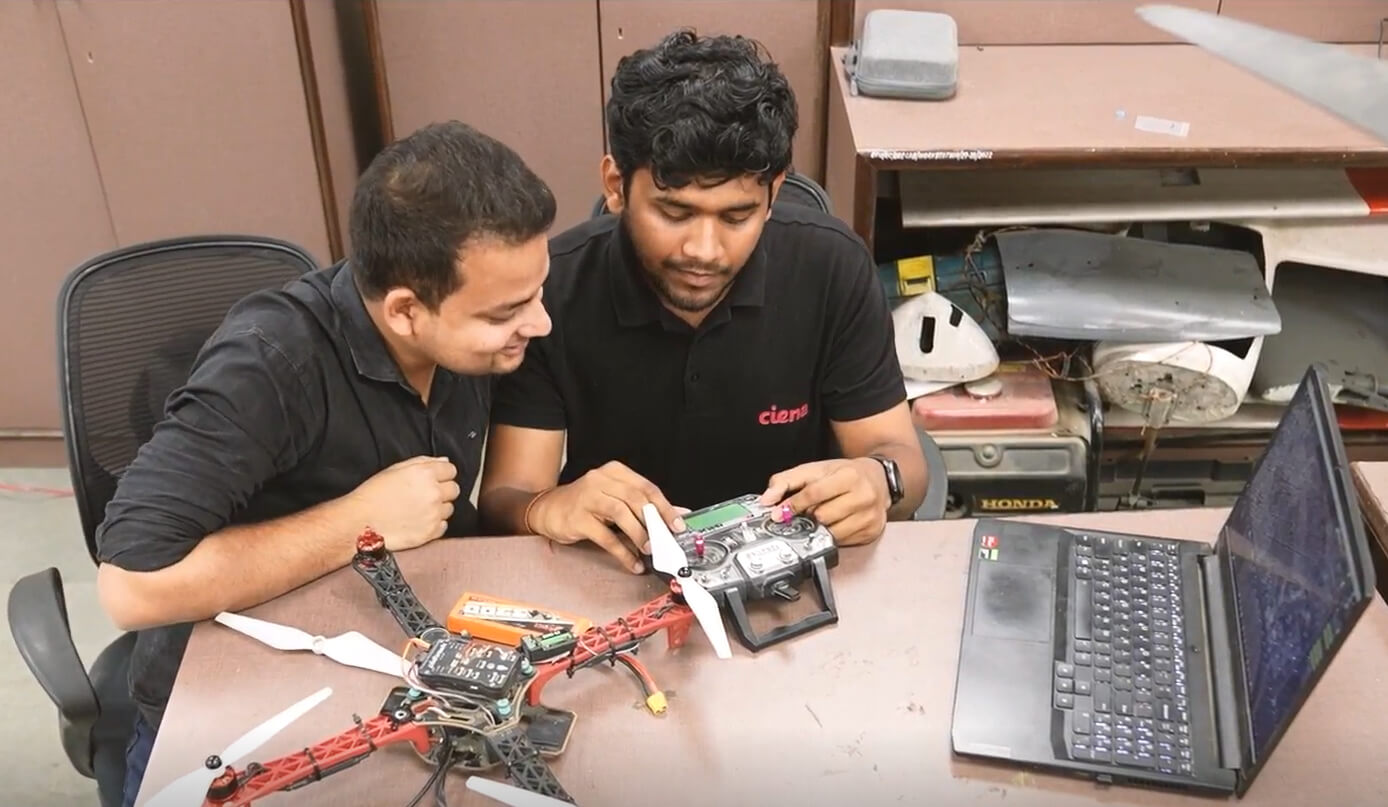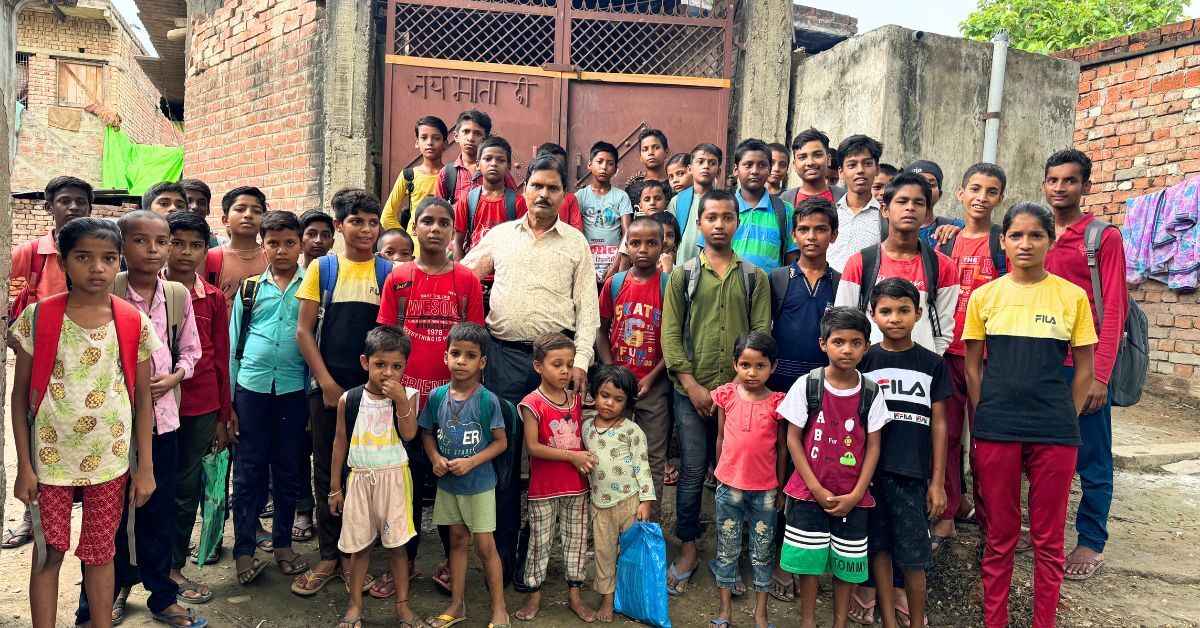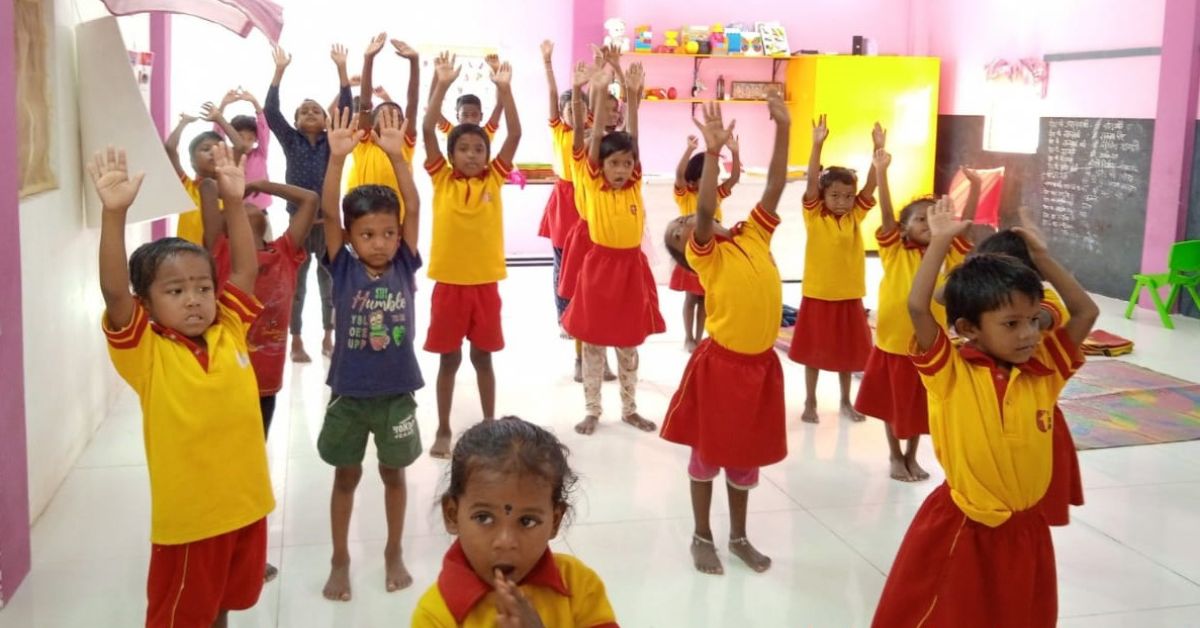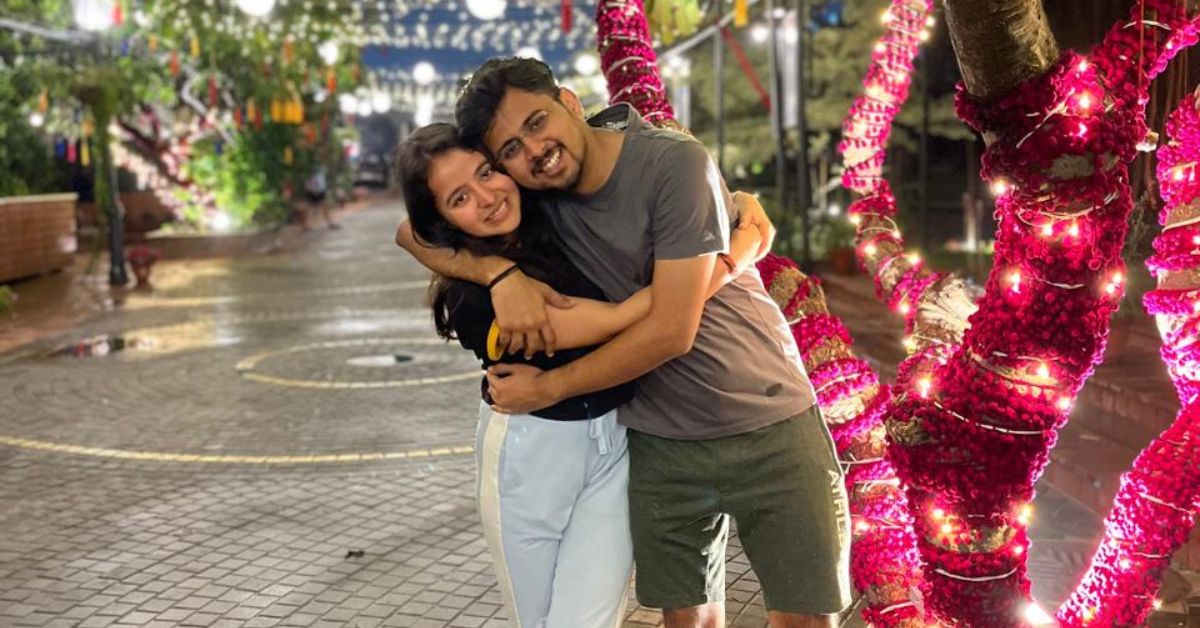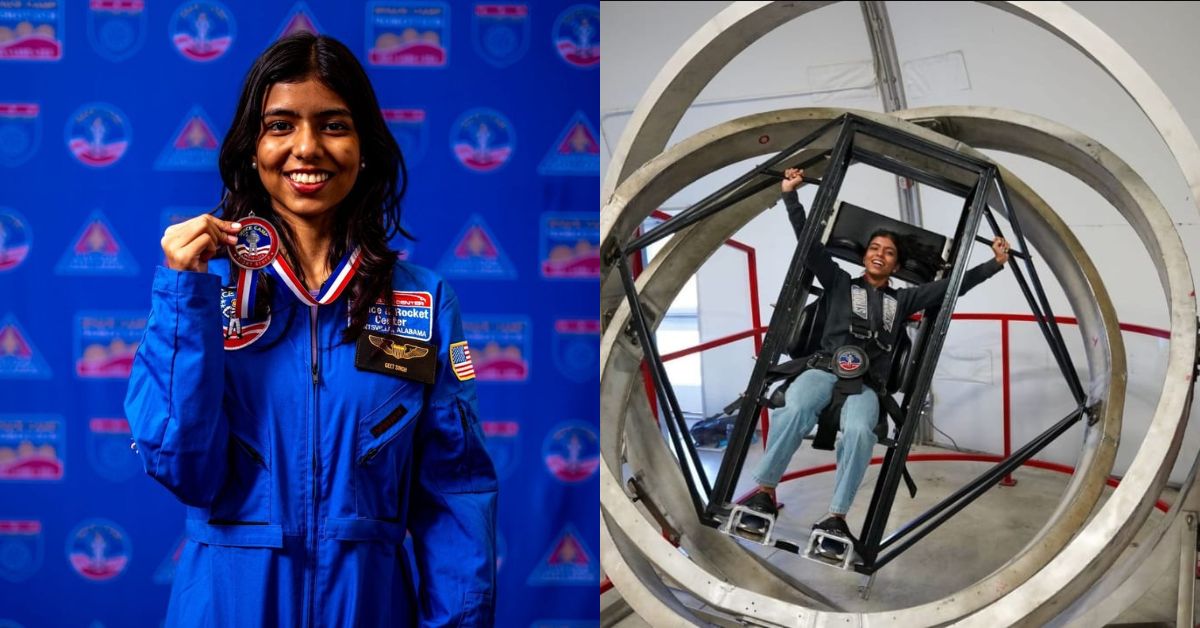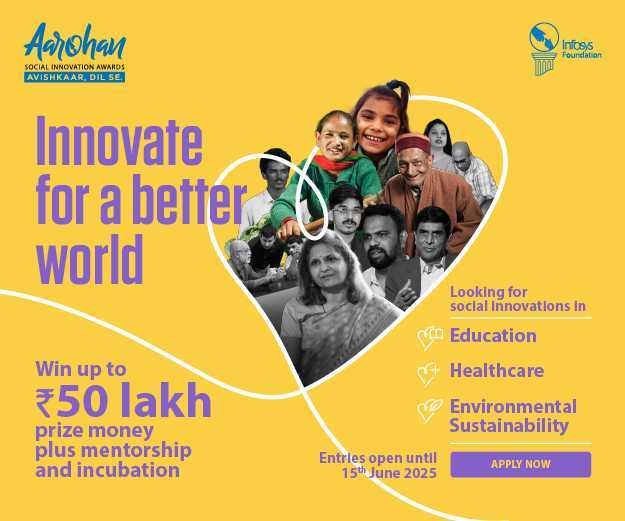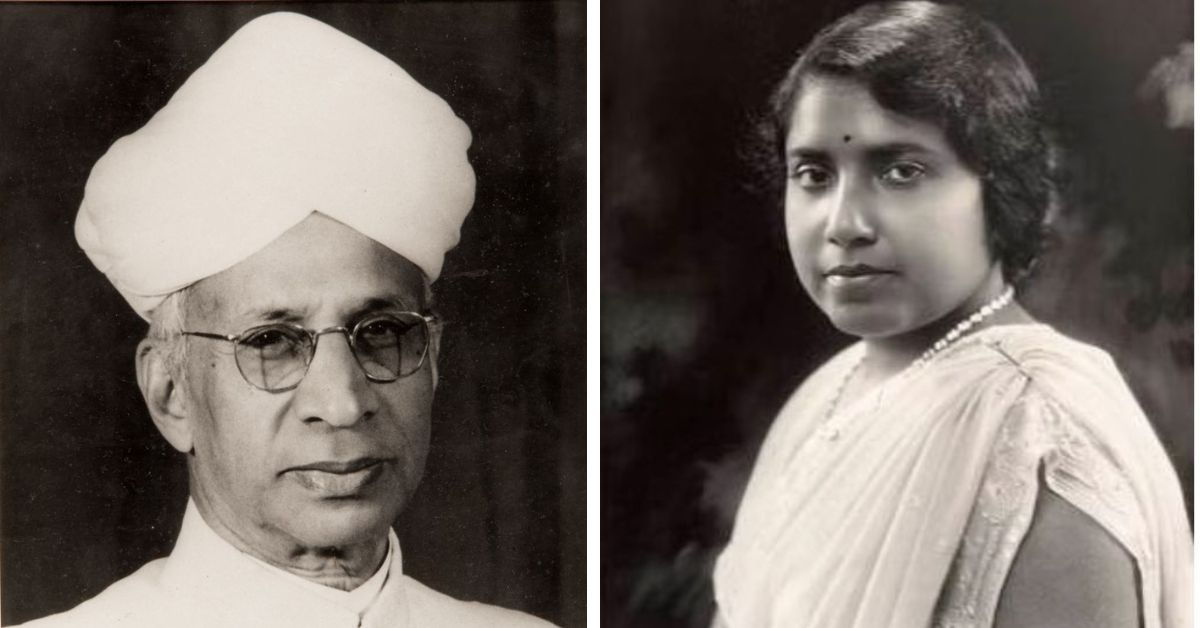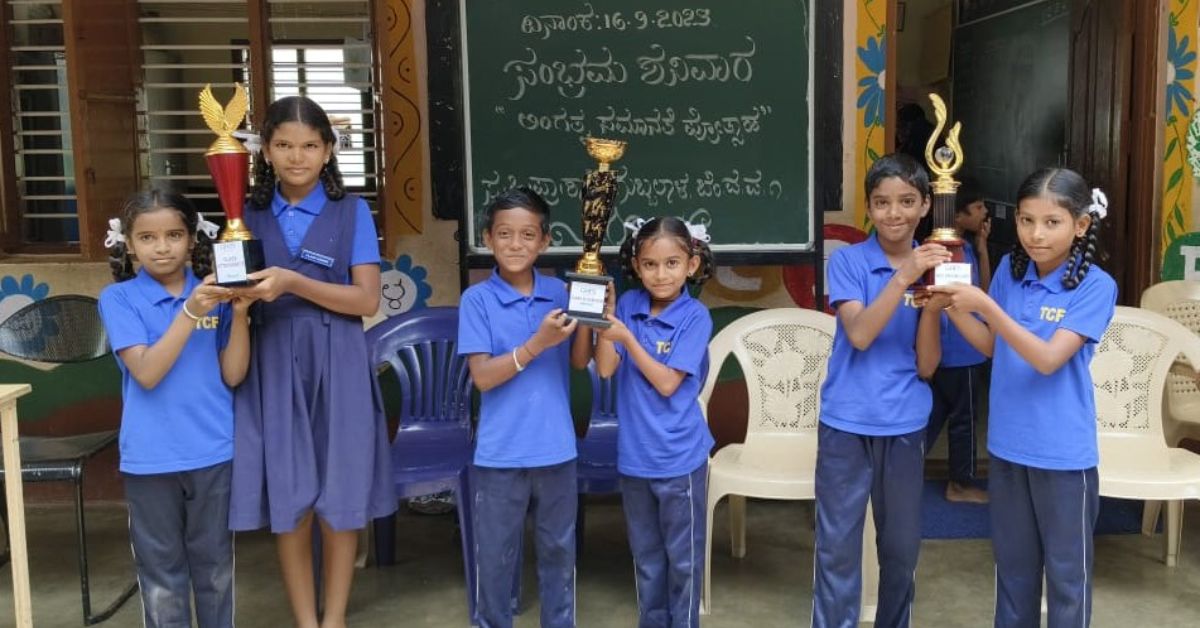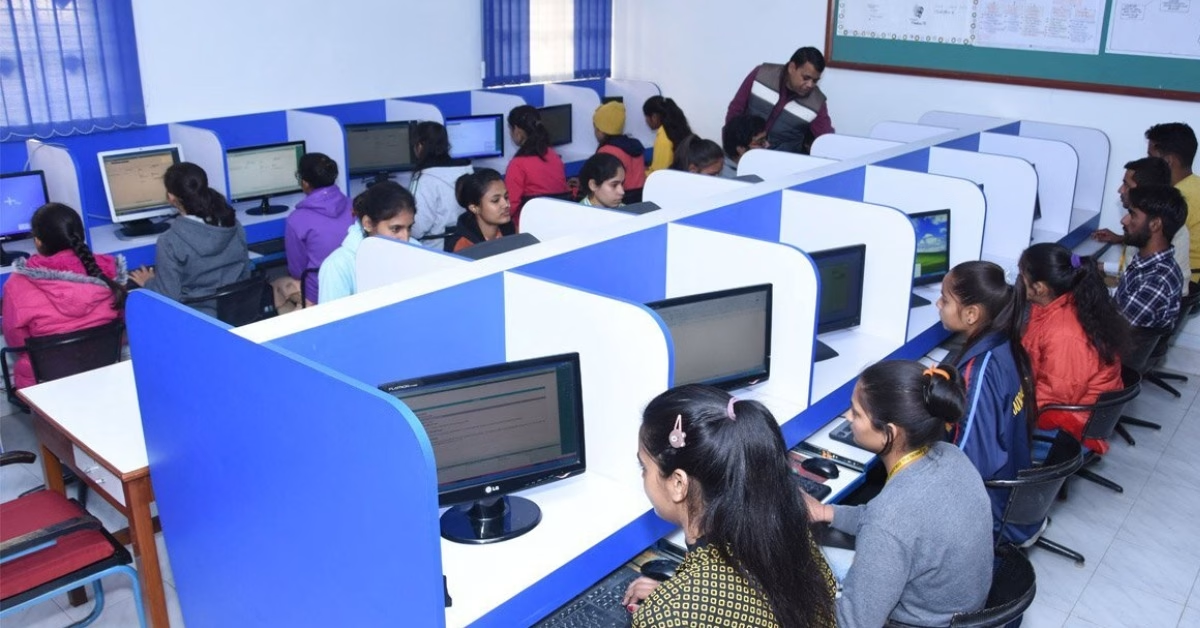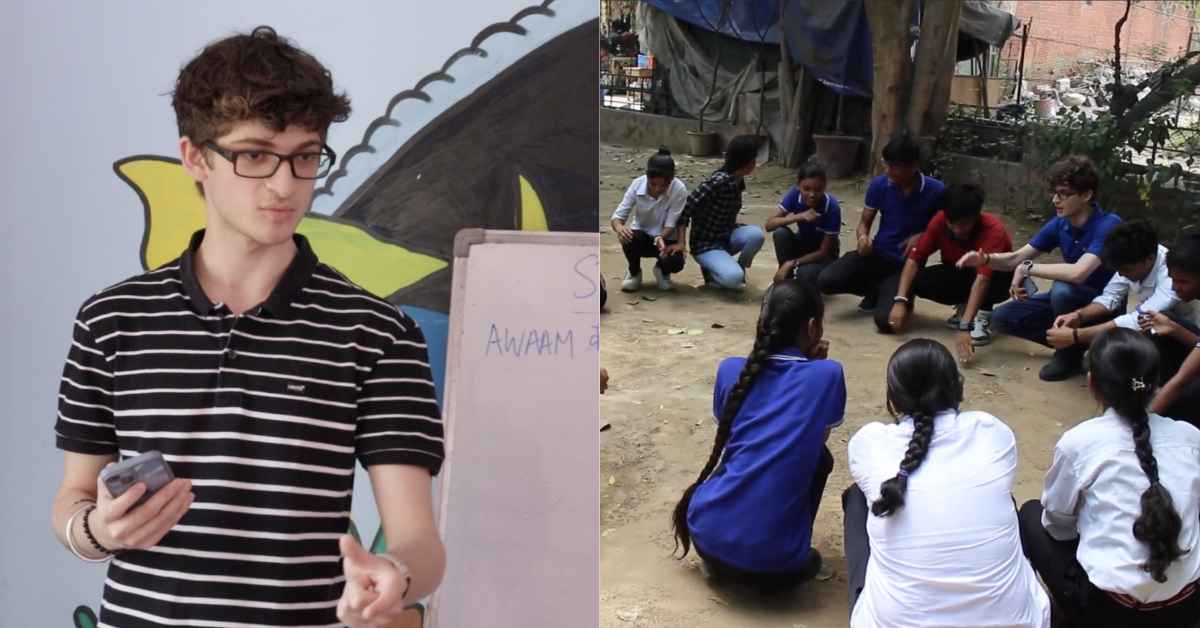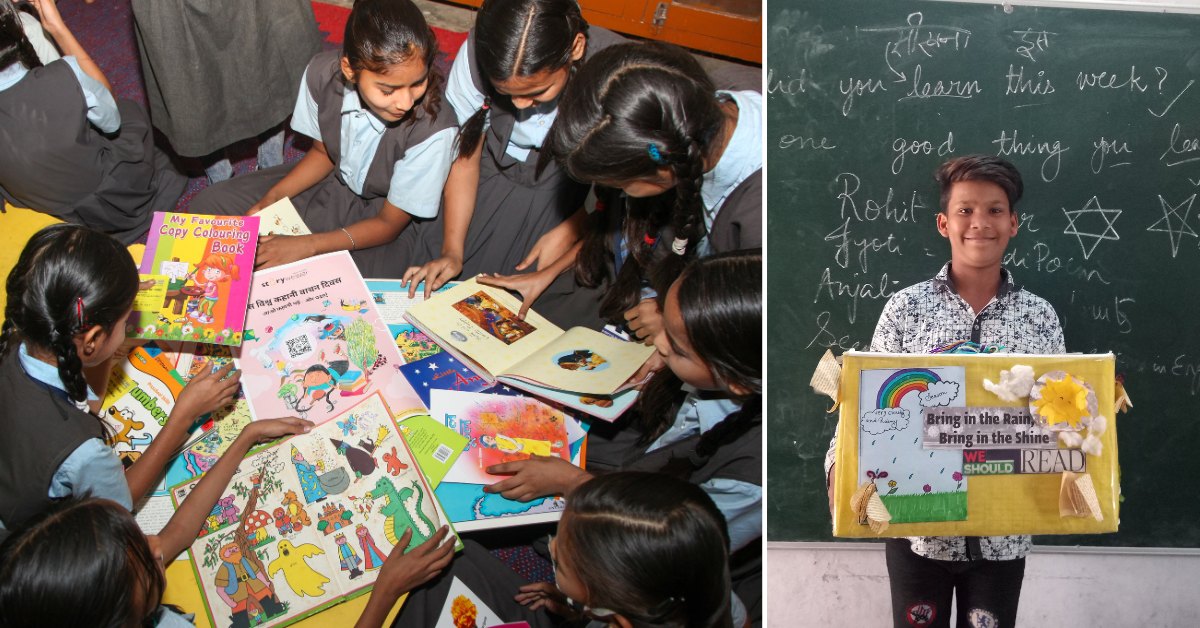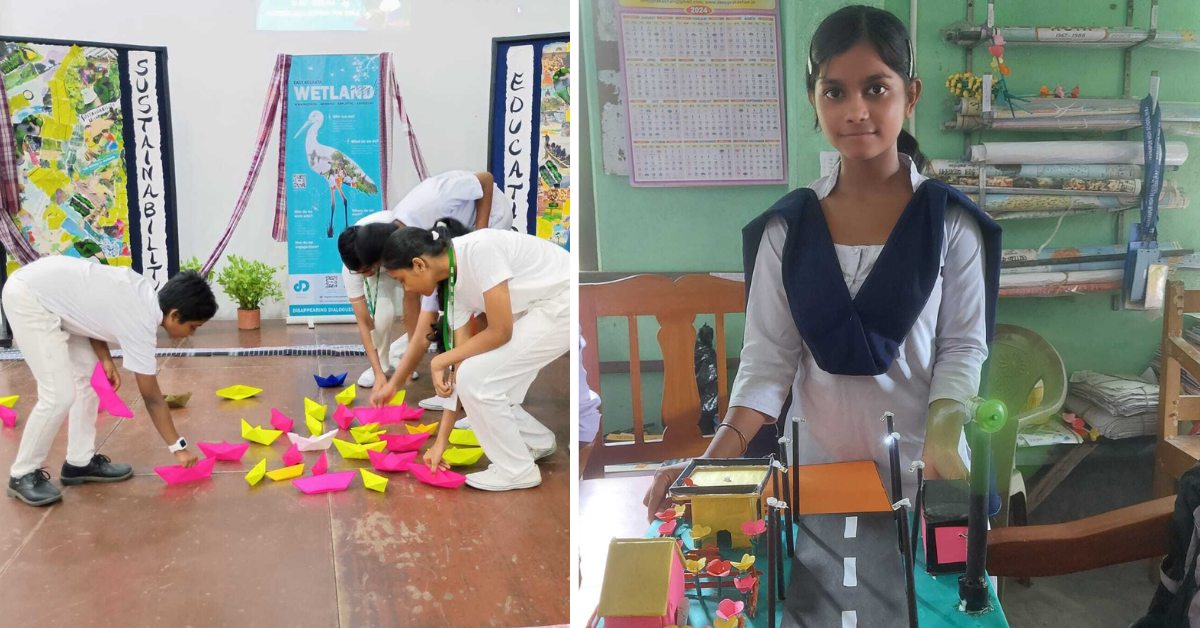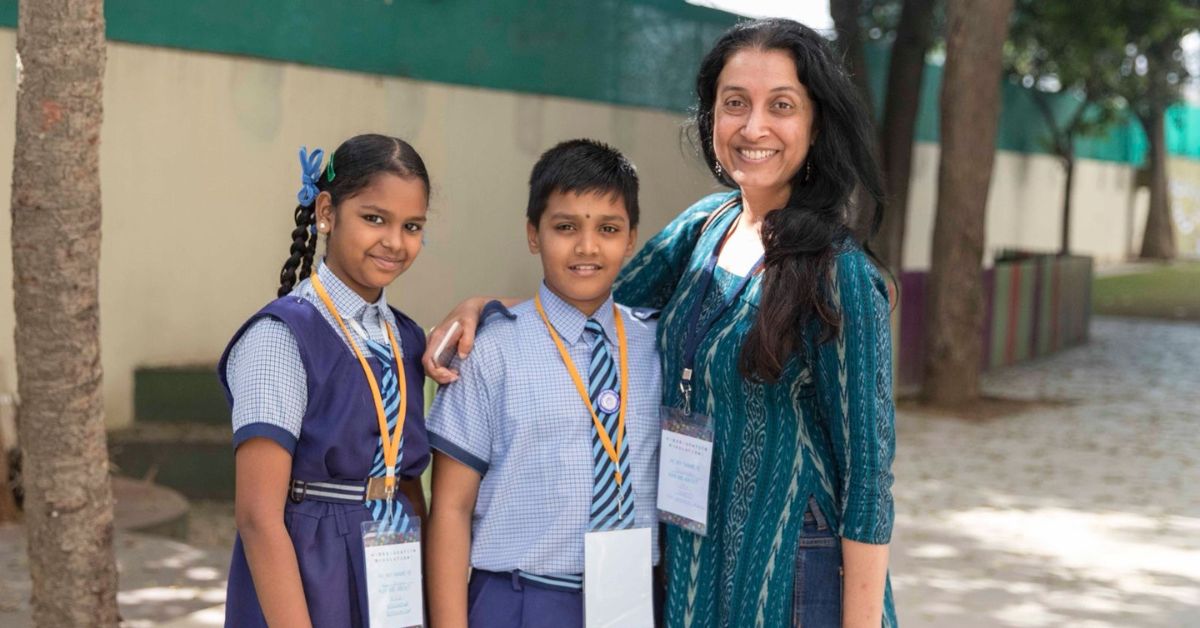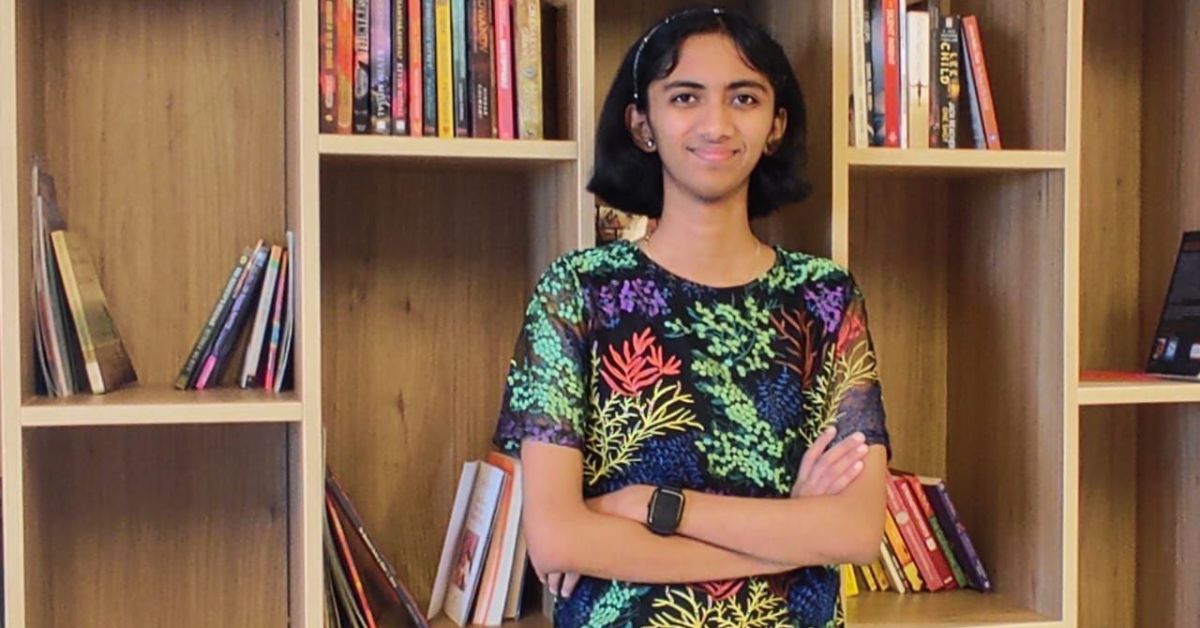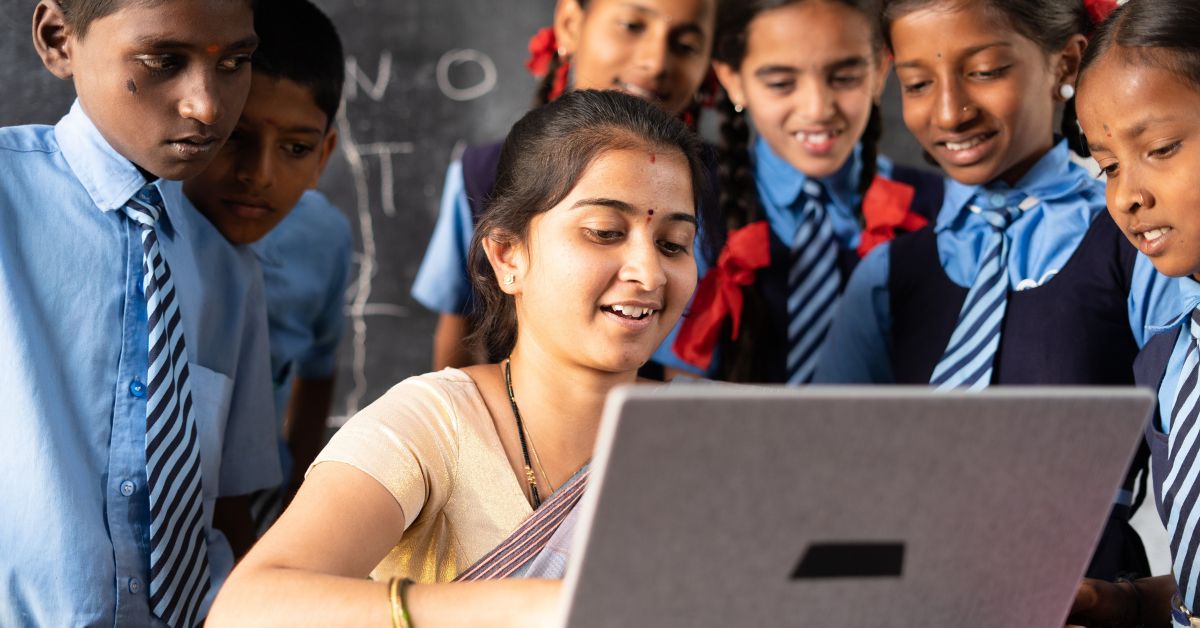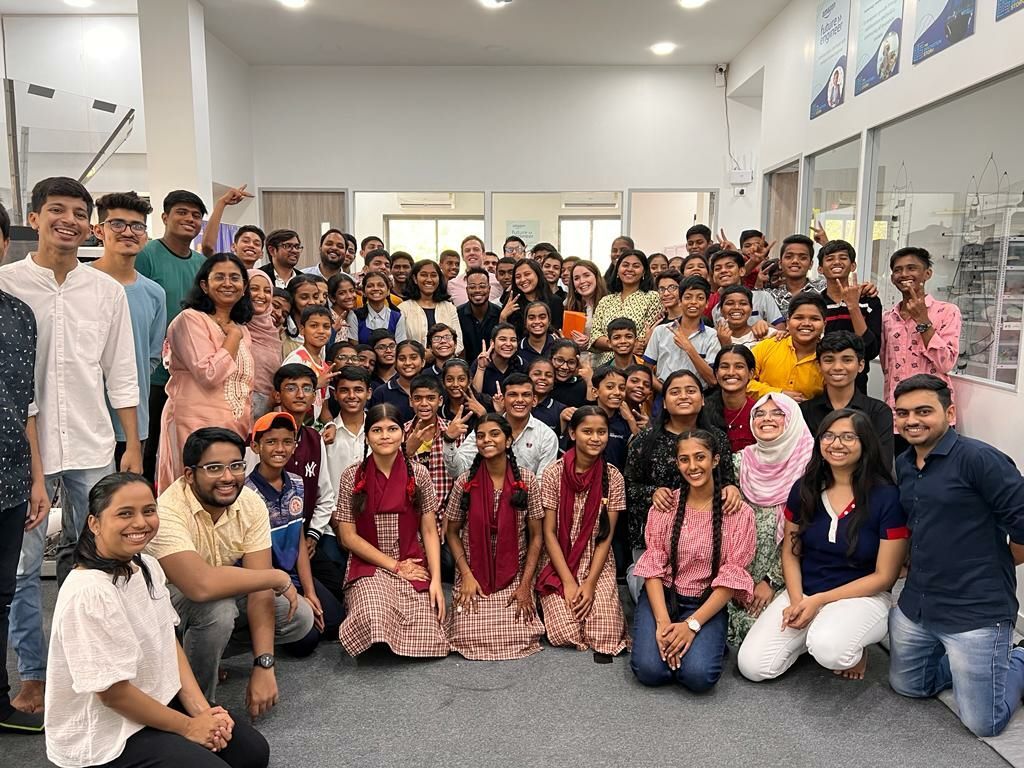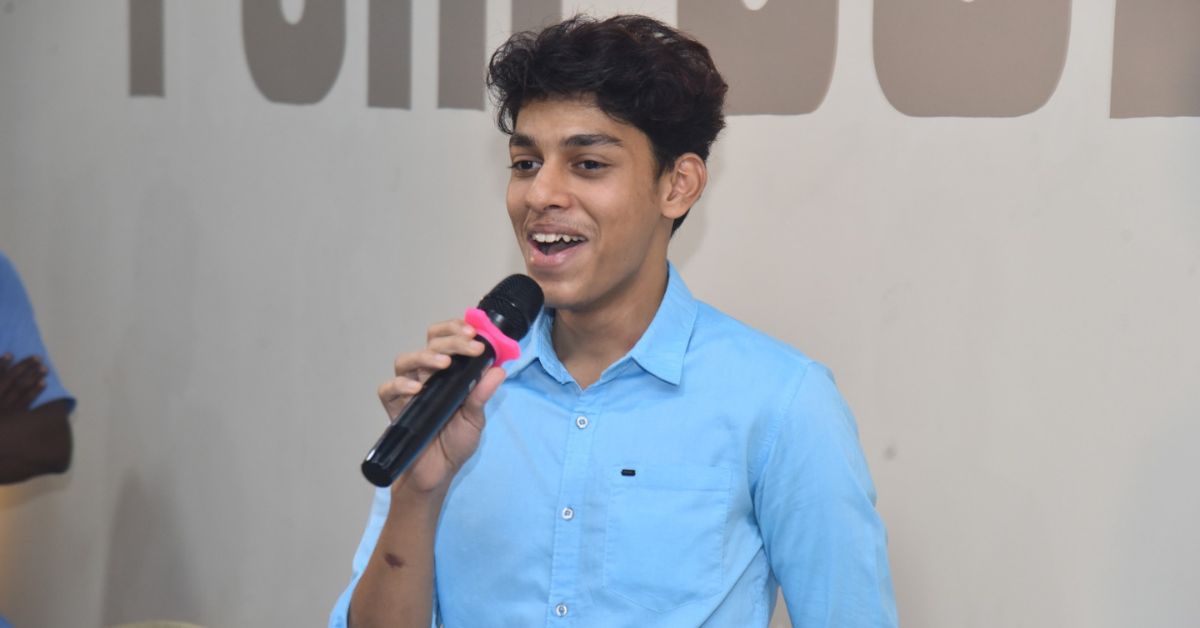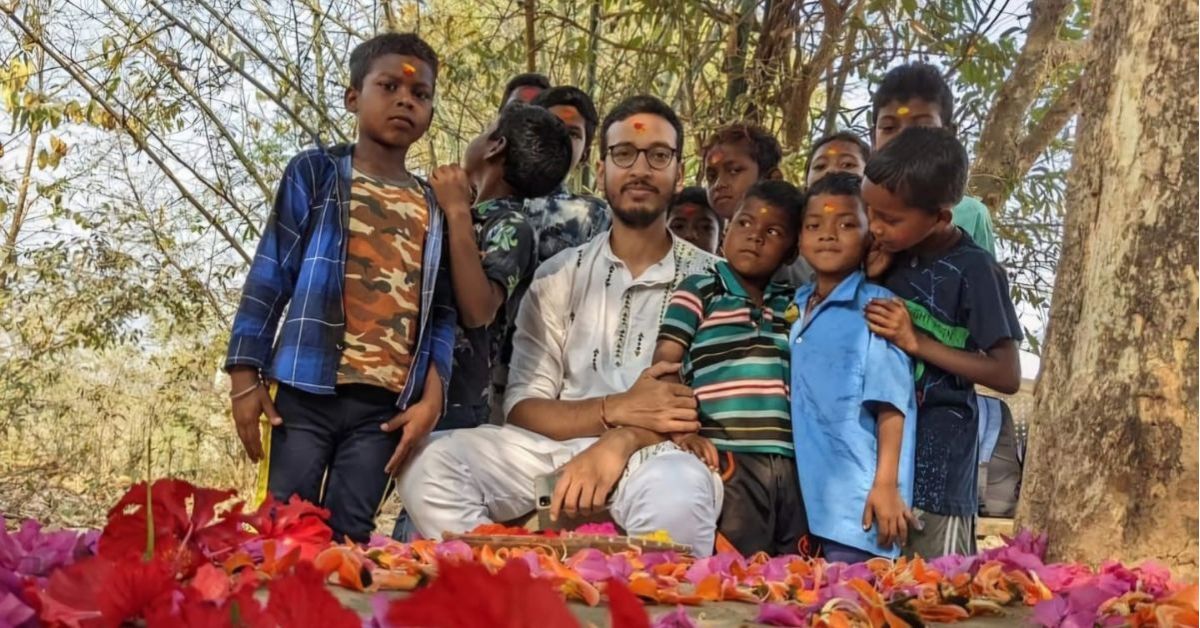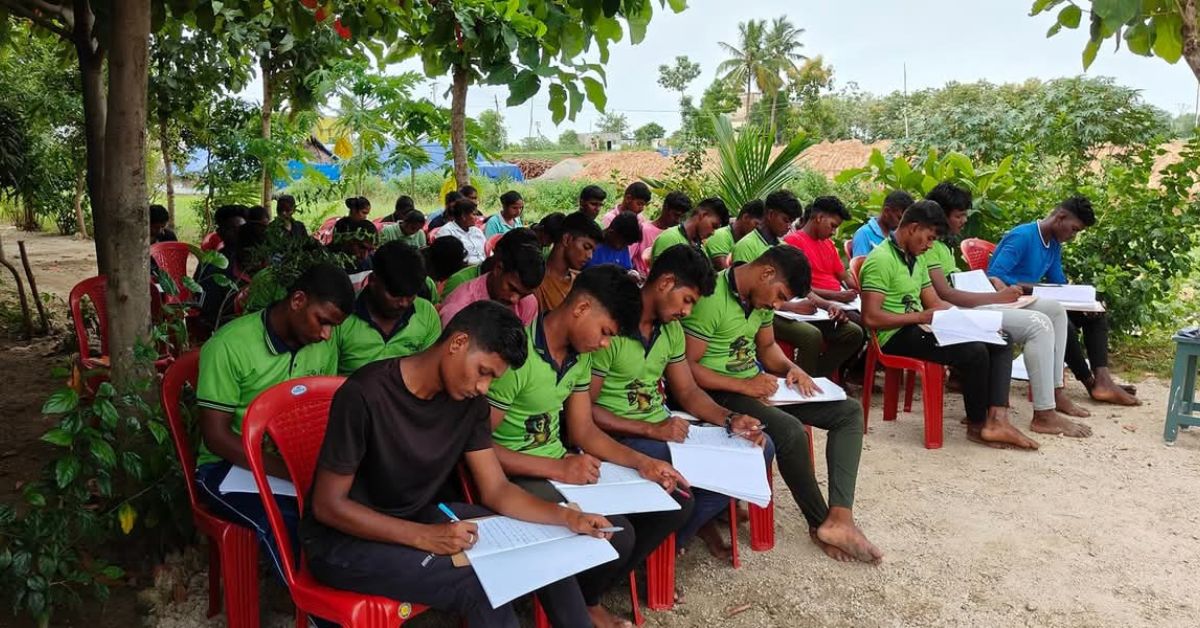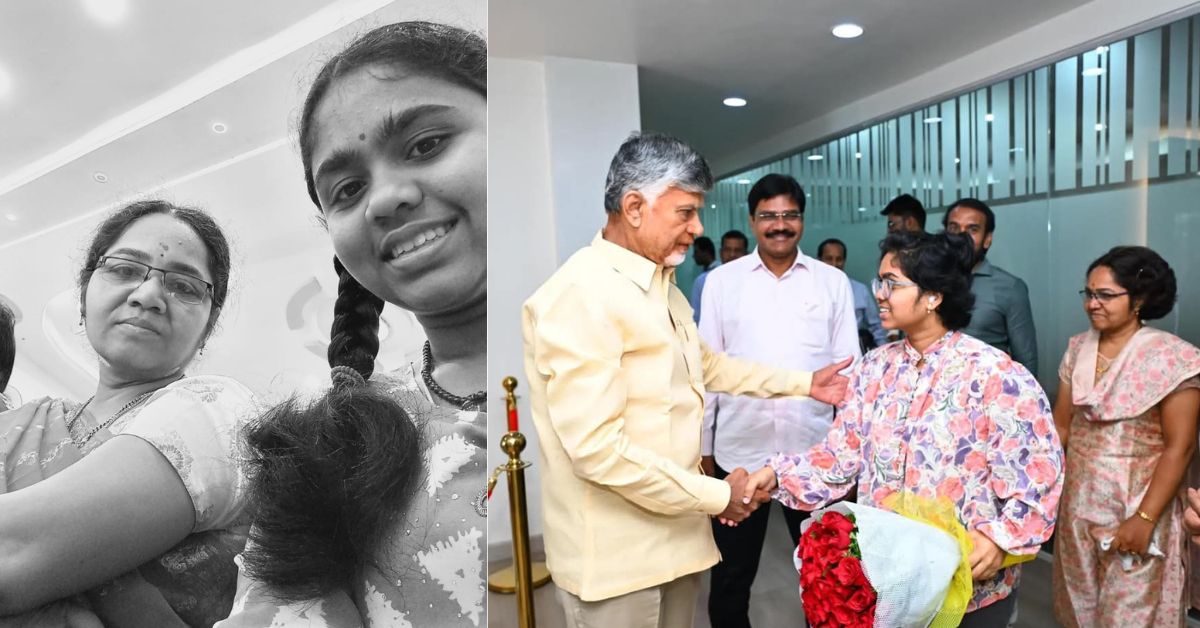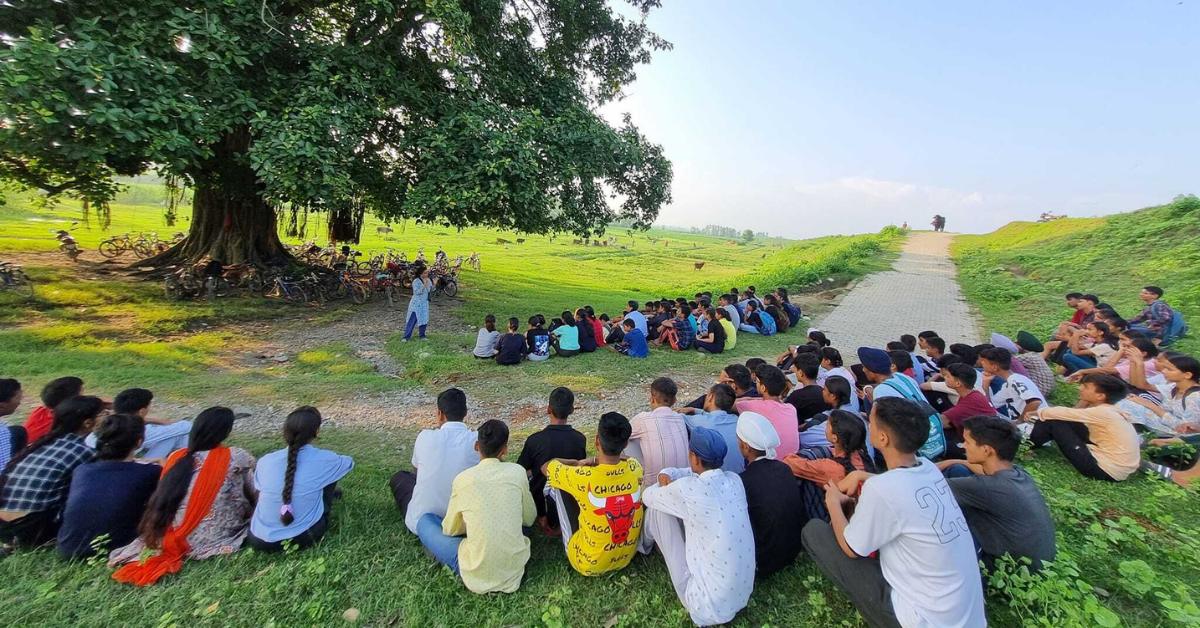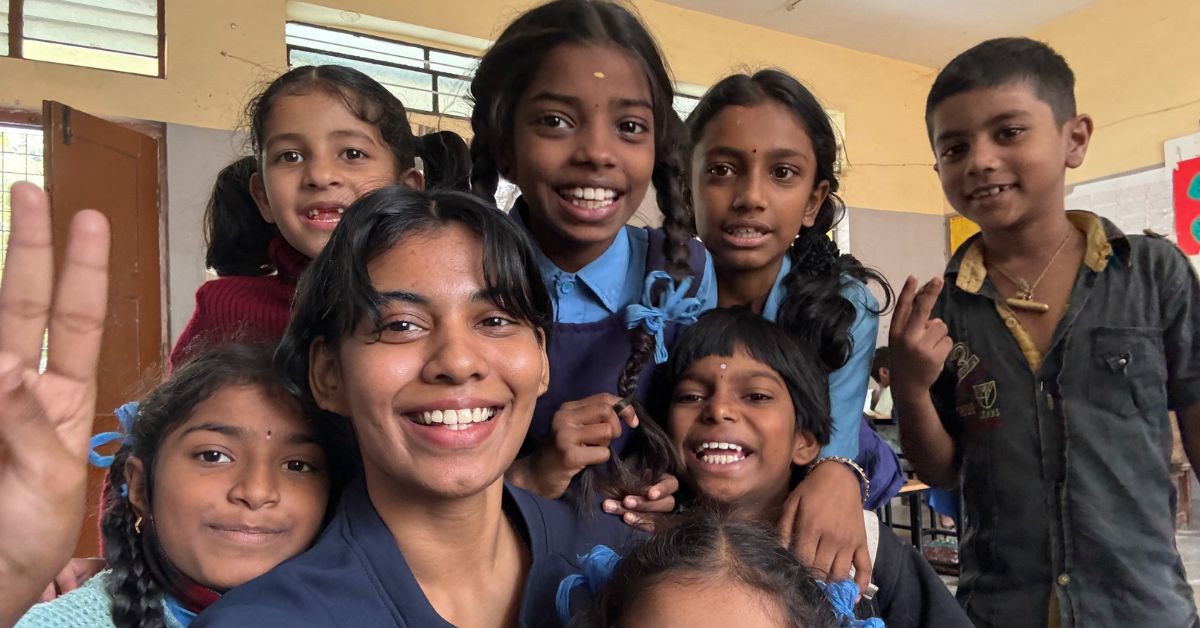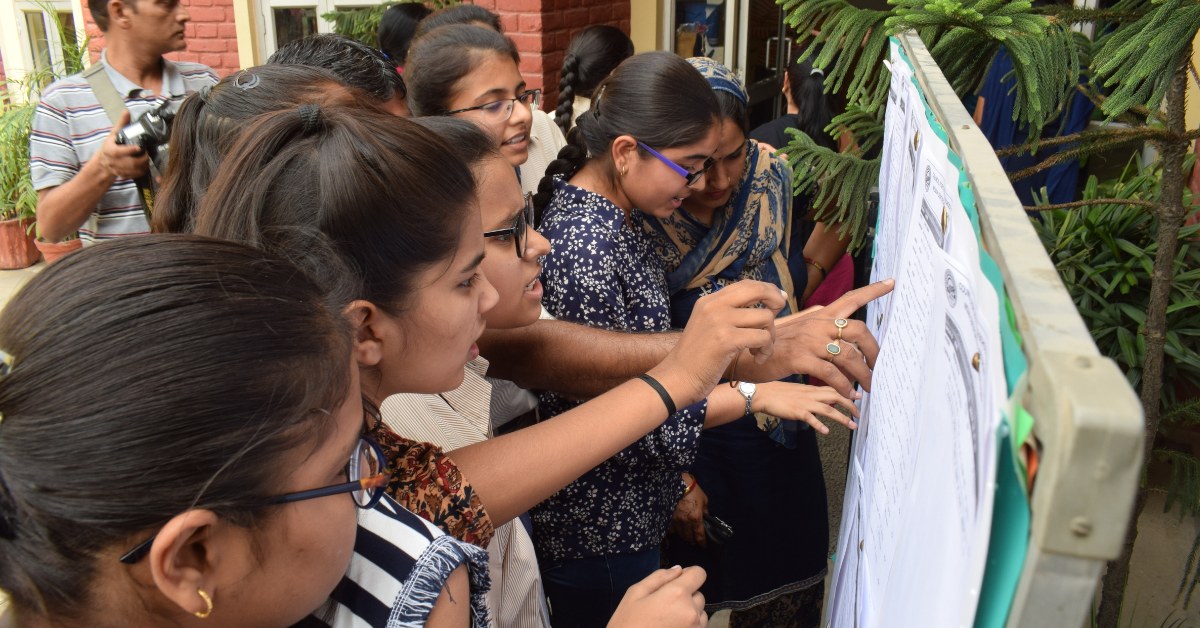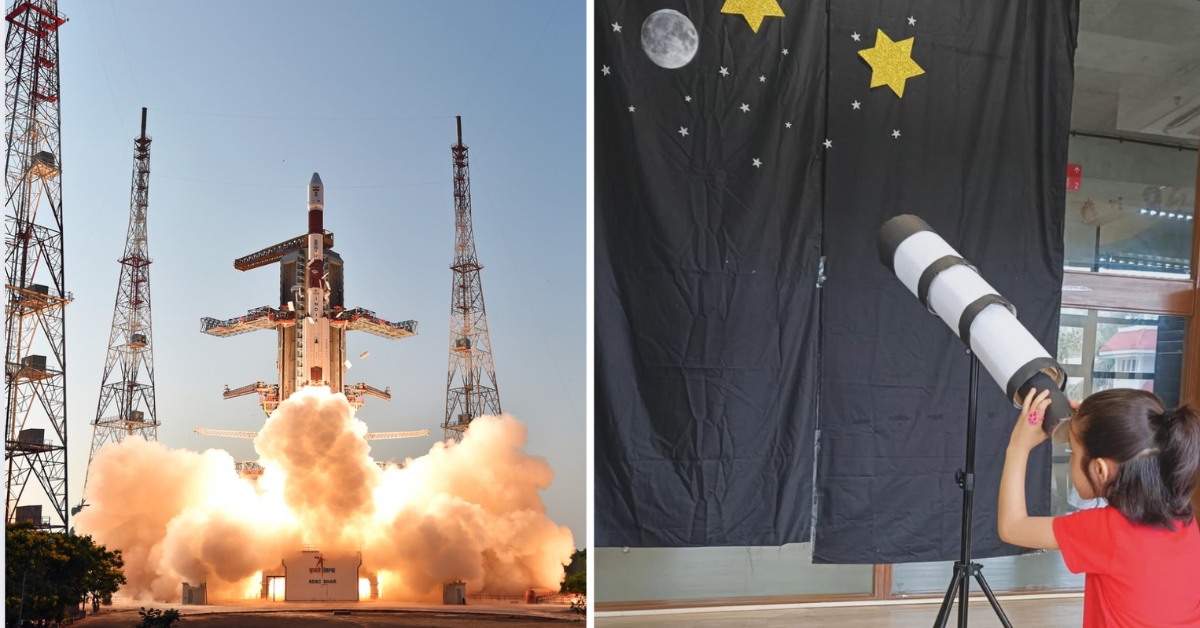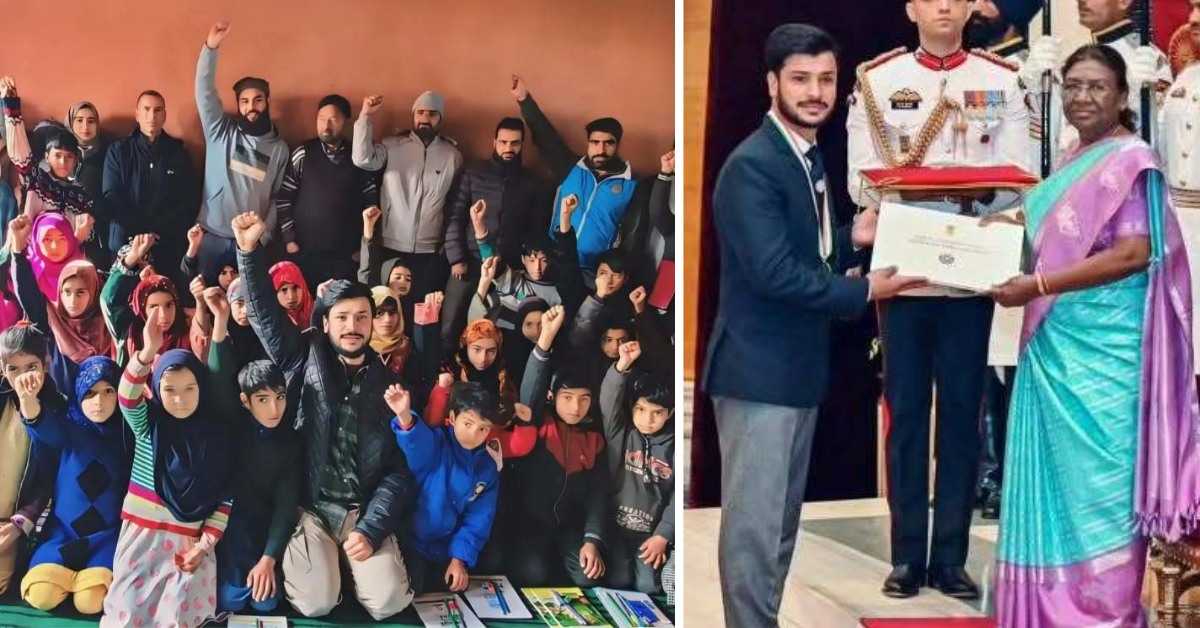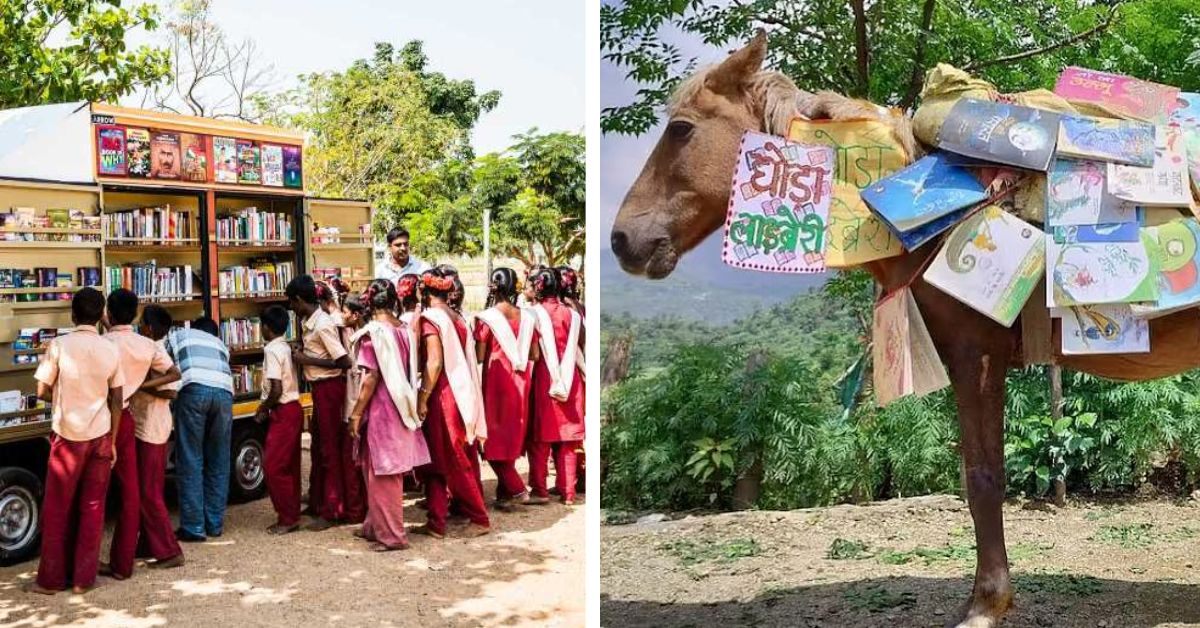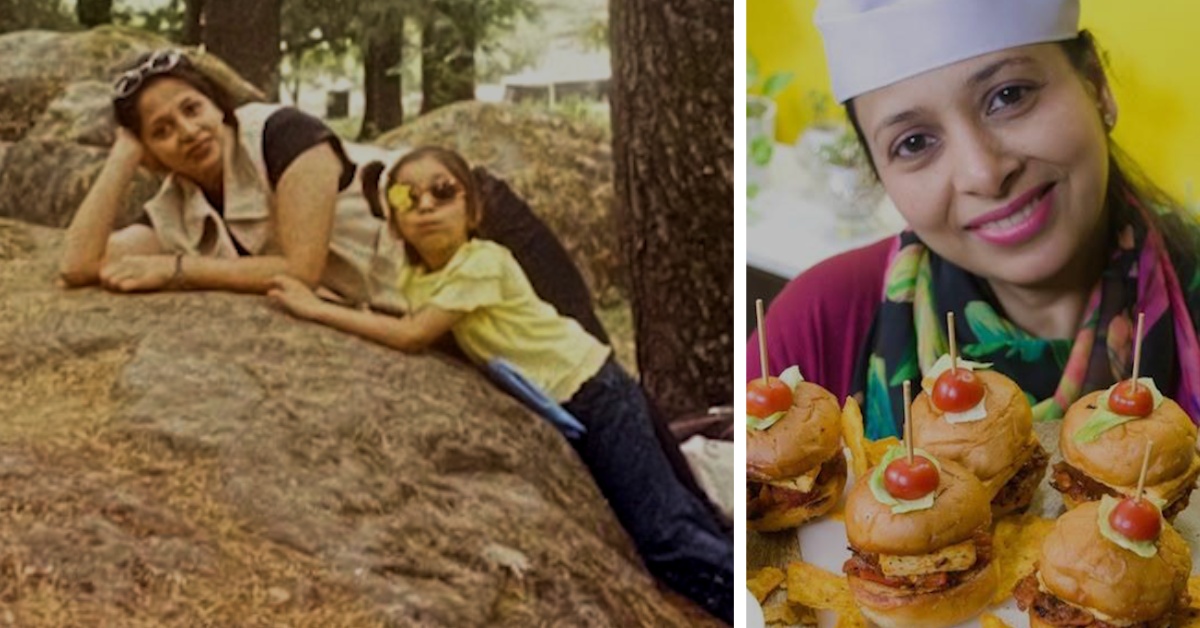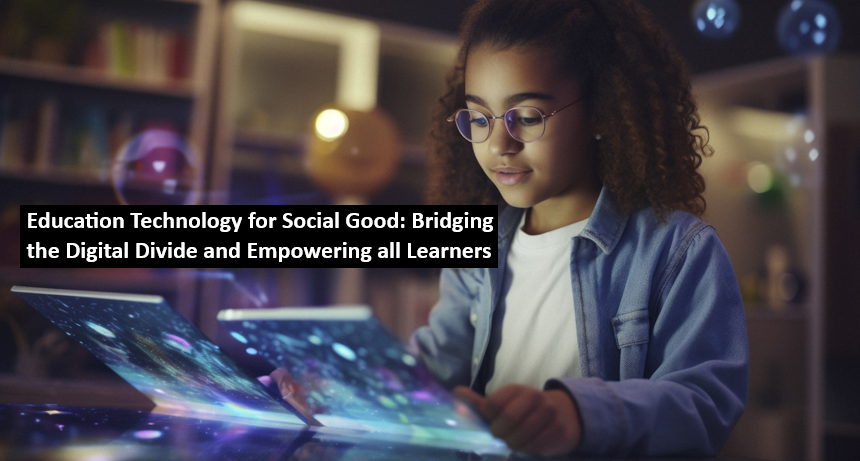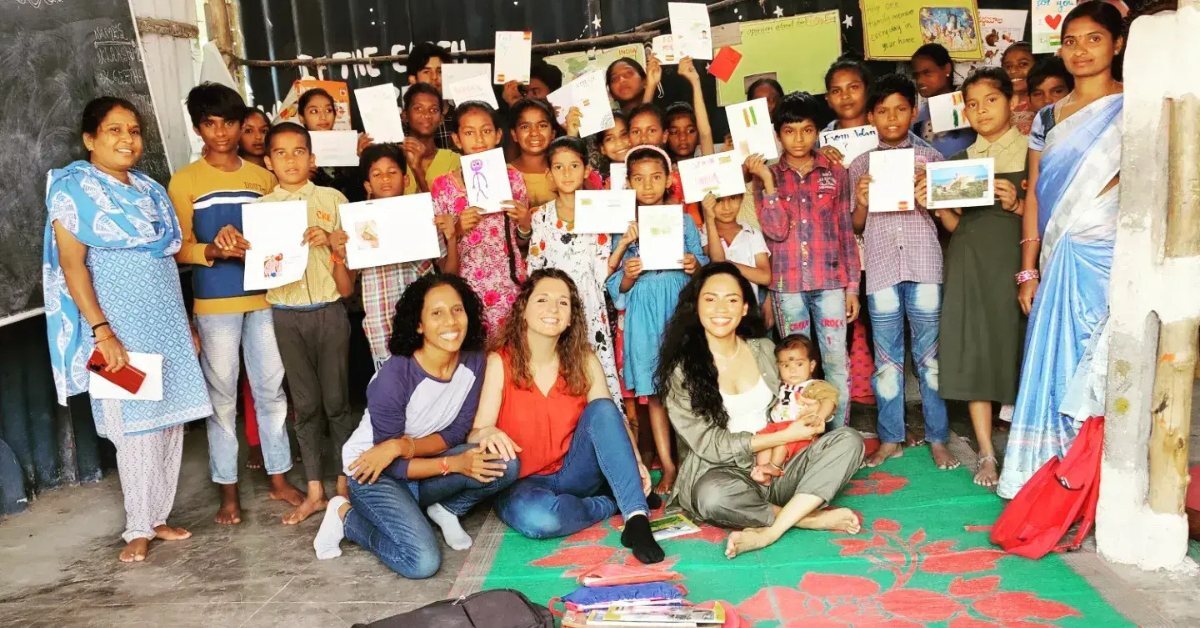
“I used to collect garbage with my family. I did not think I would ever go to school, and now, I dream to become an IAS officer,” says Aavula Deva Kumari, a 14-year-old student.
At a traffic signal in Kukatpally, Hyderabad, a young girl holds her hand for change. Nearby, a boy sells flowers to passing motorists. For these children, school is not just a distant dream but an unachievable aspiration.
Yet, just a few steps away from the traffic signal, in a small and brightly painted classroom, something different is taking place. Children who were once destined for the streets are now learning to read, write, recite poetry, solve sums, and most importantly, dream.
This is the story of Chotuu Ki Education (CKE), an organisation working to improve the lives of children living on the streets by giving them an opportunity to learn and grow through education.
Women who made education a reality for these kids
In 2016, Yuvaneshwari Kanagasabapathy, affectionately known as Yuva, had just moved to Hyderabad for her job in pharmaceutical research. Yet her mind was never far from social causes. During her postgraduate studies in Chennai, she had volunteered extensively at orphanages and shelter homes, mentoring children who had little access to quality education.
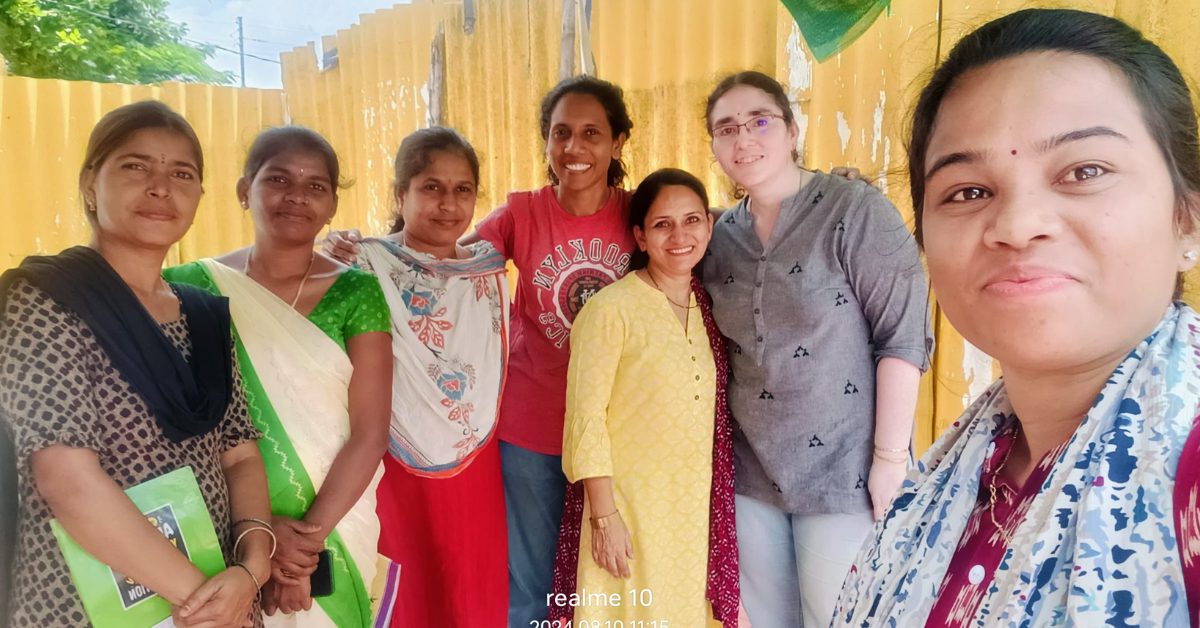
“I started by teaching science to a handful of children in an NGO,” she tells The Better India. “Slowly, I took on more responsibilities and realised how education could bridge social inequalities.”
When Yuva settled in Hyderabad, she encountered children begging on street corners and signals. While many walked past, she sought out NGOs that worked with such communities. To her surprise, she found very few focused on educating the children of beggars in this area.
Meanwhile, Ramana Madhavi Sankara, originally from Guntur and currently working at Dr Reddy’s Laboratories, was on a personal journey to find her sense of purpose. She came from a family of doctors who had long been organising free medical camps for underprivileged communities. Growing up, she often visited underprivileged schools in Guntur, witnessing firsthand the struggles and barriers faced by children from disadvantaged backgrounds.
Despite this connection, she felt unsure about how she could make a difference, especially when it came to working with children.
“My family’s commitment to helping others motivated me greatly, but I did not quite know where to begin,” she reflects thoughtfully.
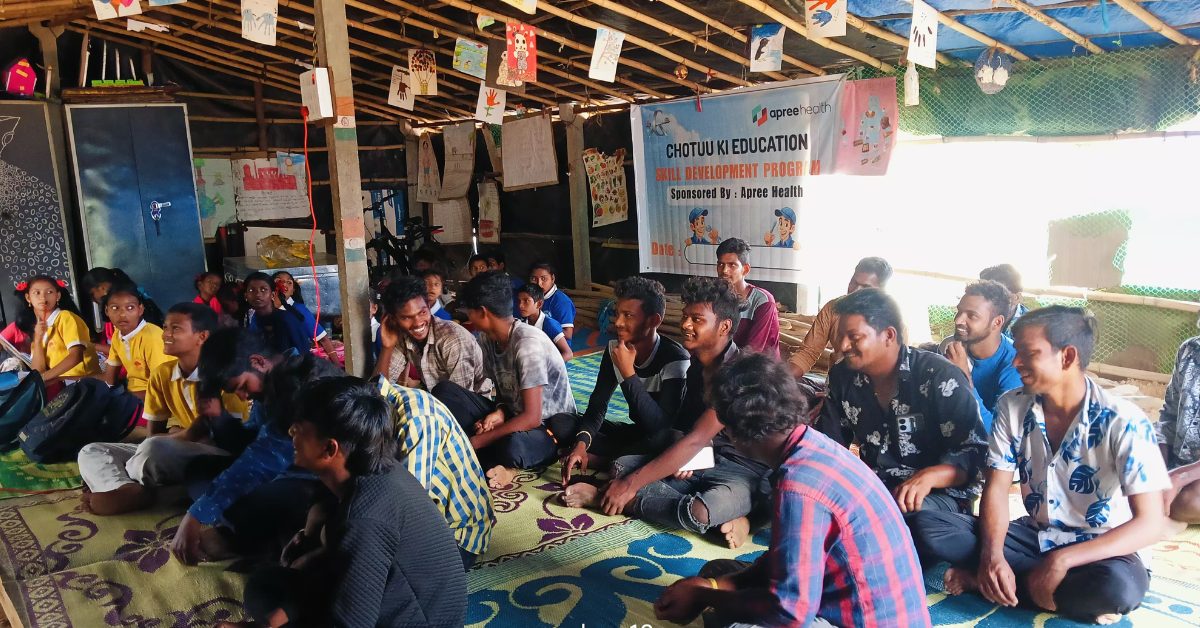
Their paths crossed serendipitously at a Women’s Day event at their workplace. Hearing of Madhavi’s interest, Yuva introduced herself and proposed an idea, “What if we started an education programme for these children?”
“We were not even friends then,” Madhavi laughs. “But I said yes immediately. Our hearts were aligned before we even spoke.”
No classrooms, just a handful of children and tutors: The classes went on despite rain or sun
And so, in 2016, on a dusty street corner in Hyderabad, Chotuu Ki Education came to life. It was not an official group initially, just two women working hard to help a community. They started holding classes on weekends for children who had either dropped out of school because of personal situations or had never even been inside a classroom. With immense hope and determination, they began their journey to help these children learn and grow.
With just a handful of children from local slums, the duo kick-started CKE. Most of these children spent their days begging, collecting scraps, or helping their families earn a meagre income.
“We knocked on doors in KPHB, asking parents if we could teach their children for two hours on weekends,” Yuva explains. “The parents agreed, but only on one condition, that we did not interfere with the children’s begging hours. So, we started holding classes very early, at 7:30 in the morning, before the children headed out for begging, which was after 10 am.”
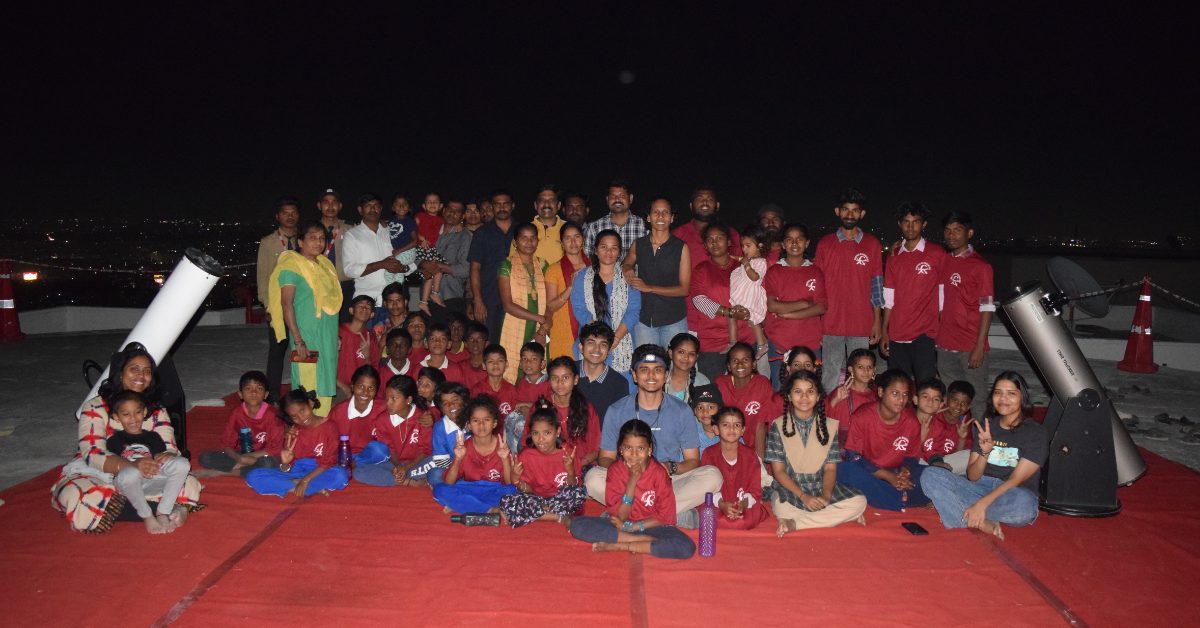
Lacking a formal space, lessons took place wherever space was available, including dusty footpaths, beneath rickety makeshift shelters, and wherever they could find a moment of calm. Slowly, word began to spread about the initiative. Curious passers-by stopped to watch, touched by what they saw, some stepped forward to volunteer and help.
“Earning their trust was the hardest part,” Madhavi recalls. “Parents feared we would disappear after a short while, leaving their children behind once again. But we never missed a single weekend, no matter the weather, rain or shine, we tried to show up every weekend and convinced the community through our dedication.”
Bit by bit, the children started looking forward to these weekend classes. They did not just show up for the lessons; they came because it was a place where they felt safe, where kindness greeted them, and where they could be themselves and interact with other children.
From a weekend initiative to an NGO
By 2019, it was time for Chotuu Ki Education to adopt a more structured approach. The founders decided to formalise the initiative that had begun as a small weekend effort into an NGO, and new learning centres began opening in Jeedimetla, Bollaram, Miyapur, and Nizampet over the years, reaching even more children desperately in need of support.
But with growth came new challenges. Many of the children who, after completing the bridging classes, enrolled in government schools found themselves struggling once again. The leap was too harsh as adjusting with other students was not easy, and too often, they dropped out all over again. It was a reminder that the path to education is not just about getting through the door, it is about making sure the children are ready to walk the journey ahead.
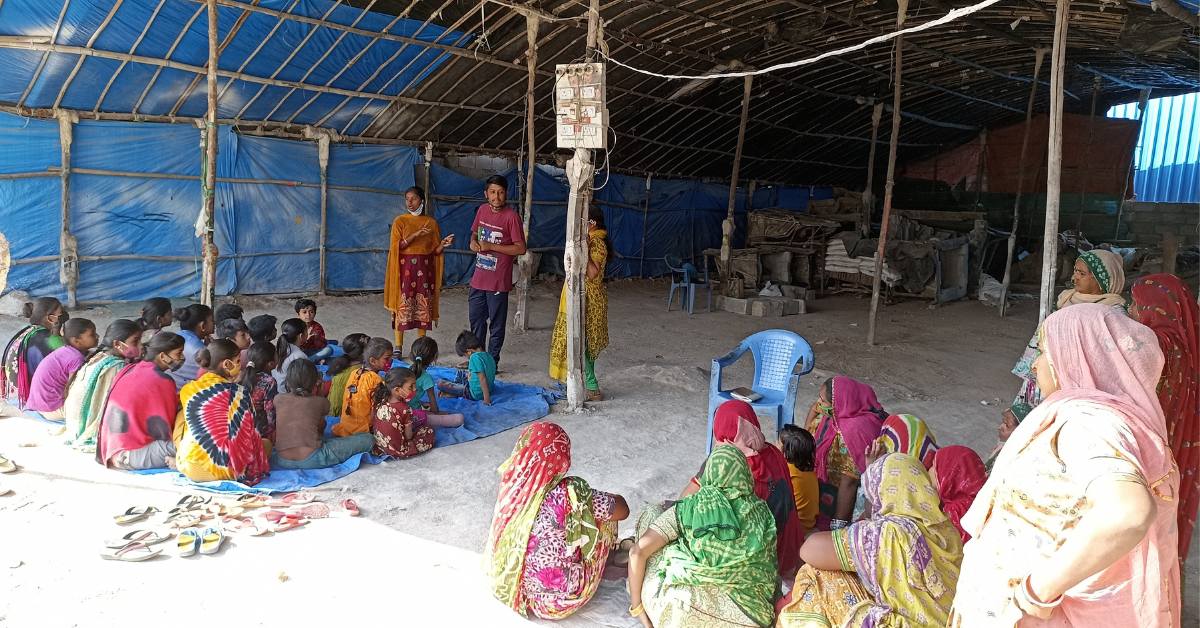
“That is when we realised a short-term bridge was not enough,” says Yuva. “So we changed our approach and shifted to full-time learning centres where children can stay with us until they turn 16 years old. After that, we help them prepare for and enrol in the Class 10 open school exams.”
CKE is no longer just offering extra help; it has grown into a school in its own right. It is a place where learning is shaped around each child. The team stays flexible and patient, understanding that every child comes with their own pace, struggles, and strengths. The founders want each child to feel seen and supported through the foundation.
Over the years, a shift has also taken place in the mindset of the parents. Families who once saw begging or daily labour as the only path for survival have begun to dream bigger. More and more parents now want what every parent wants: a better life for their children. They no longer see education as a luxury, but as a necessity. They want their children to study, grow in confidence, and one day find sustainable work of their choice.
To support this change, Chotuu Ki Education now runs four full-day learning centres, open from Monday to Saturday, 9 am to 3 pm. Each centre is led by a full-time teacher who teaches academics and also builds trust and connection with every child.
The school day begins with a morning prayer, followed by ‘me time’, which is a reflective session where children are encouraged to speak freely about their thoughts and feelings.
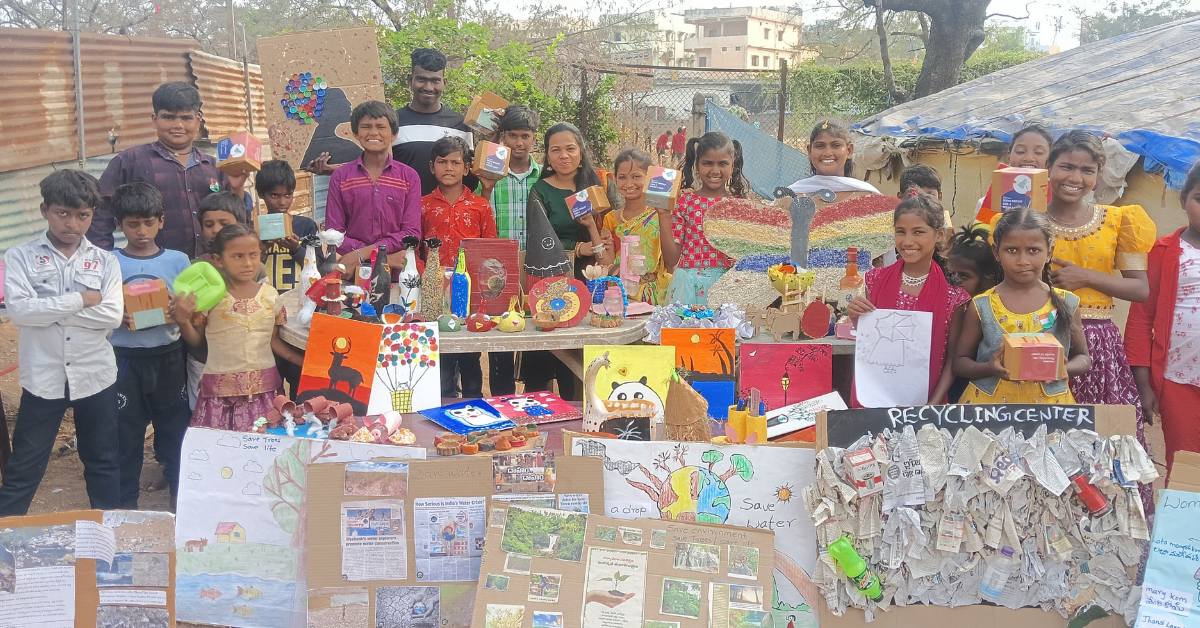
“This gives them the space to open up. A lot of children come from difficult backgrounds, and so, we want them to know they are in a place where they matter, where they are seen and heard,” Madhavi explains.
A new blueprint for learning suitable for every child
Children are not grouped by age but by ability, so each child can learn at a pace that suits them. The curriculum follows the Telangana State Board, covering core subjects like Telugu, Hindi, English, Maths, Science, and Social Studies. The organisation is trying to provide an education that goes beyond textbooks and rote learning.
The team focuses on life skills and moral values that shape children into thoughtful and dynamic individuals. They learn about personal hygiene, gender sensitivity, and the difference between good touch and bad touch.
They are encouraged to communicate with respect, support one another, and grow with empathy. The teachers work patiently and intentionally to create an environment where every child is ready to take on the world, both inside and outside the classroom.
Every Saturday, the centres come alive with something different. The usual school routine is replaced with fun activities, as volunteers from corporate partners step in to lead special sessions.
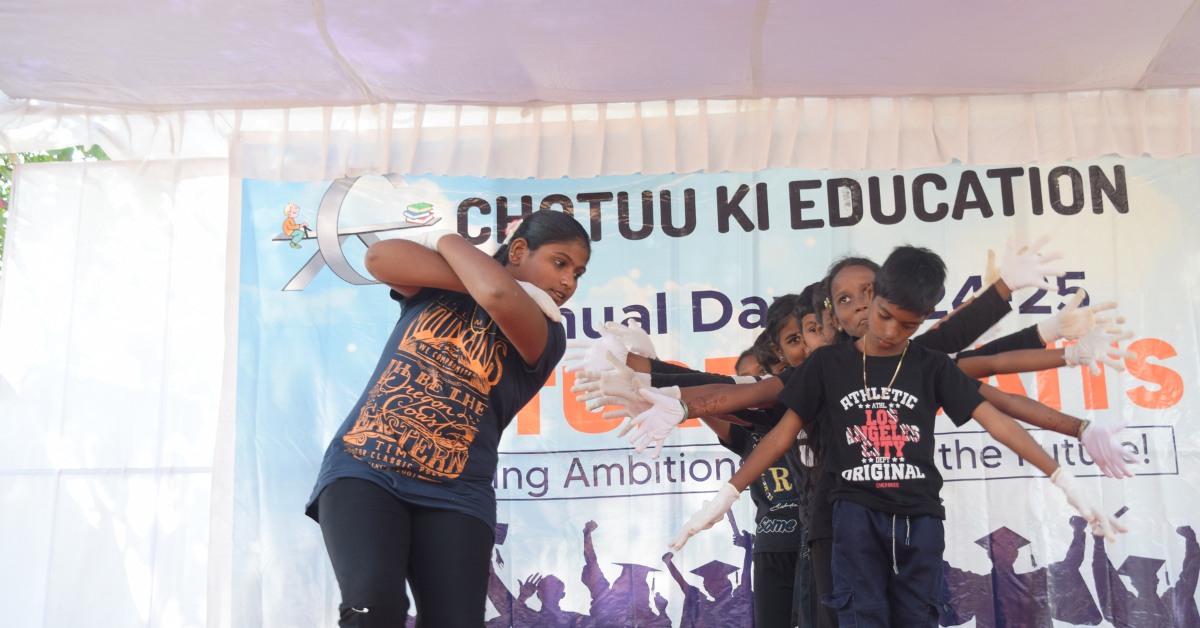
Children explore new skills, from English communication and basic computing to chess, dance, and painting. They love the art sessions as they explore waste and recycled materials to show their creativity and resourcefulness. These sessions not only break the monotony of the week but also give them a chance to discover talents they never knew they had.
The students also look forward to two of the most exciting events of the year – Annual Day and Sports Day. These are moments when they step into the spotlight, performing plays, dances, and speeches in front of their peers, teachers, and families. On Sports Day, the playground bursts into life with friendly competitions in kho kho, football, cricket, and other games that encourage teamwork and spirit.
“The Sports Day and Annual Day help to celebrate how far the children have come, and they also get certificates for performing well. We discover talents and motivate them to follow their passion along with studies,” explains Yuva.
From Streets to Classrooms: How CKE Is Helping Children Rewrite Their Futures
Take Deva Kumari, whom we mentioned earlier, for instance. When she first came to CKE in 2021, she was just a young girl from Perecherla in Guntur, Andhra Pradesh. She spent her days collecting rubbish to help her family survive. She had never imagined a different life for herself, let alone a classroom where she would be prioritised.
“My favourite part of my classroom is my teacher,” she says with a smile. “Her encouragement changed everything for me. I have learnt how to behave in society, how to believe in myself, and how to dream of a stable future.” Today, she aspires to become an IAS officer, but what stands out even more is the change in her personality. “I have become more responsible and have learnt to control my emotions. I know who I want to be,” she adds.
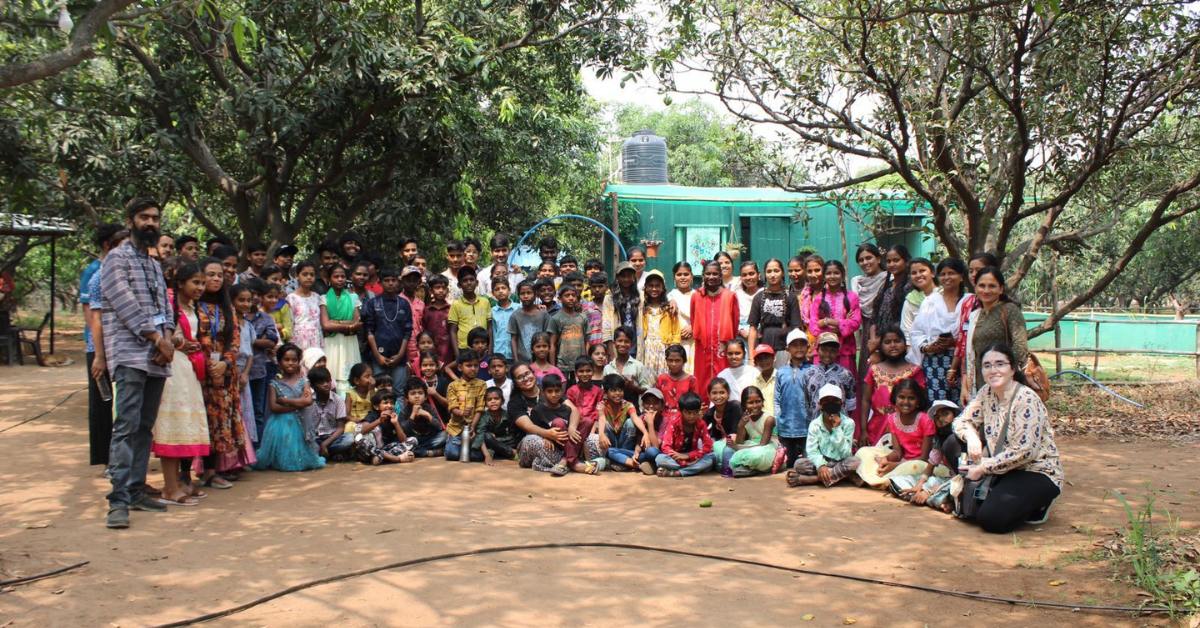
When asked what she would say to other children who have left school, she says, “Don’t give up. Coming back can be a fresh start, and it is never too late. Everything is possible if you try.”
Nekaram Solanki, now 19, joined Chotuu Ki Education in 2019. He grew up in a family of idol makers from Rajasthan, where education was never part of daily life. For generations, his family had earned a living by crafting Ganesha idols, and he was expected to do the same.
“Before joining CKE, I was just roaming around,” he recalls. “From June to November every year, I would help my parents make idols. I was not studying at all, and school did not seem like something meant for me.”
But his world changed when he stepped into CKE. For the first time, he was given a chance to learn from the very basics, with teachers who saw potential in him and supported him every step of the way.
“I got the chance to study, something no one in my family ever had. Now, I am not just dreaming for myself. My whole family is dreaming with me,” he adds.
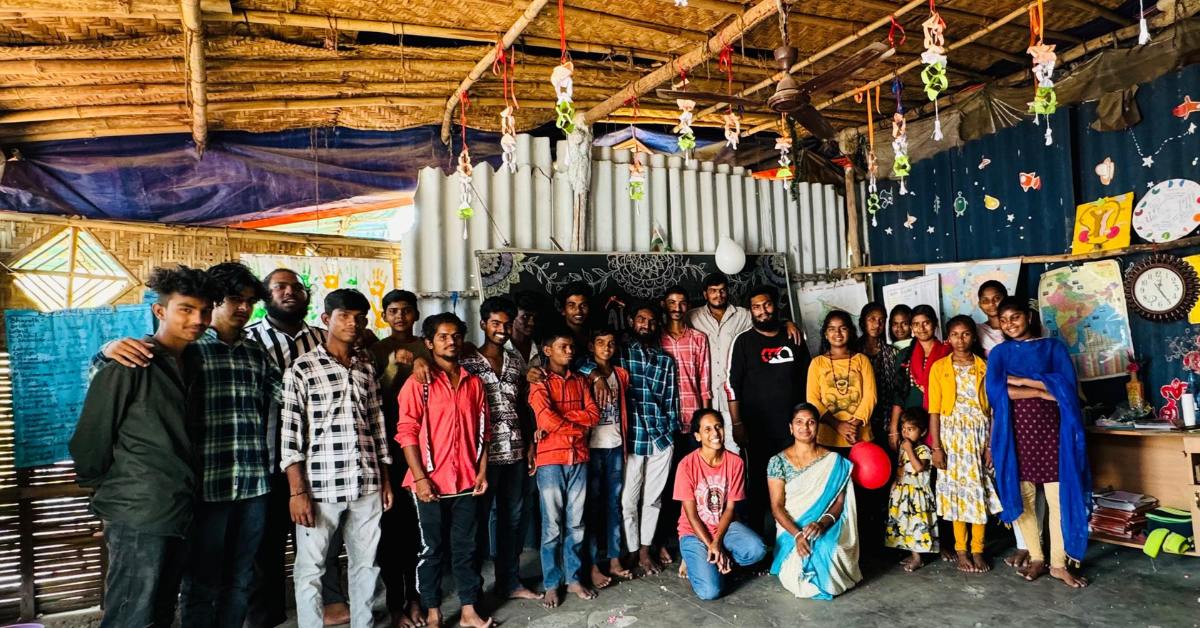
Today, Solanki is studying computer science in junior college, an achievement made possible by the encouragement and resources provided by the organisation. His eyes are now set on a future once unimaginable. “I want to become a software engineer,” he says, without hesitation.
When asked what message he would give to other children who have dropped out or never had the chance to start school, he says, “If you join CKE, you will receive all the support. You can finish your education, and then think of building a stable future.”
CKE’s growth has been powered by people, from self-funded beginnings to wide-reaching partnerships. Companies like Amazon, Apree Health, Galenicum Health, Tata AIG, Indian Oil, and Salesforce have provided funding and also send volunteers to teach and mentor students every week.
“Now, our children visit corporate offices to present their science projects,” Madhavi beams. “It is so moving to see them speak confidently in front of professionals.”
They also receive support from organisations like ConnectFor, Pustakaar, the Marley Foundation, and the Professional Knowledge Foundation, which have strengthened curriculum design, teacher training, and outreach.
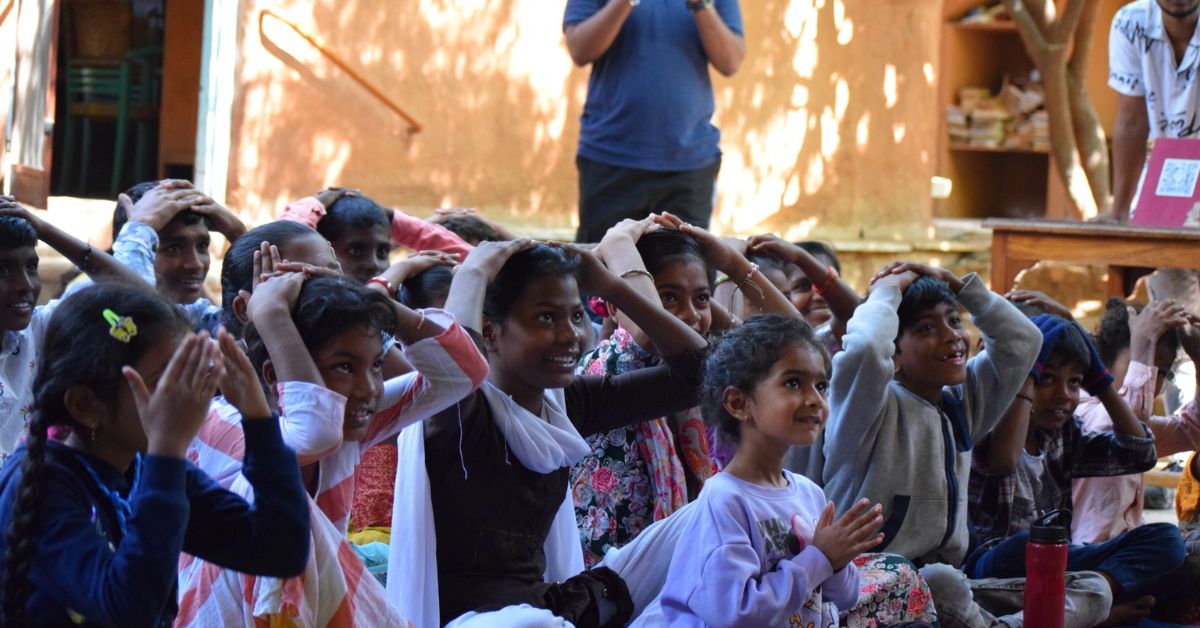
Since its inception, over 196 children have completed their education through CKE. Many have gone on to college, while others have discovered a passion for practical skills and creative crafts. But beyond qualifications or careers, each of them has gained a sense of self-worth.
A change made possible through love and attention to detail
Abhimalla Bhavani, a full-time teacher at CKE, says her journey with children from marginalised communities has been humbling and rewarding at the same time. “When I started in November 2021, I knew I wanted to make a difference, but the children have given me more than I ever imagined,” she reflects.
Working with students who had previously dropped out of school came with its challenges, like rebuilding trust, reigniting a love for learning, and helping them believe in themselves. “Many children arrived with low confidence and a fear of failure. But with patience, a safe space, and steady encouragement, I watched them slowly bloom,” she adds.
Bhavani brings learning to life through art, projects, and ‘No Bag Days’, where students explore nature and creativity outside the classroom. No Bag Day is a special day when students leave their school bags behind to focus on art, communication skills, and engaging activities that build a connection. “These experiences make learning joyful. I have seen children who once struggled now solve problems, think critically, and even teach their own families,” the teacher adds.
Perhaps the most impressive change is not just in the children, it is in their families too. Where there was once doubt and hesitation, there is now hope and pride.
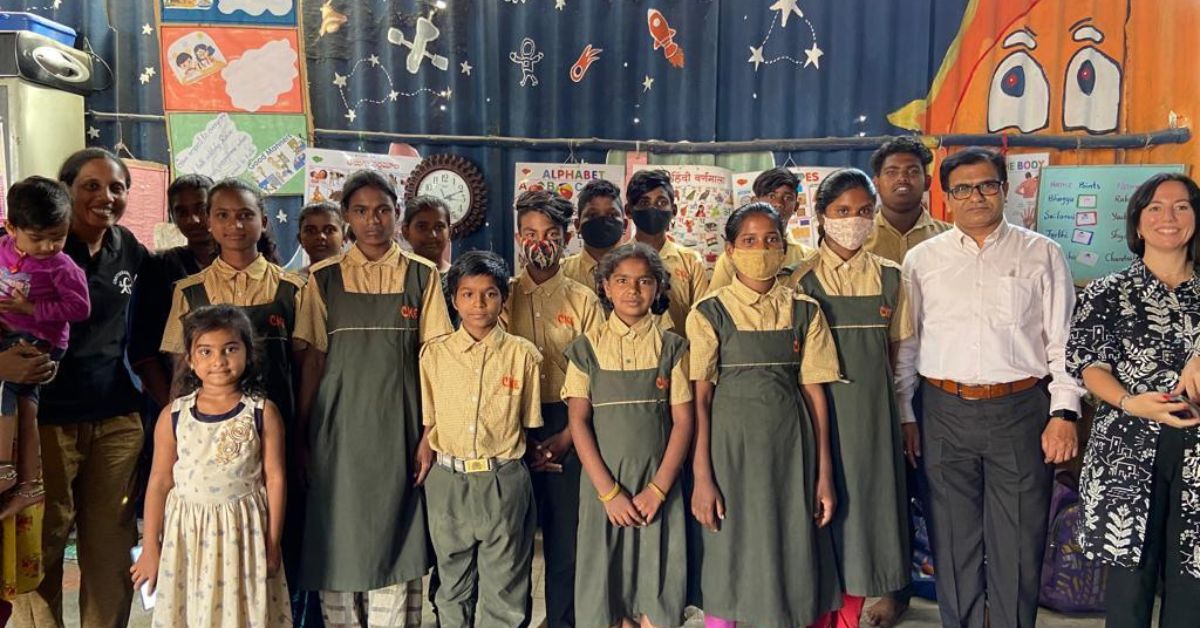
The initiative began with two women and a few children gathered on a street corner in Hyderabad, and it has grown into a second chance and a place where children are seen for who they are and what they can become, not just where they come from.
“There are still children out there begging at traffic lights, working in tea shops, or looking after younger siblings instead of going to school. We want to try helping as many as we can through the centres,” concludes Madhavi.
Edited by Vidya Gowri; All pictures courtesy Chotuu Ki Education (CKE)



